EXCLUSIVE INTERVIEWS
MENA startups to watch in 2023
Is your digital transformation sacrificing company security?
Female leadership How Saudi family businesses can be a catalyst for change

MENA startups to watch in 2023
Is your digital transformation sacrificing company security?
Female leadership How Saudi family businesses can be a catalyst for change
Tiemen Meester, COO, Ports & Terminals at DP World on navigating stormy supply chain seas and transforming environmental impact

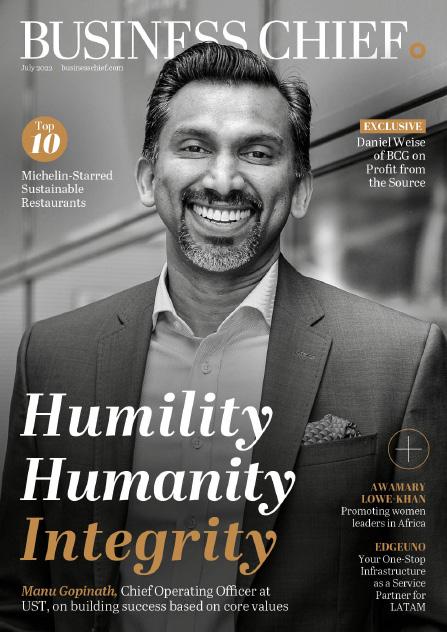

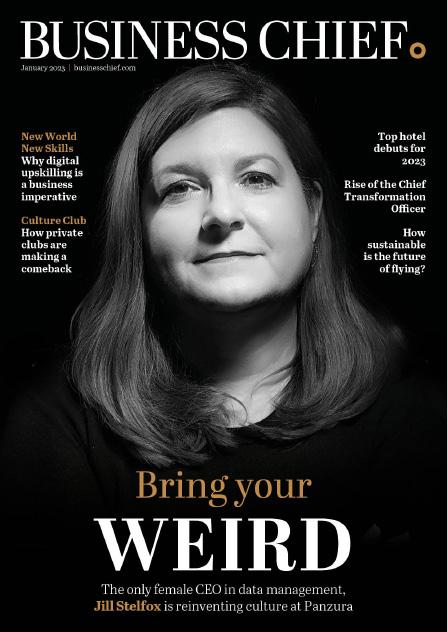


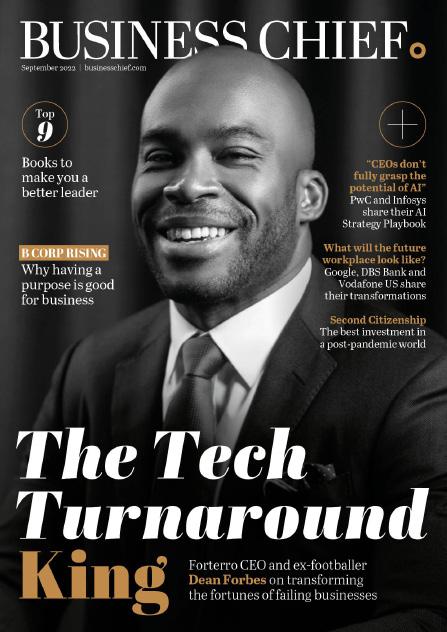
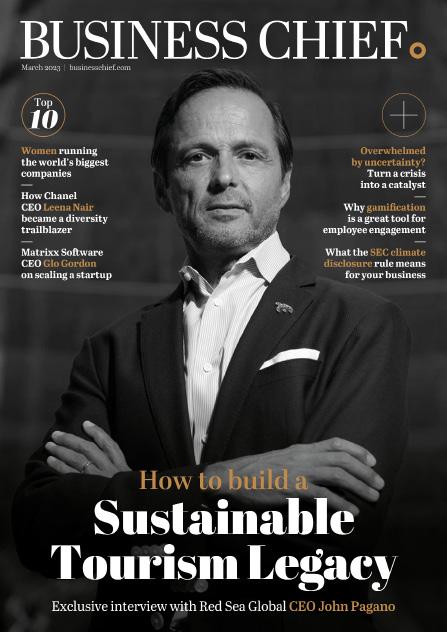










































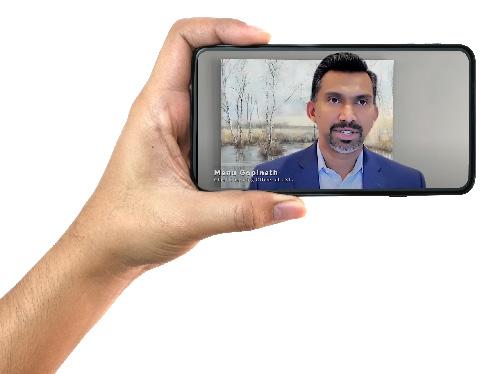
Business Chief magazine is an established and trusted voice with an engaged and highly targeted audience of 670,000 global executives





Digital Magazine






Website Newsletters
Industry Data & Demand Generation

Webinars: Creation & Promotion
White Papers & Research Reports
Lists: Top 10s & Top 100s
Events: Virtual & In-Person
WORK WITH US

EDITOR-IN-CHIEF
SCOTT BIRCH
EDITORS
KATE BIRCH
TOM CHAPMAN
MANAGING EDITOR
NEIL PERRY
CHEIF DESIGN OFFICER
MATT JOHNSON
HEAD OF DESIGN
ANDY WOOLLACOTT
LEAD DESIGNER
HECTOR PENROSE
FEATURE DESIGNERS
MIMI GUNN
SOPHIE-ANN PINNELL
HECTOR PENROSE
SAM HUBBARD
JUSTIN SMITH
REBEKAH BIRLESON
ADVERT DESIGNERS
JORDAN WOOD
DANILO CARDOSO
CALLUM HOOD
VIDEO PRODUCTION MANAGER
KIERAN WAITE
SENIOR VIDEOGRAPHER
HUDSON MELDRUM
DIGITAL VIDEO PRODUCERS
MARTA EUGENIO
ERNEST DE NEVE
THOMAS EASTERFORD
DREW HARDMAN
JOSEPH HANNA
SALLY MOUSTAFA
JINGXI WANG
PRODUCTION DIRECTORS
GEORGIA ALLEN
DANIELA KIANICKOVÁ
PRODUCTION MANAGERS
JANE ARNETA
MARIA GONZALEZ
CHARLIE KING
YEVHENIIA SUBBOTINA
PROJECT DIRECTORS
THOMAS LIVERMORE
MICHAEL BANYARD
JAKE MEGEARY
RYAN HALL
TOM VENTURO
STUART IRVING
CRAIG KILLINGBACK
JAMES BERRY
JAMES THOMPSON
MARKETING MANAGER
KAYLEIGH SHOOTER
MEDIA SALES DIRECTOR
JAMES WHITE
JASON WESTGATE
MANAGING DIRECTOR
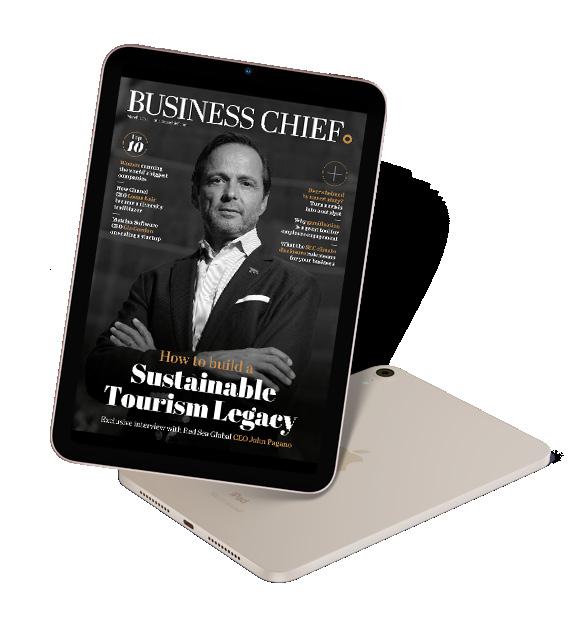
LEWIS VAUGHAN
CEO
GLEN WHITE
The Business Chief team has attended many industry events recently and seen two distinct areas of discussion – artificial intelligence and sustainability. Of course, the two are intrinsically linked, and there are hopes that AI could help in the ongoing fight against climate change.

While AI is being touted in some quarters as a threat to society, climate change remains the real existential threat.
Many business leaders in the Middle East see the opportunities rather than the threats when it comes to the implementation of AI, and that same optimism is permeating the sustainability landscape. Evidence of that can be found in PwC’s new ESG report, which we take a deep dive into this issue.
Further illustration of technology’s role in reducing carbon emissions can be seen at DP World, which has already made significant progress in its aim to be a responsible global business and continues to innovate in its ports and terminals operations.
With Dubai counting down to hosting the UN Climate Change Summit COP28 in November and December this year, we can expect an even greater focus on ESG. This region is once again showing the world what the future could look like. All it takes is vision.
SCOTT BIRCH Chief Content Officer BizClikscott.birch@bizclikmedia.com

This region is once again showing the world what the future could look like
12 BIG PICTURE World’s first 3D-printed Mosque to debut in Dubai
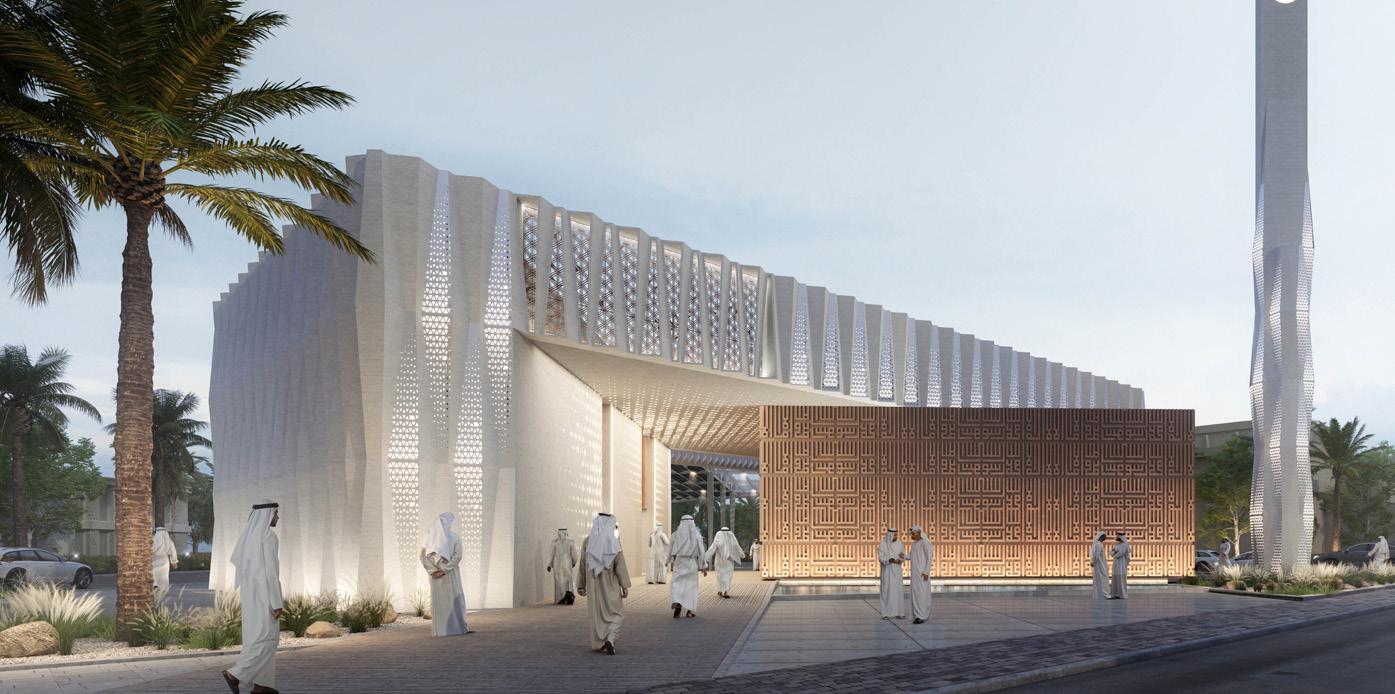
14 TRAILBLAZER Hussain Sajwani



18 FIVE MINS WITH Nameer Khan


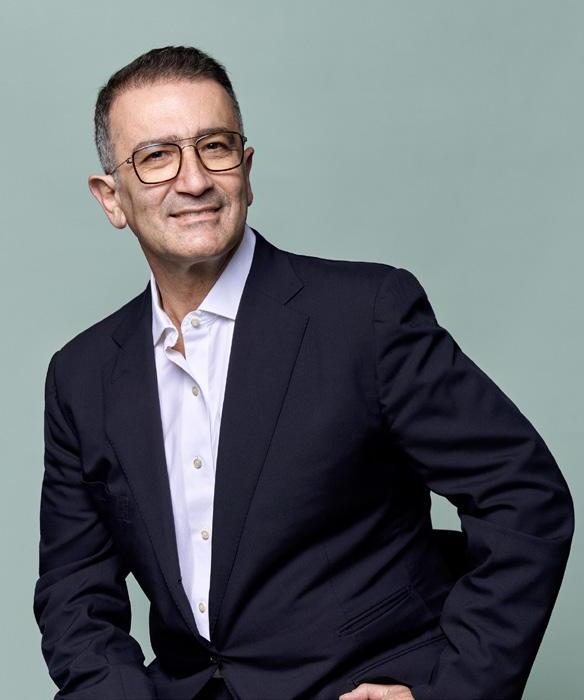
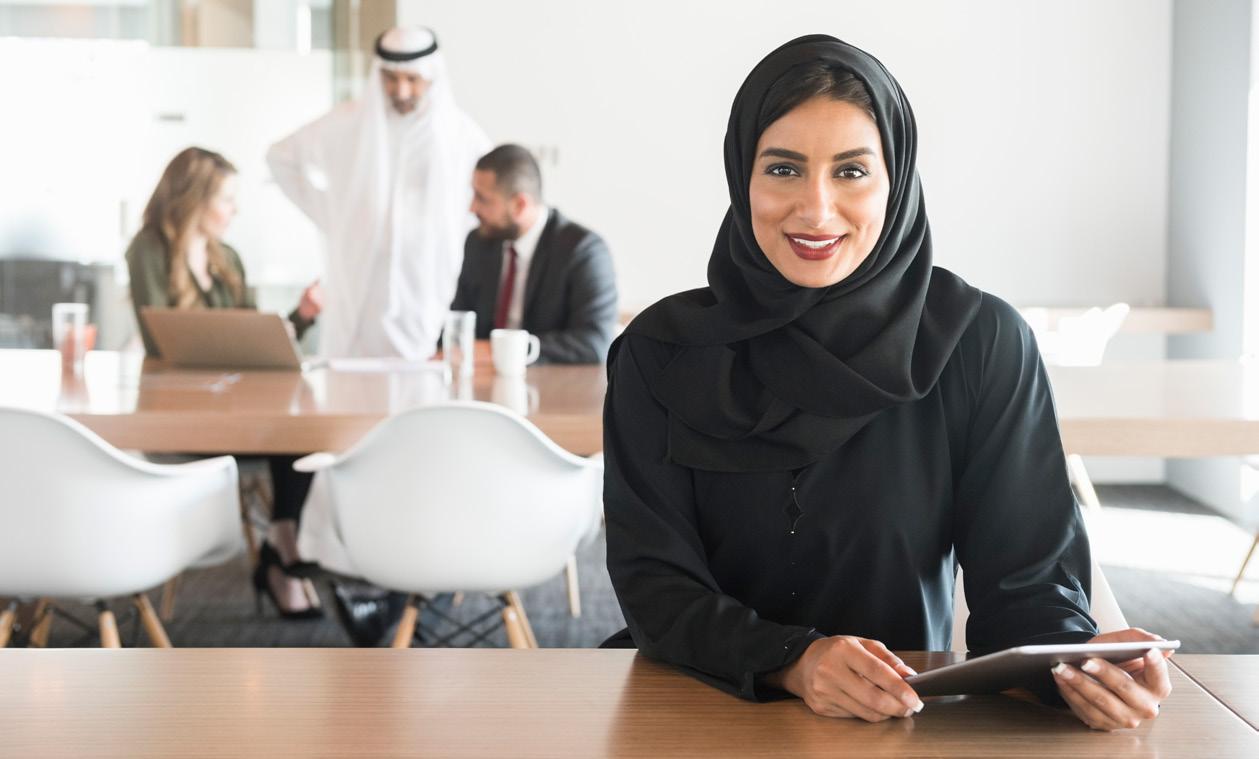



56 TECHNOLOGY
Is your digital transformation sacrificing company security?
60 SUSTAINABILITY
Middle East going green and embracing ESG opportunity

64 TOP 10 Middle East and North Africa startups to watch in 2023
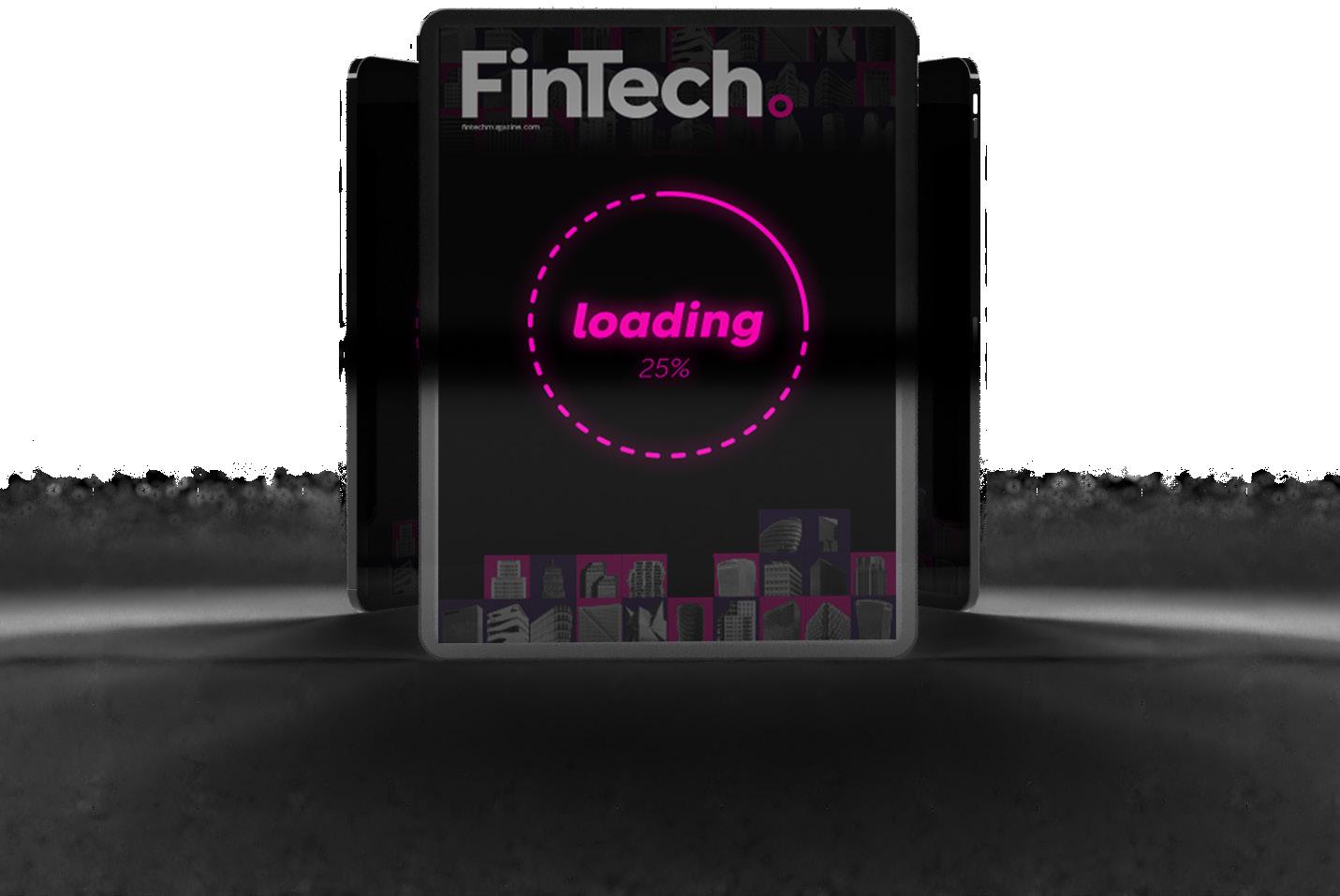

80 LIFESTYLE
Make the Middle East your next wellness destination
124 MICROSOFT

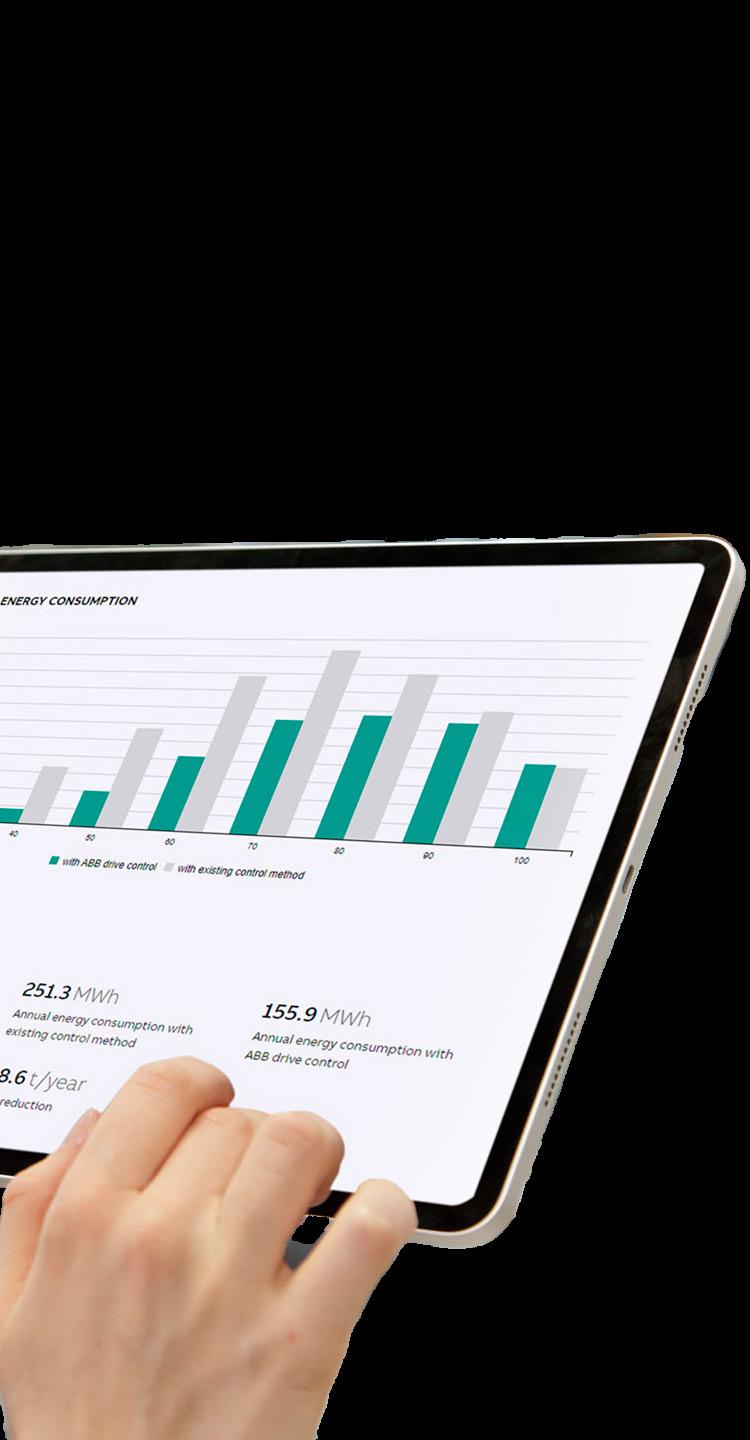

Today, the industrial workforce can make smarter decisions, increase efficiency, and cut costs with the tap of a smartphone, explains Tuomo
Hoysniemi, President, Drive Products, ABB.Almost every product or service modern society uses, including technology, food, drinks, transportation, and more, depends on industrial electric motors somewhere along the line. These motors are a cornerstone of the global economy – collectively consuming 45 percent of the world’s electricity – but many use more energy than they need. To maintain high global standards of living while pursuing Net Zero, we must make these motors more efficient.
One solution is to pair motors with variable speed drives (VSDs), which control their speed and torque to match the exact requirements of the workload.
Tuomo Hoysniemi, President, Drive Products, ABB
Depending on the application, drives typically deliver energy savings of 25 percent or more – which also greatly reduces operating costs.
Further energy efficiency is possible through digitalization. Modern motor-drive systems include data gathering, networking and control features that enable operators to continually track real-time information on how well the equipment is performing. In addition to improving energy efficiency, these motor-drive systems are also easier to use and more effective, enabling operating personnel to simplify processes and optimize operations and maintenance.

Digitalization enables better decision making. For example, an operator may be interested in reducing their facility’s energy usage due to high energy prices and Net Zero targets. They can use data from their drives and motors to identify energy intensive processes that could be optimized. They can also find the least efficient systems and create a plan to modernize them.
What’s more, all this data is communicated securely over the network, either locally or through the cloud. Cloud connectivity means that operators and decision makers can access real-time data from anywhere, including on their smartphones.
Staff are also able to work more effectively using digitally connected drives. They can access a drive’s Bluetooth control panel from their smartphone to easily make changes without the need for physical access.
Digitalization also unlocks the opportunity for faster commissioning and smarter equipment monitoring and maintenance. This was one of the key motivations for the Straub Cosmetics plant in Wertheim am Main, Germany. One of its most critical processes is an agitator, which uses a motor to stir products to achieve the desired mixture.
For this application, Straub specified a powerful general purpose drive from ABB. An ABB-authorized partner then used ABB’s online, remote technical support platform to set up the parameters on the new drive. Nobody at Straub needed to worry about the technical details, and ABB’s partner did not need to visit the site. This resulted in significant time and cost savings.
The same technology enables greater reliability and simpler maintenance. The drive can automatically detect anomalies in the drivetrain – without the need for external sensors – and alert a human operator. When maintenance is
required, the online platform solution enables a member of staff to work with an expert from their smartphone. They can chat, share images, view parameters, and remotely send support packages. With maintenance time allocated correctly, employees can focus on value-adding activities rather than travelling around several facilities to conduct routine maintenance.
Going digital is as easy as “plug and play” These benefits are within reach for industrial businesses because today’s digital solutions are simple to install and operate. ABB’s digitally connected drives are “plug and play” solutions, meaning that they do not require an outside expert or specialist equipment to install. An operator can easily use their smartphone to configure the installation, access technical information, and an expert can remotely connect to the drive via smartphone to provide support if required. This significantly reduces the time and cost commitments associated with upgrading.
Now is the ideal time for industrial businesses to commit to digitalization. Those that do will unlock remarkable benefits: energy and cost savings, greater reliability and more effective decision making.
Learn more about ABB Ability™. Industrial Internet of Things — ABB Ability™
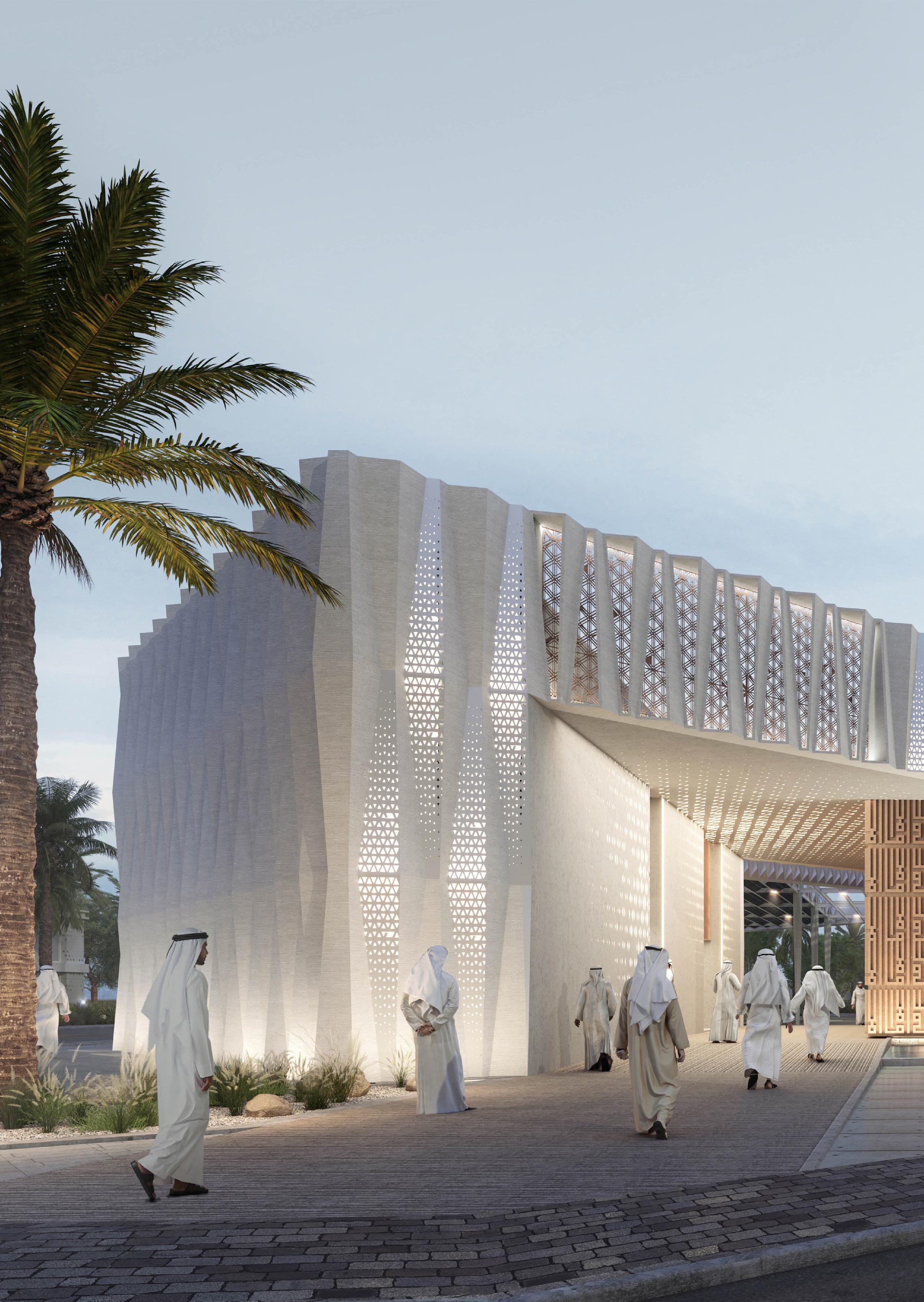
Dubai is no stranger to building the ‘biggest’, ‘tallest’ or ‘world’s first’. So it is of little surprise to see the Gulf city stake its claim on building the world’s first fully functional 3D-printed mosque.
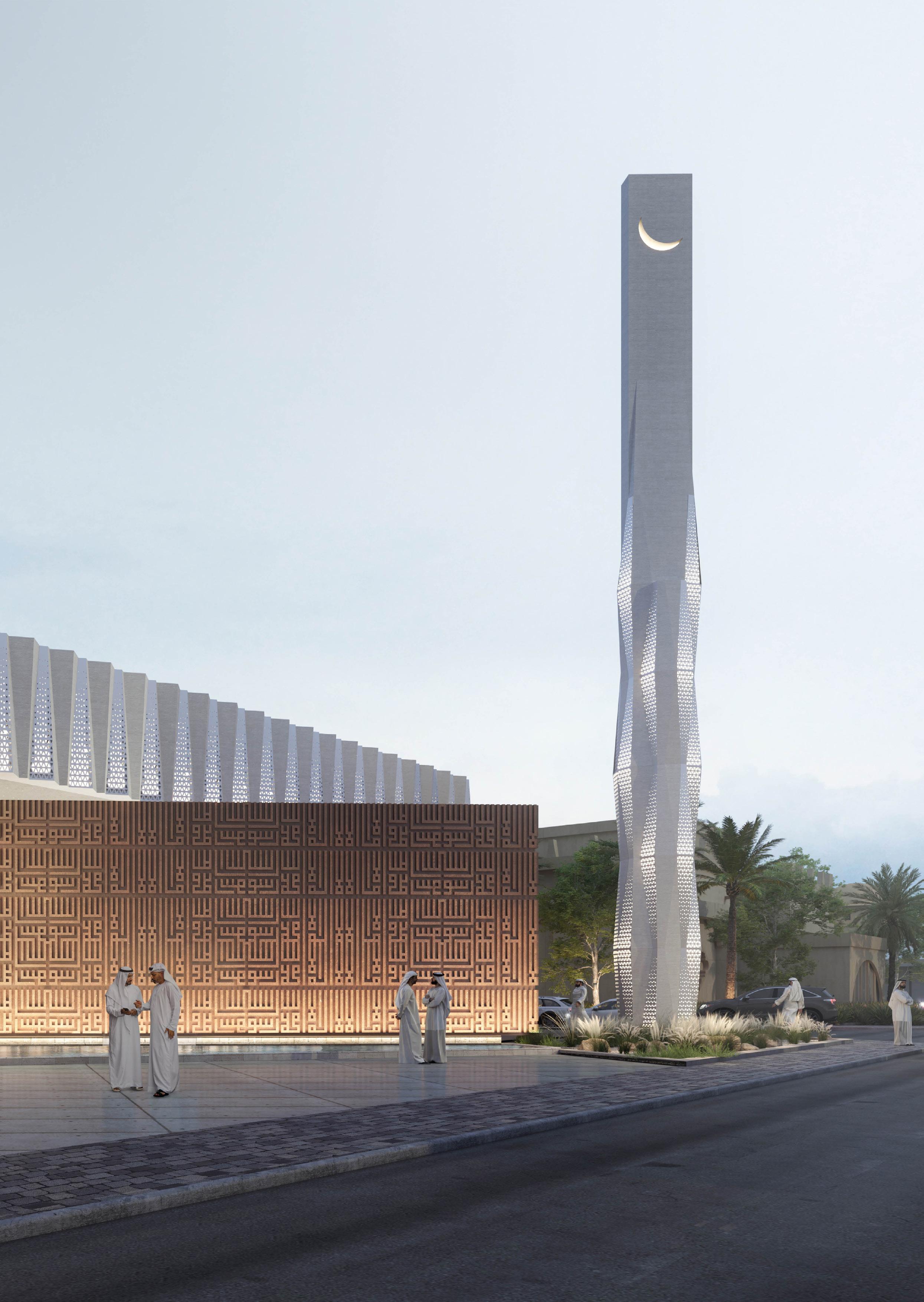
Construction of the mosque, which will feature a floor area of 2,000sqm and will accommodate 600 worshippers, will begin this October and will take four months with a further 12 months to fit out.
The Department of Islamic Affairs and Charitable Activities has said that three workers will operate the 3D robotic printer which will print 2sqm every hour using raw materials and a concrete mix.
This marks the fourth 3D printing world first for the city, which has bagged Guinness World Record titles for the world’s first 3D-printed commercial building and first 3D-printed lab, and is the latest step in Dubai’s 3D Printing Strategy – to harness the technology for the good of humanity and position the emirates as a world leader in the field by 2030.
For those living and working in the Middle East, Hussain Sajwani needs little introduction.
As the billionaire founder and Chairman of DAMAC Properties, a Dubai-based luxury mega developer that recently celebrated 40 years, the Emirati businessman is a familiar face on lists of the most powerful Arabs.
Not only has he built a global luxury real estate development empire with revenues of more than US$1.6 billion and over 2,000 employees, but he spearheaded one of the world’s biggest-ever property booms, in Dubai, and has pioneered many regional real estate trends.
Today, his luxury property empire encompasses awardwinning residential, commercial, hospitality, leisure, retail, and even data centre properties across the Middle East region, and further afield – counting 43,700 homes and eight hotel properties in 15 cities, including in Miami, Toronto, and London, and with properties for development and sales reaching more than U$2 billion (AED7.53bn).
But it hasn’t all been smooth sailing for the 70-year-old businessman, who, according to Forbes, is among the world’s richest Arabs, with an estimated net worth of US$2.7 billion – with the financial crash of 2008 and recent pandemic throwing the property market into disarray.
When opportunity knocks, Hussain Sajwani does not just answer the door, he builds an entire development around it. Bold in business, the Emirati property mogul always has his eye on the next Big Thing
100+
The number of global awards and accolades DAMAC Properties has secured for its iconic projects

Hussain Sajwani has a long history of commitment to CSR, with The Hussain Sajwani – Damac Foundation contributing to numerous initiatives focused on education and youth empowerment. Among recent donations, the pledge of AED5 million to the 1 Billion Meals campaign and AED20 million for Emirati youth tuition fees in 2022/2023.

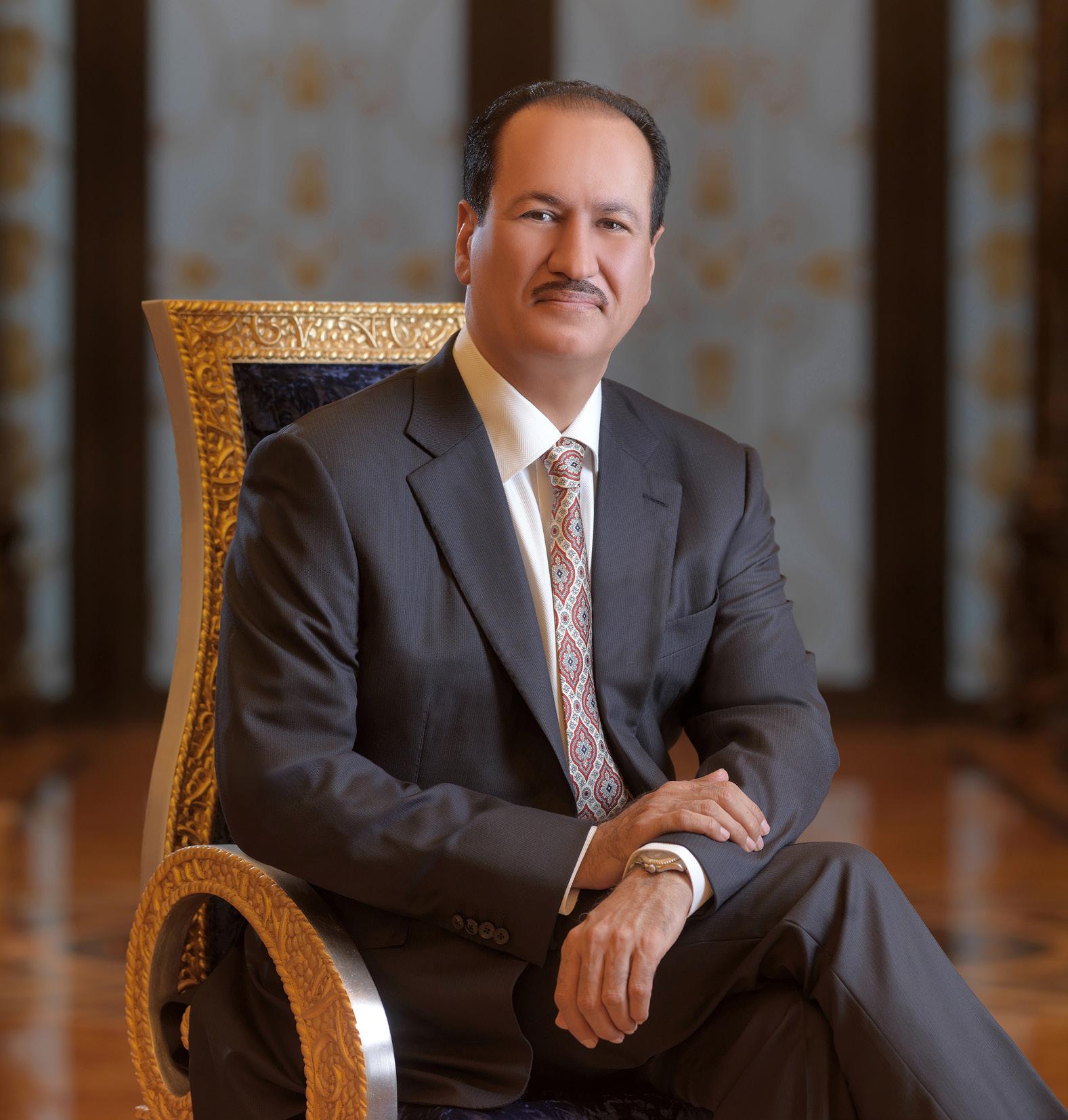
$2.7bn Hussain Sajwani’s estimated net worth, making him one of the world’s richest Arabs
Daring and bold – how to build a property empire
Widely considered a property visionary, Salwani’s bold entrepreneurial journey reflects that of the equally bold city of Dubai, in which he lives and upon which he has built his empire.
Daring, ambitious and often deemed extravagant, Sajwani – whose entrepreneurial father traded at a souk in Dubai and whose own entrepreneurial journey began with a catering venture in the early 80s – puts his success down to a combination of luck and vision.
“Someone would open the door, and I would run and grab the opportunity,” he once said.
Which is exactly how Sajwani’s property empire first came to be. Spotting an opportunity in the mid-nineties to accommodate the growing influx of expats coming into Dubai to do business, Sajwani constructed five three-star hotels; and following the announcement in 2002 to allow foreigners to own property in the emirate, he established DAMAC Properties.
And so began Dubai’s six-year building boom with Sajwani leading the way.
Using capital from his stock market investments and from his businesses, including his UAE catering company, an insurance firm in Bahrain and a ceramics factory in Oman, the Arab billionaire began buying up land and building residential complexes, first in Dubai and then in Egypt, Jordan, Saudi and Lebanon.
And then Dubai’s buoyant property bubble burst. The arrival of the global financial crisis put an end to the real estate boom he had spearheaded, with residential prices in the emirate falling 50% from a third-quarter 2008 peak to mid-2009.
But in true entrepreneurial fashion, the property mogul rose from the ashes of the crisis to build back bigger, bolder, and better. And business boomed once more with DAMAC ranking number one on the Forbes 2017 Global 2000 list of revenues between 2013 and 2016.
“Someone would open the door, and I would run and grab the opportunity”
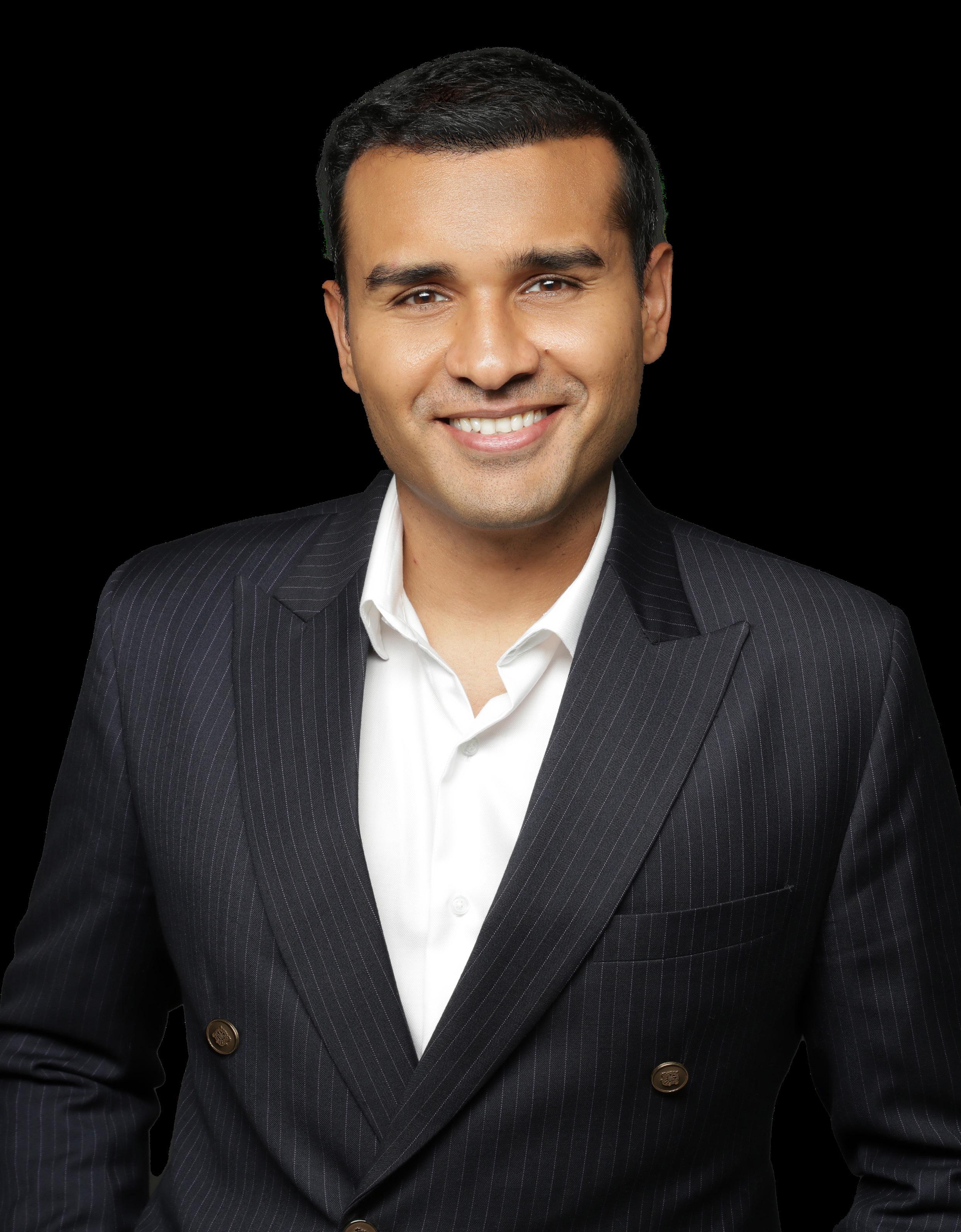
Nameer, tell us about your role as Chairman of the MENA Fintech Association – what is your vision and what are your responsibilities?
My vision is to empower the fintech industry to grow and succeed through knowledge sharing, networking, and advocacy. The foundations of MFTA were laid in 2018 to create and promote a conducive environment for the fintech industry, be the sounding board for regulators, and be the voice of the fintech community.
Despite having full-time roles or being entrepreneurs, we all put in a tremendous effort to make this happen. We're proud to say that we started this effort in support with Abu Dhabi Global Market (ADGM), Dubai International Financial Centre (DIFC), Central Bank of UAE, Arab Monetary Fund and regional central banks and authorities, who we have been working with closely since our inception.
My responsibilities while also managing my entrepreneurial ventures is to lead the organisation and ensuring that we stay true to our four foundational pillars: advocating, education, empowering innovation, and collaboration. I'm proud to say that our efforts have paid off by seeing the fintech ecosystem grow organically, and today we’re the 4th best global fintech body.
What inspires me most is the potential for fintech to drive sustainability and positive social impact. Our unwavering passion for
green fintech innovation continues to inspire a brighter, sustainable, and prosperous future.
How would you describe the current landscape for fintechs in the region? Which countries are leading the way?
The fintech landscape in the MENA region is incredibly exciting with 700+ fintechs and growing, with several countries emerging as significant players in the industry. The MENA region has been experiencing impressive economic growth, and the UAE and Saudi Arabia are among the leading countries driving this trend. In 2022, the GDP growth rate in the MENA region reached 4%, and the UAE and Saudi Arabia have set ambitious goals to diversify their economies and become less reliant on oil revenue.
But let’s look at some of the many opportunities. In payments, the region presents significant commercial opportunities for fintechs, with a large underbanked and unbanked population.
And for cross-border, the MENA region has a strong use case for more convenient and mature cross-border payment ecosystems. This is reflected in the remittance volume sent from MENA countries, where 80% of remittance is sent outside the region. Therefore, building a seamless and well-protected payment ecosystem within the region can provide a significant boost to the economy and promote financial inclusion.
As the fintech landscape in the Middle East and North Africa region continues to scale, we catch up with the man empowering the industry’s growth and success
Nameer is also founder and CEO of Fils, the region’s leading sustainability-focused fintech, and has been recognised as the MENA’s Future Fintech Leader by the Central Bank of the UAE for his outstanding contributions to industry-wide growth and collaboration.
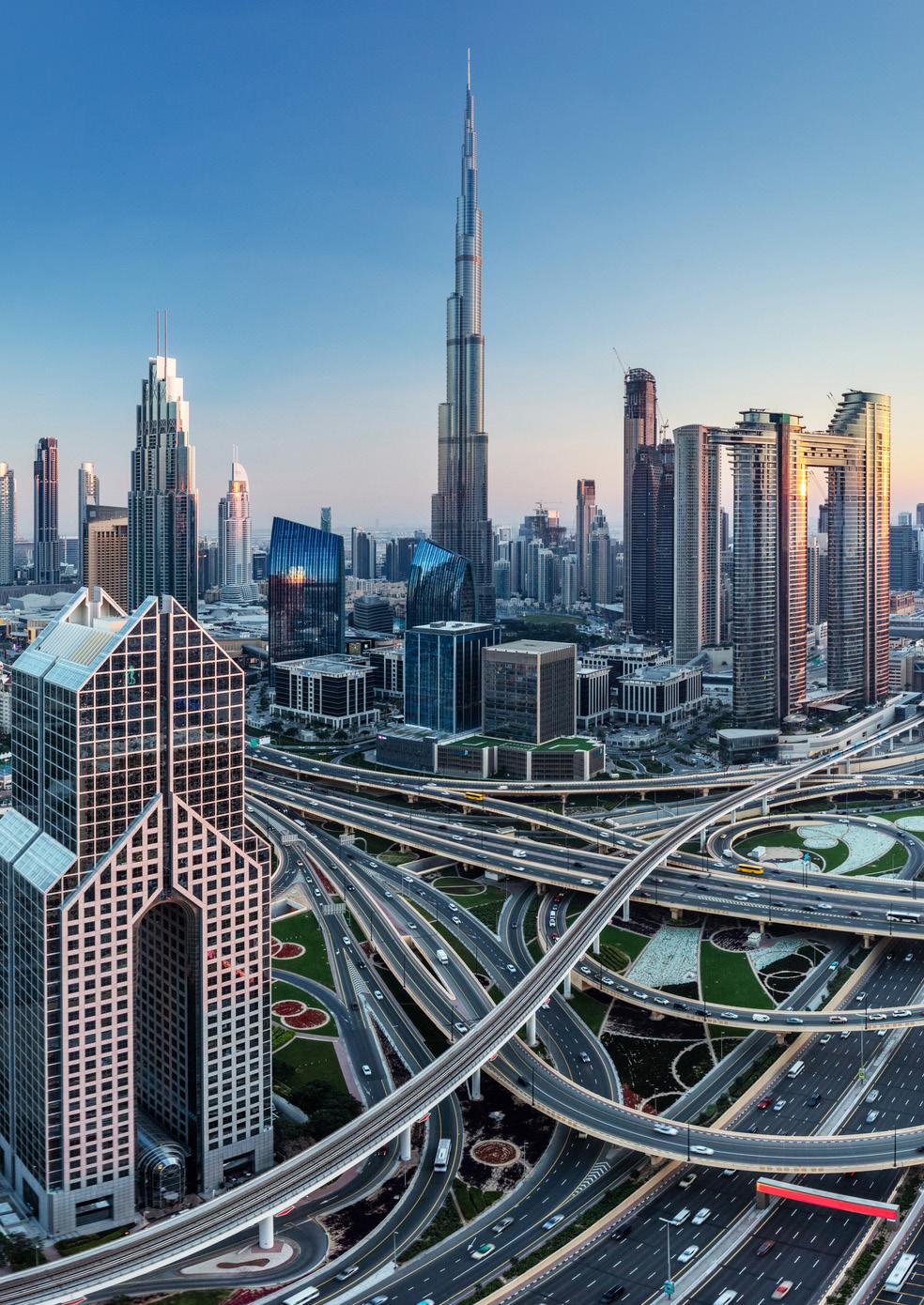
The UAE is accelerating digital transformation in the financial services sector with the Financial Infrastructure Transformation Programme (FIT programme) launched by the Central Bank. The FIT programme includes nine initiatives such as the card domestic scheme, eKYC, Central Bank Digital Currency (CBDC), open finance, supervisory technology (SupTech), innovation hub, instant payments platform, financial cloud, and excellence & customer experience.
Meanwhile, Saudi Arabia has made significant strides in diversifying its economy, with a focus on developing sectors such as tourism, mining, and renewable energy. The Kingdom's Vision 2030 plan aims to transform the country into a hub for trade and investment, and has already attracted significant foreign investment.
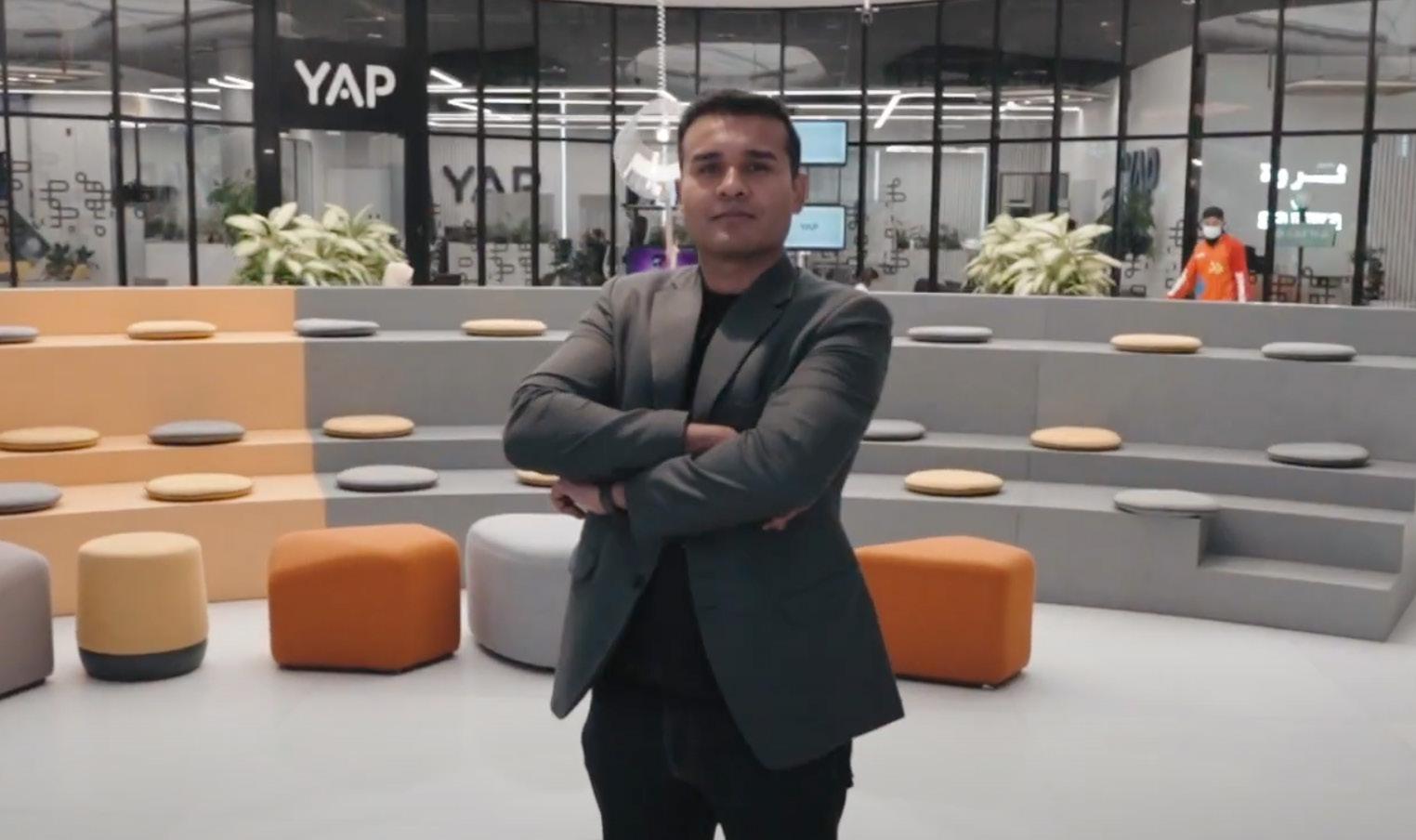




Tiemen Meester, Chief Operating Officer, Ports & Terminals at DP World, talks exclusively to Business Chief on supply chains and sustainability
WRITTEN BY: KATE BIRCH


Tiemen Meester has, on paper at least, one of the hardest jobs in the world.
As Chief Operating Officer, Ports & Terminals at DP World , one of the largest logistics companies in the world, he has had to navigate the COVID19 pandemic and unprecedented supply chain disruptions while still having one eye on perhaps his greatest challenge –climate change.
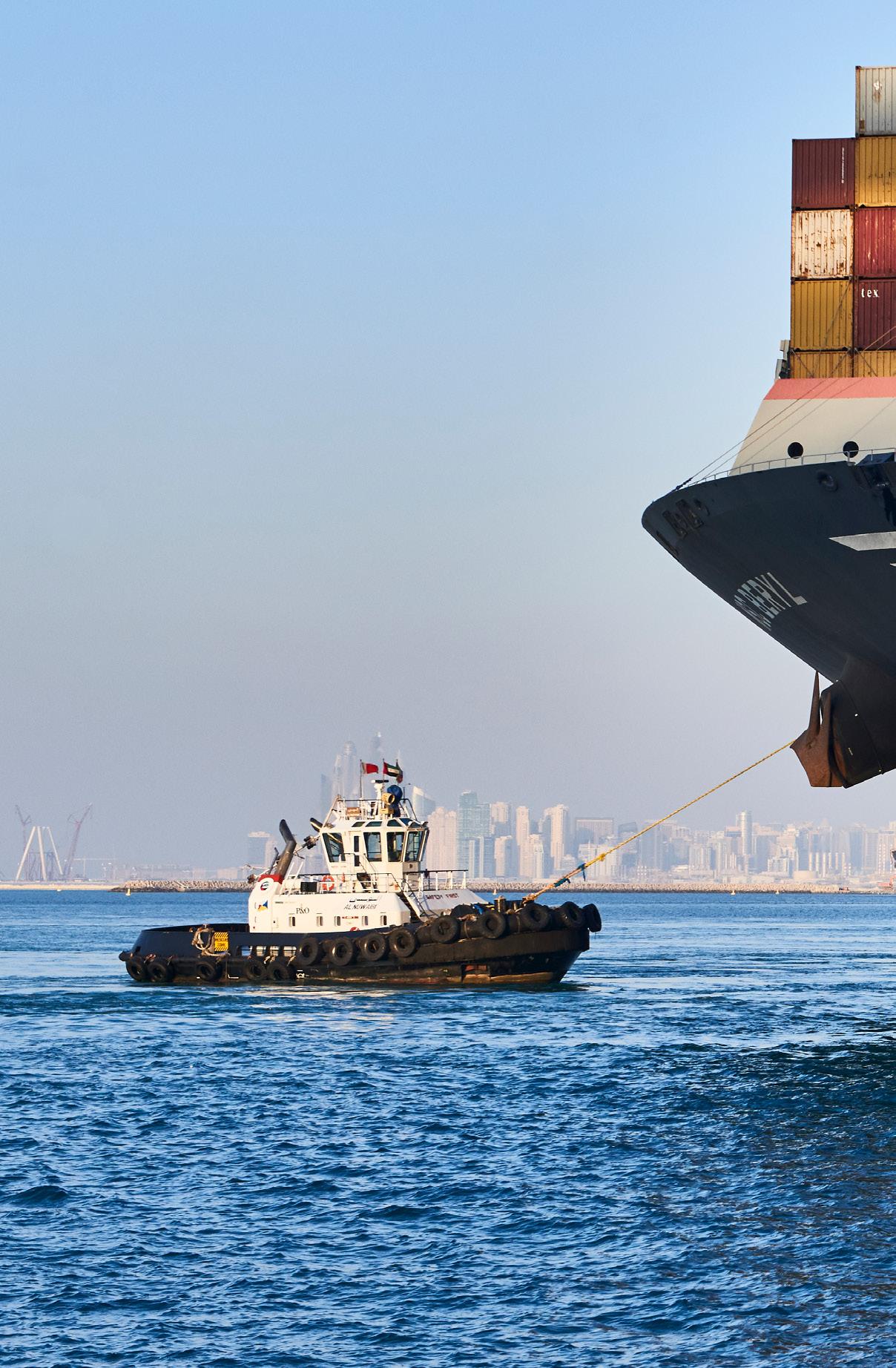
Dutch national Tiemen has sailed those choppy waters and fixed the weakest links in that supply chain. So how did he cope?
“I’m very focused on what I call a positive environment,” says Tiemen, talking exclusively to Business Chief. “Even if results are under pressure or things are not going your way, you need to create an upbeat, positive, fun environment. People need to work through the highs and lows.”
Starting life 51 years ago as a single operation in Dubai’s Port Rashid, DP World is now an integral part of global trade, with 150 companies spanning six continents and revenue of US$17bn. The leading provider of smart logistics solutions is not just an essential part of the worldwide supply chain, it also contributes an incredible 23.8% to Dubai’s GDP.
The very term ’supply chain’ entered the public consciousness during the COVID-19 pandemic when the status quo of fullystocked supermarket shelves and next-day delivery of any product imaginable ground to an unexpected and terrifying halt. The chain was broken, shipping containers were in desperately short supply, and then the Suez Canal – one of supply’s great arteries – became blocked. It was the perfect storm, the nightmare scenario.
“We moved from a world of just-intime, where everything is about minimising
working capital, where there is plenty of capacity and plenty of competition so companies could book last minute and get a great price. That established way of working literally fell apart,” says Tiemen.
“What happened then was panic mode. As long as people could get their goods, then they were happy. I think we learned from that. When it comes to resilience, the first thing that we’ve all learned is transparency and visibility, because even today a customer can live with a slower transit time, can live with a higher cost, but you need transparency and predictability, because then at least you can plan accordingly.”
TITLE: GROUP CHIEF COMMERCIAL OFFICER, PORTS & TERMINALS, DP WORLD
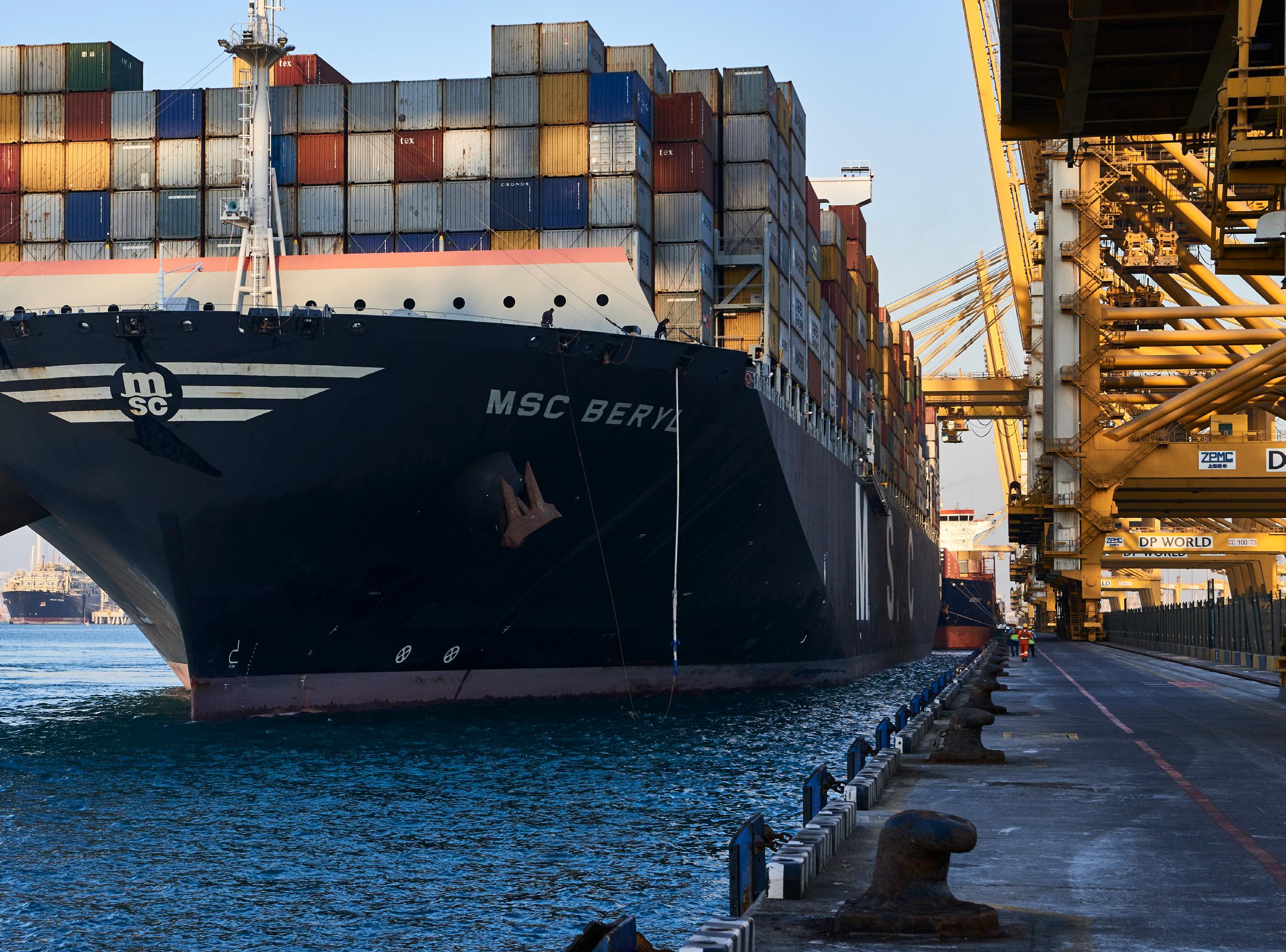
LOCATION: DUBAI, UAE
Kicking off his career as a naval officer for five years at Merchant Maritime, it was perhaps inevitable that Dutch national Tiemen would end up in a shipping-focused career. With more than three decades of experience covering the globe on large scale multi-port acquisitions and logistics responsibility over an extensive portfolio of ports and terminals, Tiemen has held various business positions at Sea-Land, Maersk, and APM Terminals, including SVP for New Business Maersk and VP of Human Resources at APM Terminals. He joined DP World in 2017, first as CEO, DP World Americas region, where he led the company, growth, diversification and industry outperformance, before becoming CCO Ports & Terminals in 2020. Tiemen tells Business Chief he is proud of the fact that since securing his first-ever job, he has never had to interview for a role.
“What people may underestimate is that China is very experienced, very competitive and very fast”
Nearshoring – and the impact on DP World Ports & Terminals is one of the four pillars of DP World, alongside Logistics, Marine Services, and Technology. In simple terms, if goods get on a ship, Ports & Terminals handle the containers at both ends of the crossing.

Put another way, an estimated 90% of traded goods are carried by ship. That is a startling statistic, in an industry full of eye-catching numbers. The volume of global seaborne trade has almost tripled since 1990 – in no small part due to the rise of Chinese manufacturing and globalisation.
However, many commentators and politicians have been calling for an end or reduced reliance on such trade, based on the experiences of the pandemic and also growing trade tensions between east and west.
“I think nearshoring is happening but we need to put it into context,” says Tiemen.”If you have a global supply chain and you have production in four countries and decide to nearshore, then that is not going to happen quickly, it’s actually very slow.
“But we do see a trend that some production is moving away from China, with the beneficiaries typically being Southeast Asian countries, India, but also Mexico, as a place that feeds into the United States. But it’s not overnight. Neither is it a phenomenon where you will see the trade from China actually shrink. It’s more that the growth out of China will mature and flatten, while the growth out of Vietnam, Philippines, India will accelerate.”
Tiemen explains that the impact for DP World is knowing where to have the right ports and terminals in locations that may become more significant over time.
He cites the example of one customer that wants to move some components from China to Mexico but says that process will take three or four years as they need to build a new factory and switch the supply chain.
“It’s a lot of work, and what people may also underestimate is that China is very experienced, very competitive and very fast,” says Tiemen. “So, it’s not that easy to just switch.”
From electric vehicle fleets in Peru, hydroelectric powered ports in Chile, and a 100% green energy terminal in Belgium – DP World’s ports and terminals across the world are transforming their environmental impact. Transport contributes 24% towards global CO2 emissions and shipping accounts for 10% of those. With the UN’s International Maritime Organisation (IMO)
“I think it’s a very interesting period in our industry in the sense that coming out of COVID – which was extraordinary and unique in my 30 years in this industry –everybody now has changed their strategy towards owning the client.
So, there are good times ahead if you’re a customer, because wherever you operate in that food chain, whether it’s 2PL or trucking or intermodal or whether you’re in ports, whether you’re in the endto-end game, you can see that everybody’s converging their actions around owning the client. It’s quite interesting to see but it’s also very, very complex.
Traditionally, we dealt with two dozen, three dozen shipping lines, but if you look at what is beneath that in terms of clients, it’s thousands and thousands. So you’ll have to have very good commercial strategies going forward.”
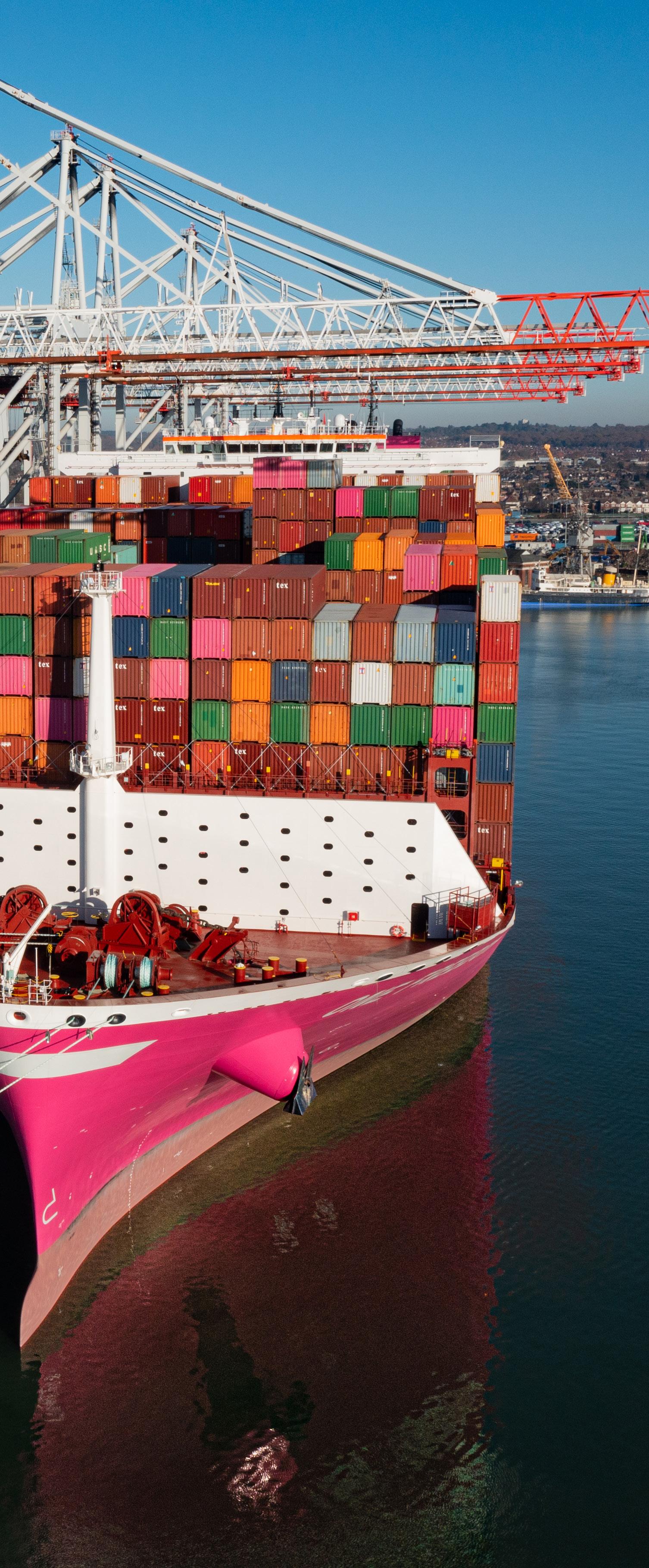
aiming to halve carbon emissions from the shipping sector by 2040, ports and terminals are vital partners in helping all businesses in our industry to reach global emission reduction goals.
“Maybe the biggest subject right now is decarbonisation. It’s the single biggest subject outside the constraints and the physical movement of goods,” says Tiemen.
“It needs to happen and so went to our board. We have our vision for 2040 and 2050, and that’s fine, but it’s really what we can do now and what technologies we can deploy now for quick results.
“For example, marine fuels will take longer to fix, but we can apply electrification, and we can apply what we call green certification – buying green energy from sustainable sources wherever possible, even if it is at a premium. We rolled that out and the board gave us half a billion dollars in terms to deploy these measures.”
The focus in Ports & Terminals is electrification and Tiemen explains that they are trying to remove the diesel engine where possible. Ironically, one barrier is supply –with electric vehicle manufacturers facing incredible demand.
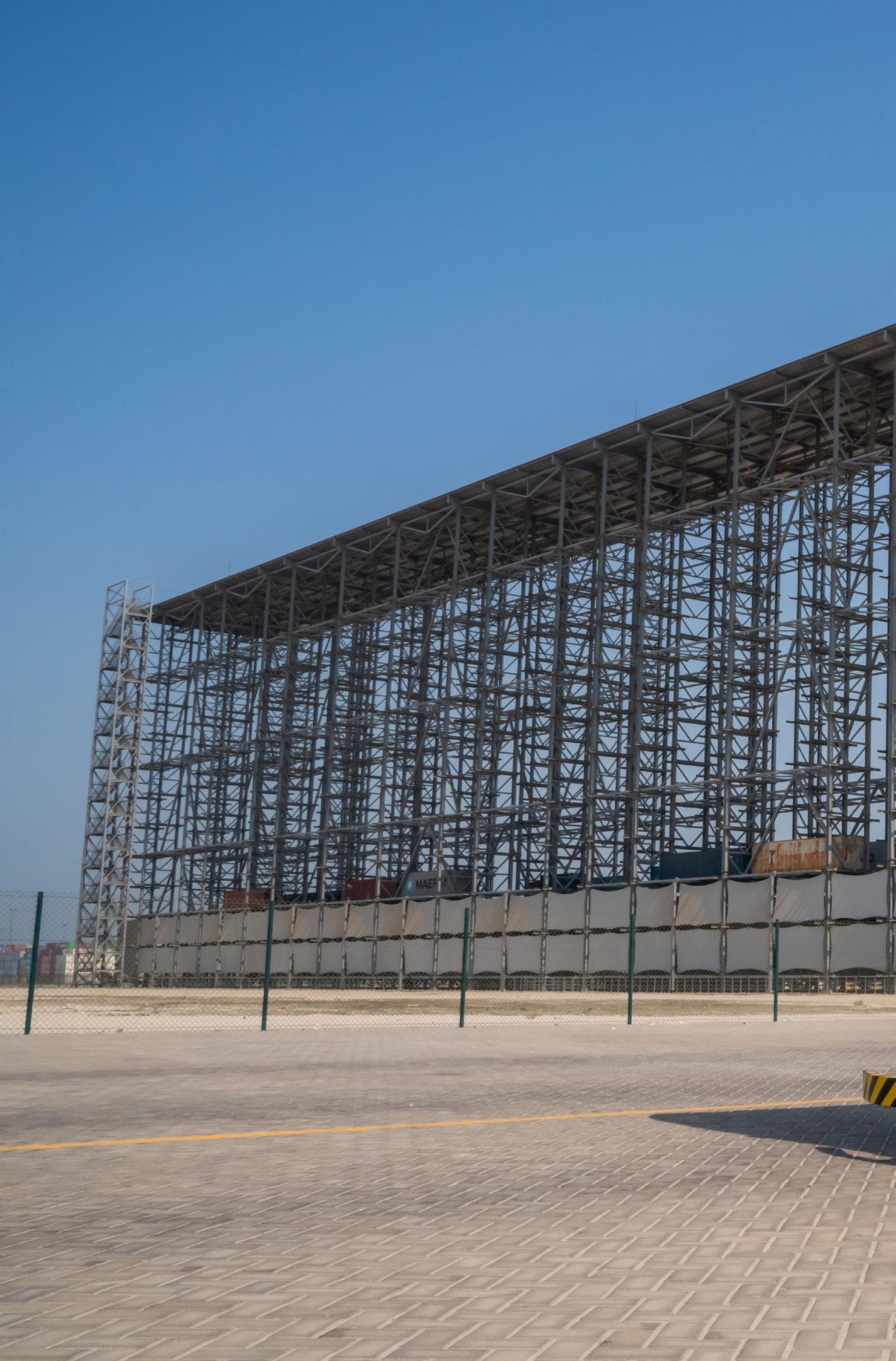
Over the next five years, DP World will be replacing around 1,100 diesel tractors with electric alternatives. That accounts for almost half of the current global fleet.
Of course, those electric vehicles will also need power, and Tiemen admits that DP World is “a huge consumer of electricity”, which is why green certification is a crucial step, and why the company is experimenting with cleaner or alternative fuels.
“I’m optimistic that we can significantly reduce emissions over the next five years,” he says. “In all honesty, the challenge will be those countries that haven’t got their act together converting their grid to green.
“If you have a global supply chain and you have production in four countries and decide to nearshore, then that is not going to happen quickly, it’s actually very slow”Automated vehicle –revolutionary BOXBAY storage system
“There’s one African country where we have this problem and so we went in and said, what if we build it? What if we built a green energy park, whether it’s solar or wind or offshore? Actually, now there are two African countries that we are looking at doing this.”
As well as converting to clean, green electricity wherever possible, the other way to reduce environmental impact is to increase the efficiency of port and terminal operations. One exciting way that DP World is helping to drive the future of global trade is the revolutionary BOXBAY storage system.
700,000 tonnes
Reduction in emissions in the next 5 years
US$17 bn Revenue for 2022, surging 59% on 2021
23.8% Contribution to Dubai’s GDP
This modular, automated, storage and retrieval system for containers has been tested and proven in Jebel Ali and now (March 2023) the first contract has been signed to implement BOXBAY in South Korea.

Pusan Newport Corporation (PNC) operates one of the main container terminals in Asia and is the tenth largest in the world. BOXBAY will allow it to take efficiency to a whole new level.
It is estimated that this system will save PNC 350,000 unproductive container moves

Gen Z is coming, and fast. But are employers ready?
Generation Z, those born between 1997 and 2012, now aged 11-26, has now surpassed Millennials, and will soon become the largest cohort of workers, and consumers.
Within seven years, Gen Z (also known as Gen Zers, iGen and centennials) will comprise 31% of the workforce in the world’s most influential business hubs.

And with its swelling youth population, the Middle East is destined to see massive impact from this demographic – especially the UAE, with Dubai ranked second (44%) globally in CBRE’s Global Outlook 2030 for fastest-growing Gen Z population.
By 2030, three-quarters (75%) of the Middle East workforce will consist of Millennials and centennials, a sizeable increase from the current 38%, data from UAE-headquartered The Talent Enterprise reveals.
And this new demographic is already shaping the economy, and the workplace.
But what do Gen Zers want from their careers, from their employers, and from their workplace? And what won’t they tolerate?
Gen Z is coming to a workplace near you. But what do Gen Zers want from their careers, their employers, and their workplace? And what won’t they accept?
Transparency, diversity, authenticity – watchwords for Gen Z Noura Dadzie, Senior VP of Talent.com tells Business Chief that while we must be careful not to put any generation in a box, there are certain attitudes, expectations, and behaviours typical of Gen Z employees.

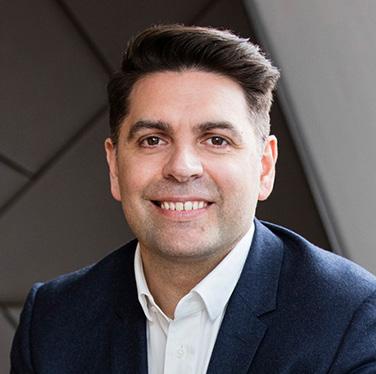
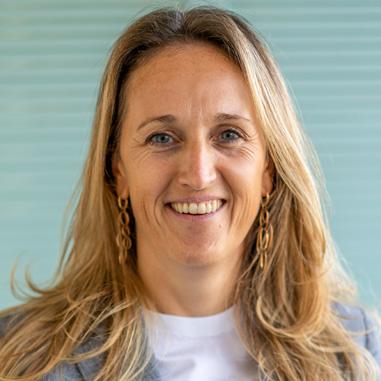

Flexibility, transparency, diversity, and authenticity are all traits that organisations must consider if they hope to hire and retain future talent.
“It’s no longer enough to have company values and diversity statements on the company website or plastered across the reception wall,” says Noura. “Gen Z expects an organisation, its leaders, and managers to live and breathe those values and demonstrate them tangibly. Organisations that pay lip service to values will lose young talent to organisations that are able to demonstrate these every day.”
Noura points to job postings that have the D&I policy tacked on at the end as an example of bad employer practice likely to deter the best and brightest – and argues
that each element of the recruitment process must involve genuine action to encourage diversity and enable inclusion, as well as transparency around salary where possible.
“By displaying salary information front and centre of a job posting, a company signposts their commitment to DEI publicly from the outset.”
Because what executives should know is that, unlike previous generations, Gen Zers are not afraid to stand up for what they believe in and are comfortable challenging those ostensibly above them in the traditional office hierarchy.
Take pay transparency, a practice that more organisations are embracing, in large part thanks to the introduction of new laws driven by Gen Z demands.
Data from Talent.com shows that more than a third of Gen Z employees report having experienced pay discrimination – more than any other generation. Part of the reason for this may be that this demographic has high ethical standards in the workplace, are

Gen Zers aren’t afraid to stand up for what they believe in and are comfortable with challenging those ostensibly above them in traditional office hierarchy
Noura Dadzie Senior VP, Talent.com
More than any other generation, centennials are not afraid to make mental health a workplace issue. According to Microsoft’s Work Trend Index, 51% of Gen-Z employees are more likely to prioritise wellbeing over work and they want to work for organisations that do the same, which means companies, especially in the GCC, must ensure they make mental health a strategic priority. New research on workplace wellness in Saudi Arabia, for example, found that most workplaces (82%) have no dedicated resources for mental health services, and more than half don’t provide health insurance cover for mental health. This comes as employee burnout in the region rockets, with recent McKinsey Health Institute research revealing levels of burnout here (one in three employees) are higher than the global average (one in four) and regional employees are also more than twice as likely to leave their jobs. McKinsey recommends employers look to not just destigmatise mental health issues, and eliminate toxic behaviour in the workplace, but offer employees improved access to psychological health resources.

extremely aware of inequalities, and expect to be treated equally regardless of age, and so hold employers to high standards.
As a heavyweight employer of centennials, gulf executive and Kerten Hospitality CEO Marloes Knippenberg, believes Gen Zers choose an employer for their values, transparency, and commitment to future generations.
“The Gen Z work purpose is to be loyal to their choices, to learn from them, and to remain unafraid when making a choice for the benefit of the planet and people. This is what drives them day and day out,” says Marloes.
In particular, centennials hold employers to high standards on the planet, and on giving back to their communities.
“They are the first age demographic to place an incredibly high level of value on the ESG framework and the corporate social responsibility agenda,” Shelly Crane, Market Director, Marketing, HR & Executive Support at Robert Half, tells Business Chief
“This is a generation that has been brought up surrounded by calls for environmental action, equality, diversity and inclusion, and so they place significant value on a business’s brand and reputation and will be more likely to turn down a role if the values of the company don’t match their own.”
While this can and does present a challenge for employers – and many employers may perceive Gen Zers’ high ethical standards and ability to stand for what they believe in as a threat – it is also an opportunity for employers to hasten change.
Gen Zers will have different perspectives on many issues which leaders would be well advised to tap into, argues Noura, adding that embracing the Centennial workforce is an opportunity for employers to broaden their horizons and welcome new lines of thought which can lead to greater engagement, productivity, and growth.
Shelley argues that having a workforce that reflects the culture of the wider communities you operate in has got to be hugely beneficial – in that it helps steer meaningful and

They will be more likely to turn down a role if the values of the company don’t match their own
Shelley Crane
Market Director, Robert Half
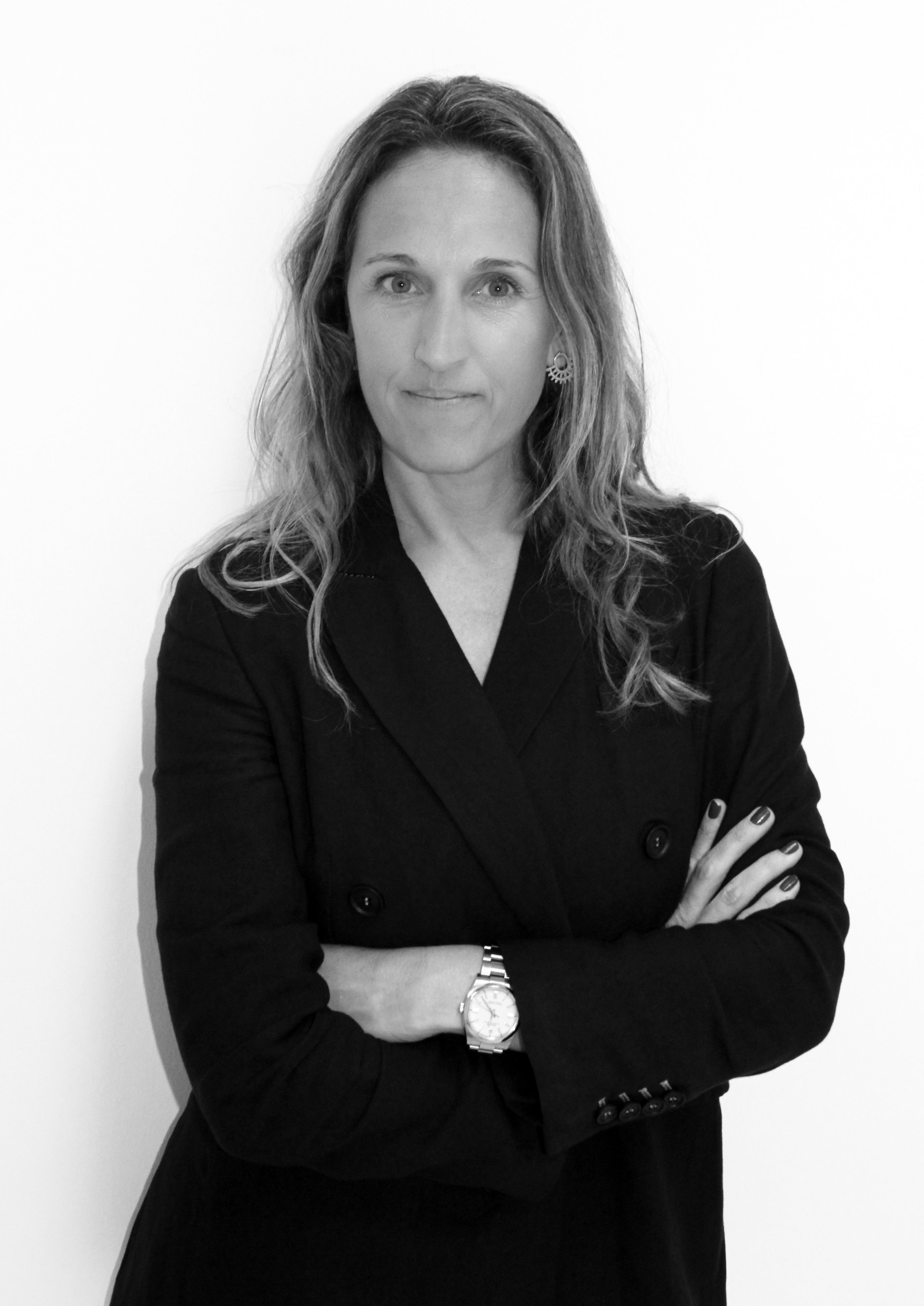
For Marloes Knippenberg, CEO of Kerten Hospitality, a mixeduse, ESG and lifestyle operator with 50 projects in more than 12 countries, Gen Z employees bring a unique mindset and are wired to address the key industry challenges.
“They think outside the box,” says Marloes, who attributes the leveraging of Gen Z in enabling Kerten Hospitality to disrupt the hospitality industry “with non-conventional ideas about the direction of hospitality”.
It helps too that the Middle East region, where a number of the Kerten Hospitality portfolio sits, offers the largest pool of young talent – within seven years, 70% of the region’s population will be under 25.
There are no traditional hotels in Kerten Hospitality’s portfolio, which instead spotlights properties that are characterised by open spaces, co-working areas, social hubs, collaborative brands, and multi-use purposes.
Marloes says they are building the destinations of the future where
communities, businesspeople, social groups, as well as travellers and residents can meet, stay, and play. And by repurposing spaces, landscaping and creating spaces for community engagement, they are challenging the status quo of the industry – replacing traditional meeting rooms and big hotel spaces with flexible connectionenthusing environments.
Much like Gen Zers themselves, who seek both flexibility and connection.
“The Gen-Z mindset is quite unique,” declares Marloes. “They are wired to address the key industry challenges of the day with a futuristic outlook and an authentic toolkit, accepting nothing less than the ownership of a genuine narrative about the origin of everything.”
CEO of Kerten Hospitality, Gen Z employees bring a unique mindset and are wired to address the key industry challenges
“The Gen-Z mindset is quite unique”
Importantly, Marloes says she gives employees the chance to choose ownership above anything else and the freedom to apply it in their projects, project management and work styles.
“We incentivise young people by allowing them to be the lead in our social engineering for impact in decision-taking. Entrepreneurship is at the heart of all our projects, communities, and neighbourhoods,
and our employees add an entrepreneurial twist to most tasks and projects. They like to create and curate on the go.”
She points to the company’s Business Development Lead, Theo Bortoluzzi, who joined Kerten Hospitality straight out of college, and in less than two years was leading a team, had signed the company’s first project in Italy, was project managing pre-openings and new opportunities and had been invited to speak at multiple industry events.
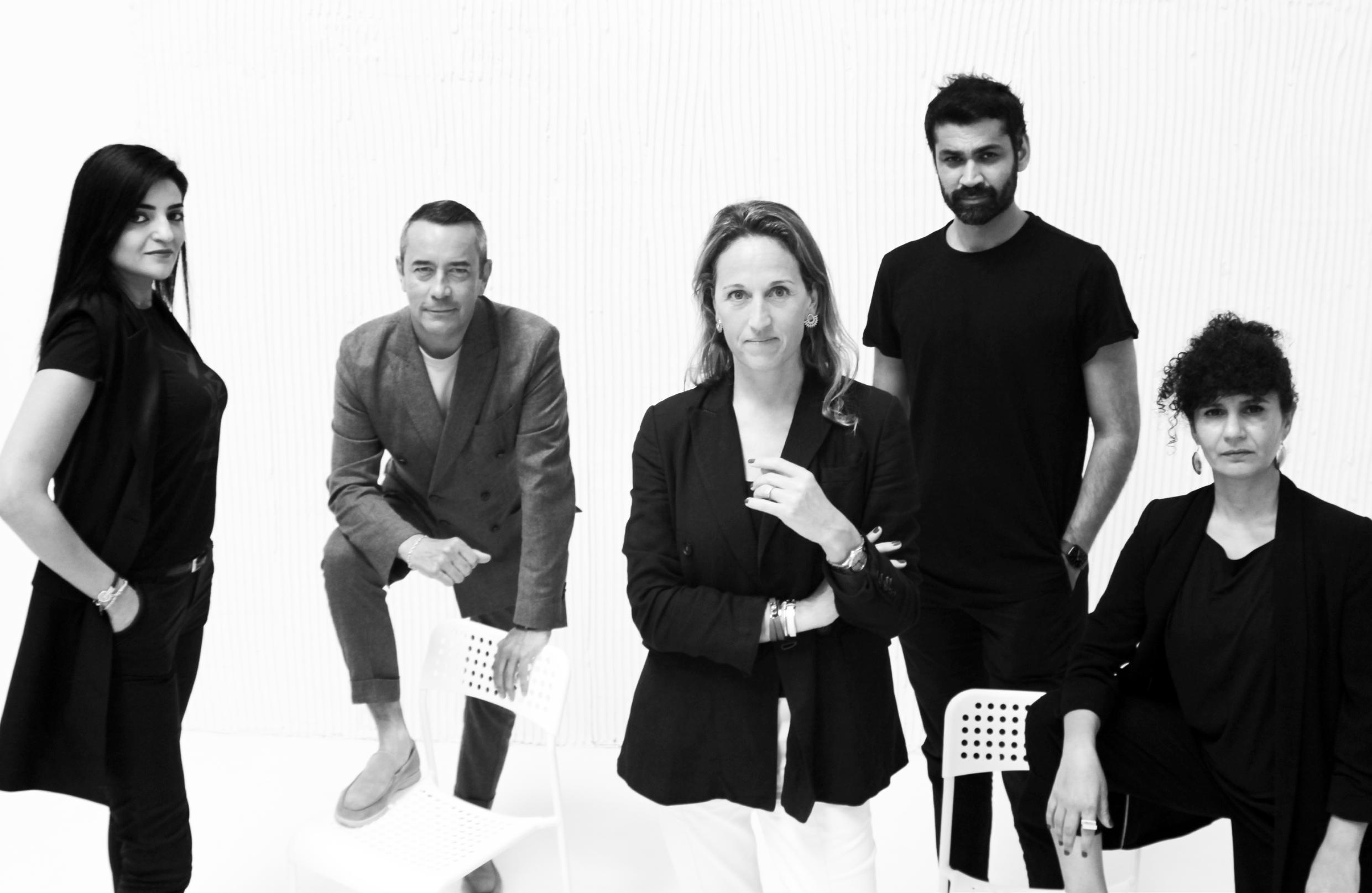
Theo has been recognised in the most promising 30 Under 30 Young Leaders in the industry, and now leads a team of young interns as part of the company’s awardwinning remoteship program.
Marloes insists the younger generation are highly motivated by being empowered, are always curious, and are inherently entrepreneurial, all of which makes them a
“Gen Zers are wired to address the key industry challenges of the day with a futuristic outlook and an authentic toolkit”Marloes with her team
great fit for teams and organisations that are constantly evolving, and disrupting, she says.
They also have a genuine understanding and passion for the planet and are driven by purpose, she says, and are committed to making choices that benefit the planet and the future of generations to come.
With a master’s in Sustainable Hospitality under her belt, Tiana Amann, Head of ESG (UBBU – United. Building a Better Universe), is passionate about sustainability in a way that only the younger generation can be, Marloes says.
“She is our most fervent sustainability advocate, policing all teams to live and breathe greener, fairer, cleaner planet and more inclusive societies where inclusivity is
no longer a nice-to-have but a must-have.”
This means the company’s sustainability and CSR initiatives are embedded in making a better world for the future, and not just pushing sustainability because every other company is doing it.
“For us, the best success stems from empowerment of young leaders, and we are passionate about finding the next batch of change-makers who seek to achieve and join a more inclusive world and industry.
“We mentor young talents, give opportunities, and lead by example. Youth development and female mentorship are important in fostering change and that is why we include them in everything we do.

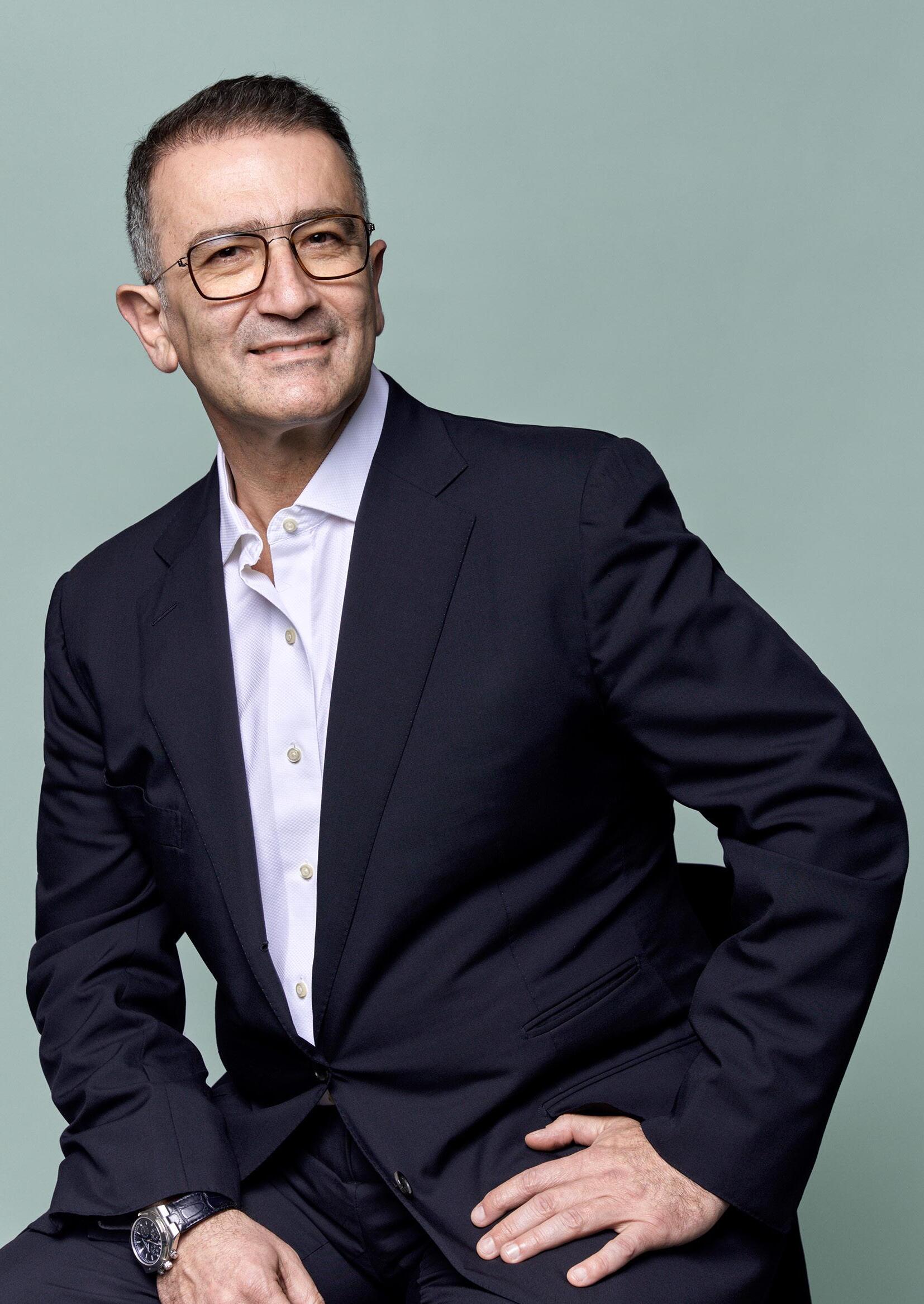
When Yasser Taher was appointed CEO of Magrabi Retail Group earlier this year, few were surprised.
As the former COO working closely alongside ex-CEO Amin Magrabi for the last 14 years, Yasser has been instrumental in building the leading luxury eyewear retailer across the Middle East – with a network of more than 140 stores and 1,500 employees.
Credited with transforming Magrabi from a hospital-based operation to a leading retailer, Yasser – who joined the company as GM GCC in 2000, becoming COO in 2009 – has spent more than a decade successfully implementing retail best practices and driving the store expansion programme regionally.
Not only has he led the proliferation of bricks and mortar stores regionally – from 40 in 2000 to 150 today across KSA, UAE, Qatar, Kuwait and Egypt – but he has ensured profitability of every store in every country.
“They always say that to be an international retailer, you must prove that you are profitable and not just existing. Well, here we are,” Yasser tells Business Chief.
He has also driven the retail group’s growing omnichannel presence, and been instrumental in powering its growing portfolio, driving the evolution of the group (which offers more than 127 luxury and lifestyle brands) into an own-brand company.
Last year, he successfully piloted and launched a second lifestyle banner, Doctor M, and further led the launch of the company’s manufacturing business, opening its first standalone, fully owned ophthalmic lens manufacturer in Dubai.
These launches are all part of the company’s transformation, as it looks to disrupt the category, develop successful Own Brands, accelerate regional expansion, and ultimately go global.
Retail Group is crystal clear, and ambitious – with plans to double revenue by 2025, roll out 40-50 stores regionally annually, and double the current production of two million contact lenses per year by 2025.
Eventually, plans are to take the group global, and to the public markets, though not
TITLE:
CEO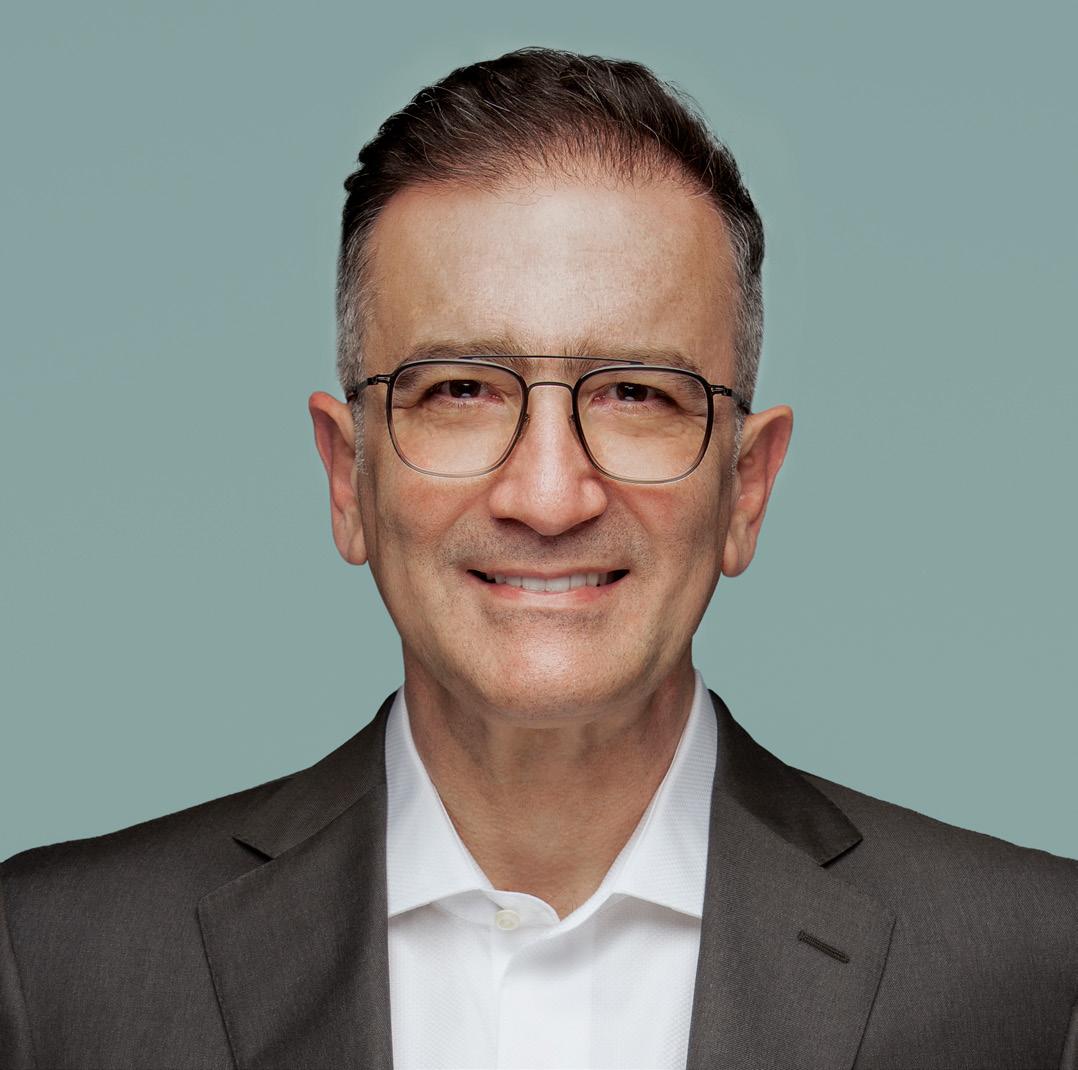
LOCATION: DUBAI, UAE
A serial entrepreneur with a passion for retail, Yasser has spent more than two decades in various leadership roles at Magrabi, including as General Manager GCC, Vice-President for Business Development, Chief Operations Officer and now CEO. As COO for 14 years, Yasser successfully oversaw Magrabi’s ongoing expansion and evolution into the Arab world’s top retailer. Prior to Magrabi, he founded and managed multiple businesses in luxury jewellery and fashion. Yasser is passionately engaged in mentoring and supporting young Arab graduates at the start of their careers. A former handball champion, Yasser is a graduate of London Business School and Harvard Business School’s Advanced Management Programme.
until 2025, says Yasser, adding that the Group is working on an IPO readiness initiative to be completed by the end of 2024.
“We want to become the world’s leading luxury eyewear retailer,” he declares. “We are transforming this family business to become a world-class business group.” And as the newly appointed CEO, the first non-family member to take the company helm, Yasser says it is his responsibility “to unlock the opportunities that can enable us to transform the Magrabi Retail Group into a global leader.”
Yasser attributes such ambition in part to the Covid-19 pandemic, which he says has given the company an opportunity to
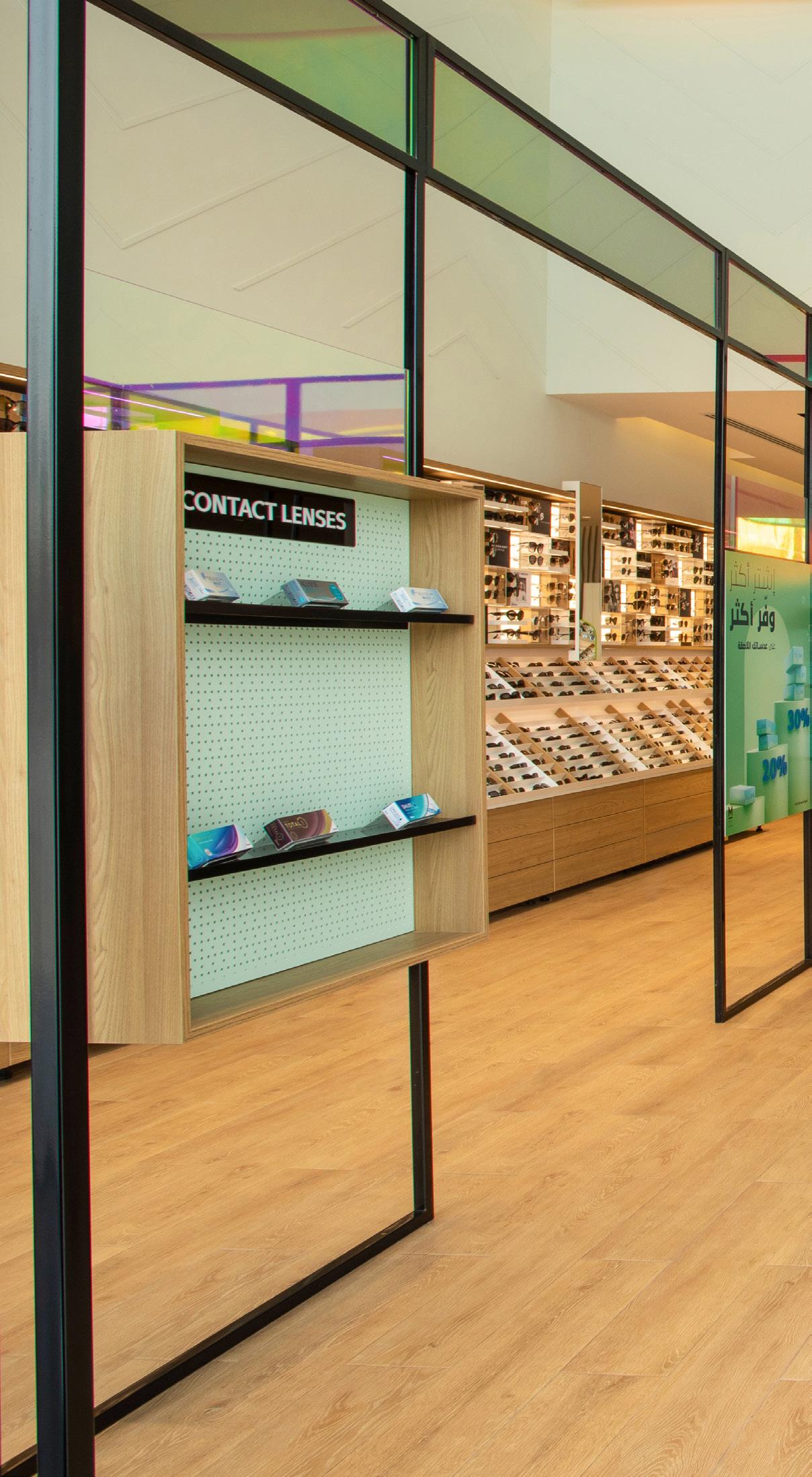
“We want to become the world’s leading luxury eyewear retailer”
shift focus and build back better – and the productivity has become 10X better than before the pandemic, he says.
“The pandemic allowed much discovery, pushing us all outside of our comfort zones to discover new things – new ways to work, collaborate, and be productive. One of the key fundamentals we learned is that agility is essential, as is the necessity to innovate, transform and evolve.”
Central to the Group’s transformation is its new mission statement: ’Re-envisioning the world of eyewear by empowering the
lifestyle of millions’ – which Yasser explains is about moving beyond the traditional approach of selling eyewear.
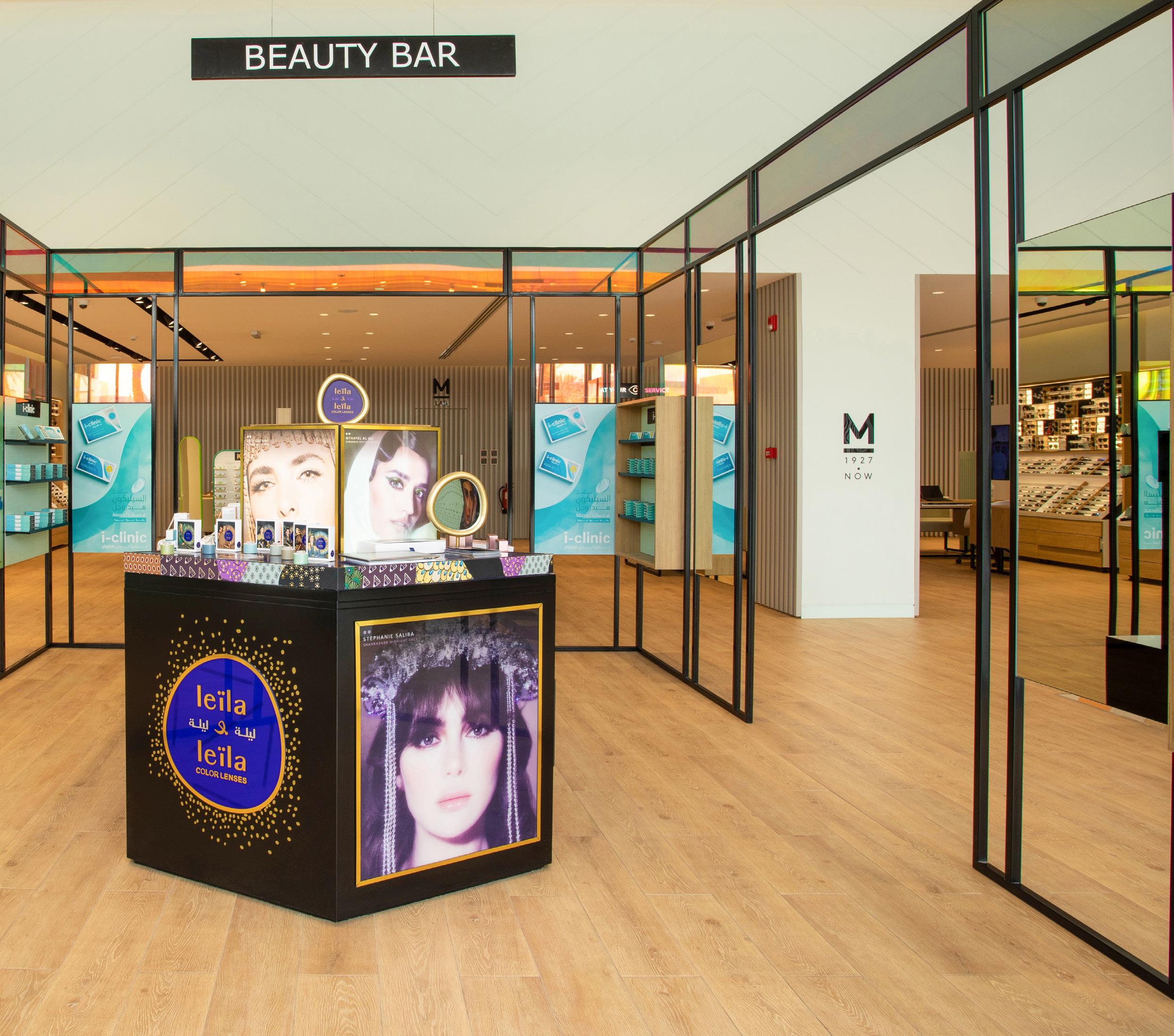
”We want to change the way people shop for eyewear, to transform the category from one that is classified as a must-have to a wantto. We want to remove all friction from the customer journey, empower the customer, and create an enjoyable experience,” he says.
“We want to innovate and transform the world of eyewear, introduce new brands, new banners, new products, and services, and

When in 1983, Lubna Olayan landed the CEO role in her father’s company, Olayan Financing Co., part of a huge multinational conglomerate in Saudi Arabia, she became the first female leader of a large family business in the country.
And while it would be 18 years before she got her first female colleague, the company now employs hundreds of women – proof of just how far both the business and Saudi society have come.
Since then, women have flooded into the Kingdom’s private sector, with numbers rising exponentially in just 10 years – from 56,000 in 2010 to a staggering 935,508 in 2021.
The Saudi government has led the way with gender reforms, the most impactful of which was outlined in 2017 in Vision 2030, to increase female participation in the workforce to 30%. That target was reached and smashed last year (2022), climbing to 37% female participation.
Among other impactful initiatives is the government-led Women’s Support Fund, which offers employer support in covering a certain percentage of women’s salaries.
Family businesses are uniquely positioned to create opportunities for women to advance in business more quickly, making them a torchbearer for change in Saudi Arabia
But just as the government is an important facilitator for wide-scale change in the Kingdom, so too family businesses have a key role to play in supporting women’s progress – especially given that they make up 64% of private-sector companies, employ 52% of the population, and contribute 32% to the Kingdom’s GDP.

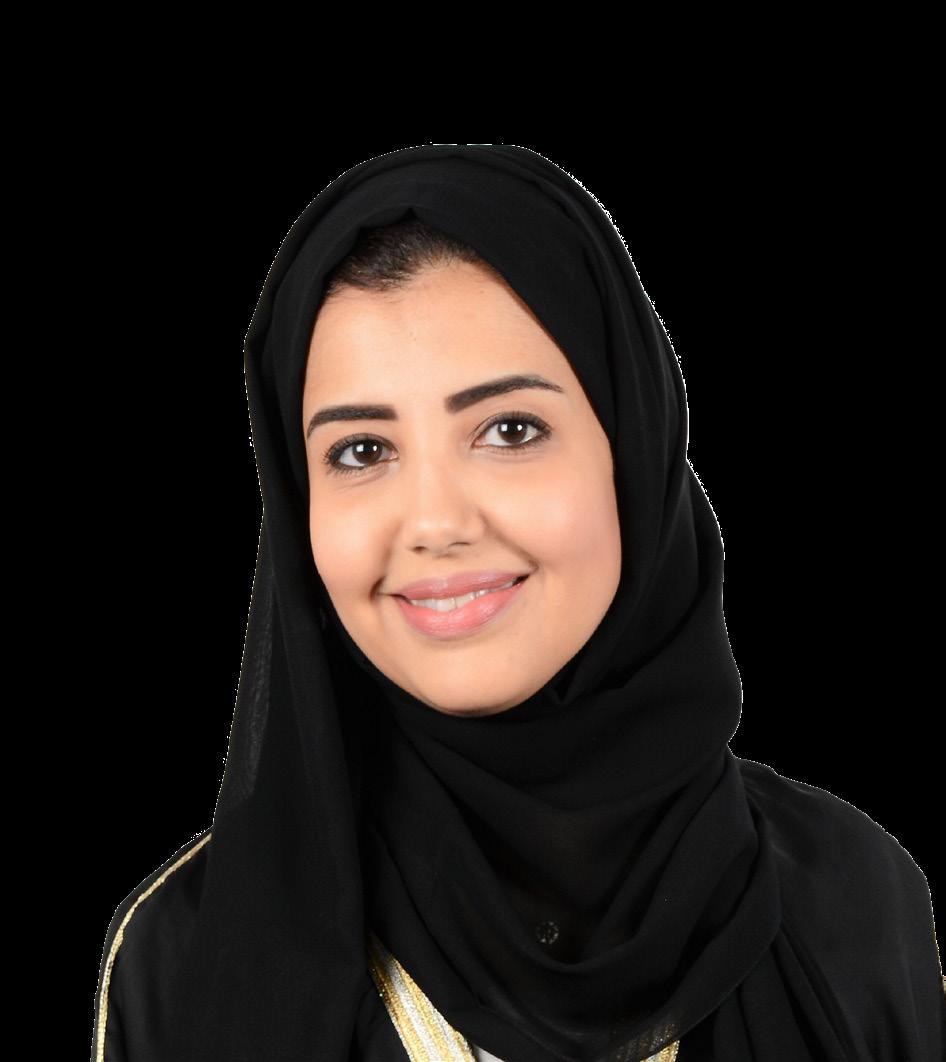
The fact is, because of the family dynamics, these businesses are uniquely positioned to create opportunities for women to advance more quickly. Unlike in other companies, where women may feel shut out of the conversation for leadership roles, women in
“Family businesses have an important role to play in being torch bearers for change”
Kholoud Mousa Partner and Head of DEI, KPMG Saudi Arabia
family enterprises can use their family status to help vouch for themselves.
“Family businesses give women a unique opportunity and entry point because a woman enters business to explore her strength, leverage, sense of purpose and passion,” says Lynne
Fleifel, VP for Sustainability and Diversity at Olayan Saudi Holding Company“It’s unique for family businesses and what they can offer women. Both men and women enter the business with an equal claim to succession.”
Of course, it hasn’t always been this way, with Saudi family businesses traditionally taking the ’premiogeniture’ approach of transferring the company from the father to the first-born child and, often, the first-born son.
But increasingly, forward-thinking enterprises are transitioning to a meritbased or objective approach to succession, according to KPMG Saudi Arabia’s The Power of Women in Family Business report, which features insights from 14 female family business leaders in the country.
Olayan Group, the Saudi conglomerate to which Lynne belongs, is a pioneer on this front.
“When my grandfather started the business, he laid out a clear path for men and women family members’ succession based on 100% meritocracy and equal opportunity, pay and promotion.”
Because of this, Lynne says she grew up in a company where you don’t think about men and women’s issues because it is distracting, and where many women hold senior leadership roles, including herself and Lubna Olayan, who was CEO of OFC for 35 years.
Kholoud Mousa, Partner and Head of Inclusion, Diversity and Equity at KPMG Saudi Arabia, tells Business Chief that “family businesses have an important role to play in being torchbearers for change”.
Gender quotas are used by many countries and companies to help rectify women’s under-representation, especially on boards or in senior roles. While neighbouring country the UAE introduced a quota in 2021, requiring every listed board to have at least one female representation, Saudi Arabia is yet to take this route. But should they?
Putting in place female representation quotas can create greater awareness of bias and stereotypes and can be a starting point in countries where gender equality is not yet a cultural norm, yet many of the female leaders interviewed in KPMG’s women in family business report said they weren’t in favour of forcing rules and programmess on to companies.
But looking at women’s lack of representation in the C-Suite and on boards in Saudi, Kholoud Mousa, Head of DEI at KPMG Saudi Arabia, argues that some measures such as the implementation of quotas are required to enforce change.
Khlood Aldakheil, CEO of family-run Erteqa Financial Company, concurs. “A quota secures diversity not only genderwise, but also in other aspects. It is a corrective tool. It’s a medicine that might hurt but will ensure your survival.”
Quotas put in place in the Kingdom for Saudization, a nation-wide objective to increase the number of employed Saudi citizens, is proof that quotas can
There is no longer any question about diversity being good for business. Study after study has shown that diversity leads to more creative teams and increases a firm’s bottom line. And numerous studies show that firms with more women in senior positions are more profitable, more socially responsible and provide higherquality customer experiences.
According to PwC’s latest Global Family Survey, which polled 46 family businesses in the Middle East, enterprises with more diverse boards (those with two or more women, one member under the age of 40, one non-family member, and one from a different sector) tend to be more progressive and advanced in areas such as contributing solutions to society, the environment, and DEI – all areas linked to stronger financial performance.
“Ample evidence points to the fact that diverse and inclusive companies with gender equality throughout the organisation and women represented in the C-Suite and boardrooms are likely to be more aligned with ESG priorities,”
KholoudMousa, Partner and Head of Inclusion, Diversity and Equity at KPMG Saudi Arabia, tells Business Chief.
According to Kholoud, women make better and more sustainable decisions to innovate, and so gain a competitive edge increasing their profitability and
More women entering leadership positions at family businesses normalises the idea of having women in C-suite roles, which in turn creates an environment that will spread into non-family businesses and open the door for other women to assume leadership positions, she explains.
Khlood Aldukheil, who has more than 20 years of financial advisory and investment banking experience and is CEO of familyrun Erteqa Financial Company, has seen this normalisation work first-hand – in the Kingdom’s banking sector.
Banks started hiring a significant number of women before any other industry in the private sector, she says. After the initial wave of hiring, women being present in the

office and being active on deals and projects became normalised.
Once that happened, people in the industry started judging their peers based on their performance rather than their gender.
Dr Basma and Nouf Al Zamil, both senior leaders at Zamil Group Holding Company, further attest to the power of family business in powering normalisation.
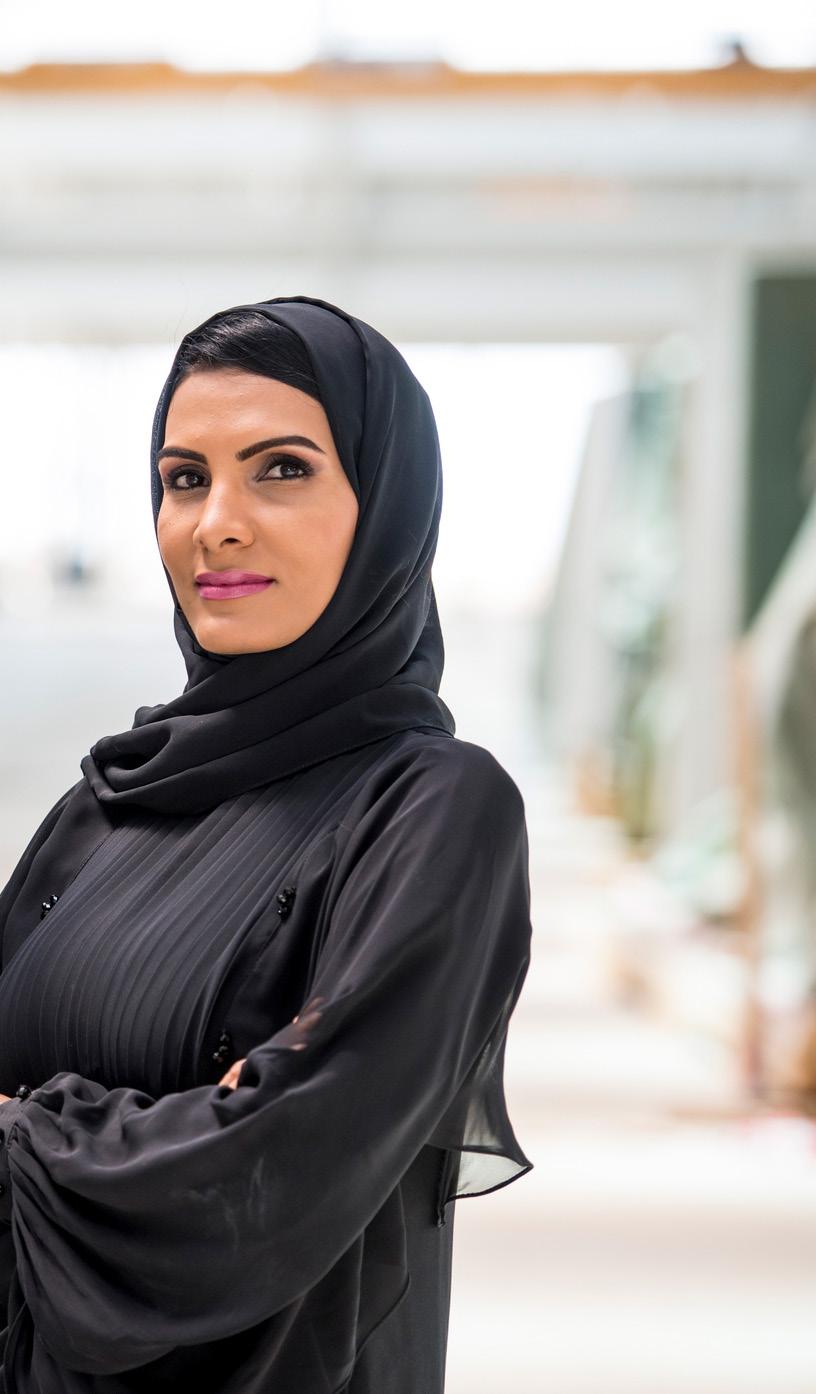
As members of the third generation in the Zamil Group Holding Company, a centuryold family-run Saudi business operating in traditionally male-dominated industries like manufacturing, construction and real estate, the cousins were the first women to join the company, in 2011 – trailblazing not just for their family but for future Saudi generations.
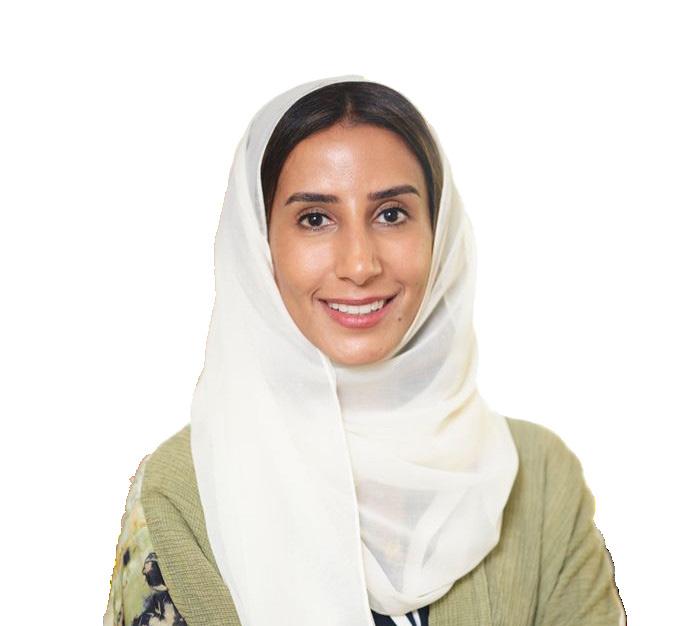
Like all family members, they began working in the business’s factories and plants, before taking an active role in hiring women to fill the food factory floor at Zamil Food Industries. This saw Zamil become the first company to have women working in factories in Saudi Arabia and soon pushed other companies across the Kingdom to follow suit.
Dr Basma says that in the beginning people couldn’t believe they were hiring women to work on factory floor, but now other companies are hiring women for similar positions.
“They are not hiring them just because they are females – they believe they can deliver better than men, especially in certain jobs,” says Basma, who has worked her way up to HR leader.
As trailblazers for their family, the company, and society at large, Basma and Nouf are happy to see women join the
“They cannot just get a job because they are a family member. We are cascading this value down, so as to demolish entitlement. If you work hard, you will get rewarded”
Nouf Al Zamil Director of Corporate Communications and ICT, Zamil Group Holding Company
Bullied, fired, harassed, manipulated, belittled. There isn’t much Emma Burdett hasn’t endured while working in the corporate sector – from vindictive female bosses to ego-driven male bullies, intimidated by confidence and potential.
Toxic workplace cultures are widespread. A recent survey from the McKinsey Health Institute reported more than half (55%) of people in the Middle East endured a toxic workplace.
“I had a male boss demote me, belittle me, forge sales figures and assign me low producing regions so I would fail,” says Emma, who has worked in various maledominated sectors, including real estate and construction, both of which remain so today.
It’s one of the reasons Dubai-based Emma created WILD Women Collective, a network dedicated to supporting women, helping them implement boundaries and ultimately providing them with a safe space where they can be ’seen’ and ’heard’.
It was in 2018, following a mental breakdown brought on by burnout, that Emma decided to start WILD with just
US$300, officially launching in Dubai in mid-January this year, before unveiling the concept in Saudi Arabia and then Abu Dhabi.
Emma, who is a transformational coach and gender equality specialist, tells Business Chief that what originally started as four women sat around a table with a sheet of paper has since become a “staple, vibrant and integral network within the UAE and Saudi with plans of scaling across other GCC locations and Middle East countries and to launch WILD UK.”
While the WILD Women Collective isn’t the first female professional networking group in Dubai – that title goes to two decade-old Dubai Business Women Council, founded by Dr Raja Al Gurg – it is the first and only network to connect women across the Middle East and the first to launch in Saudi Arabia.
“We are trailblazing gender equality,” Emma says. “Our membership gives women everything they need to create happiness, success, and fulfilment both in and out of the workplace.
“WILD is a movement I am proud to pioneer.”

“WILD is a movement I am proud to pioneer”
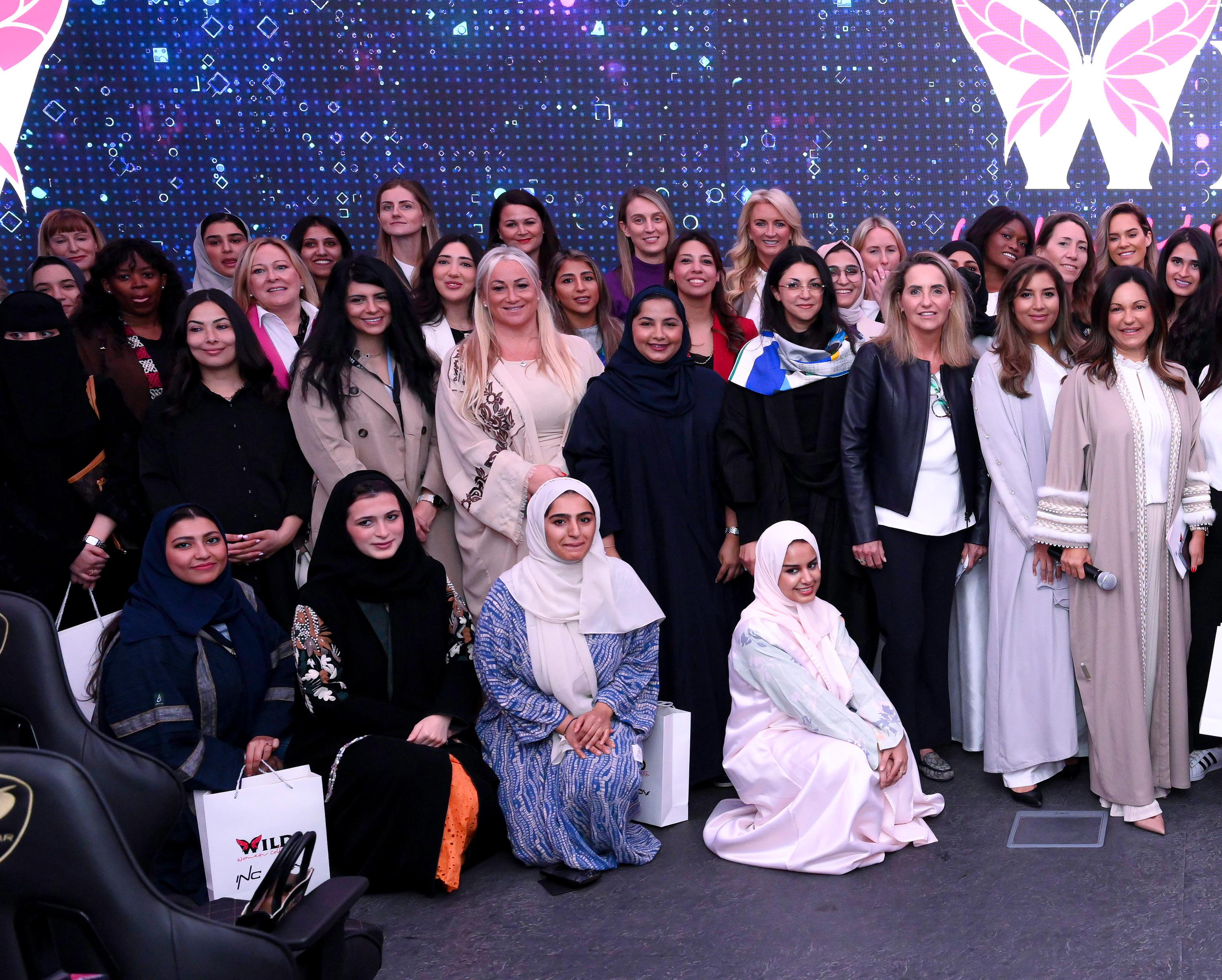
Founded more than 20 years ago by Dr Raja Al Gurg, Chairperson and MD of the Easa Saleh Al Gurg Group, DBWC is the UAE’s leading platform for the personal and professional development of businesswomen in the UAE, providing education, training and networking opportunities. DBWC’s tailored workshops and seminars for members offer training in valuable skills and best practices.
Founded by Dubai-based entrepreneur Jen Blandos, Female Fusion is the UAE’s largest and most engaged community for women-owned businesses, for female entrepreneurs who want to start, build, grow, and scale. Members receive
masterclasses, workshops, monthly UAEbased meetups and events, and discounts on business-critical services. Membership is waitlisted until September.
Recently co-founded by Dubai-raised sisters Nikita and Rhea Patel, The Bureau is the UAE’s first purpose-build femalefocused co-working space – think meeting rooms, co-working lounges, phone booths, podcast studio, fitness studio and pumping room. The Bureau provides purposeful networking, with regular events and mentorship programmes, including industry-specific matches, and a regular series of talks on everything from financial empowerment to mental health.
WILD – supporting wellness as much as ambition
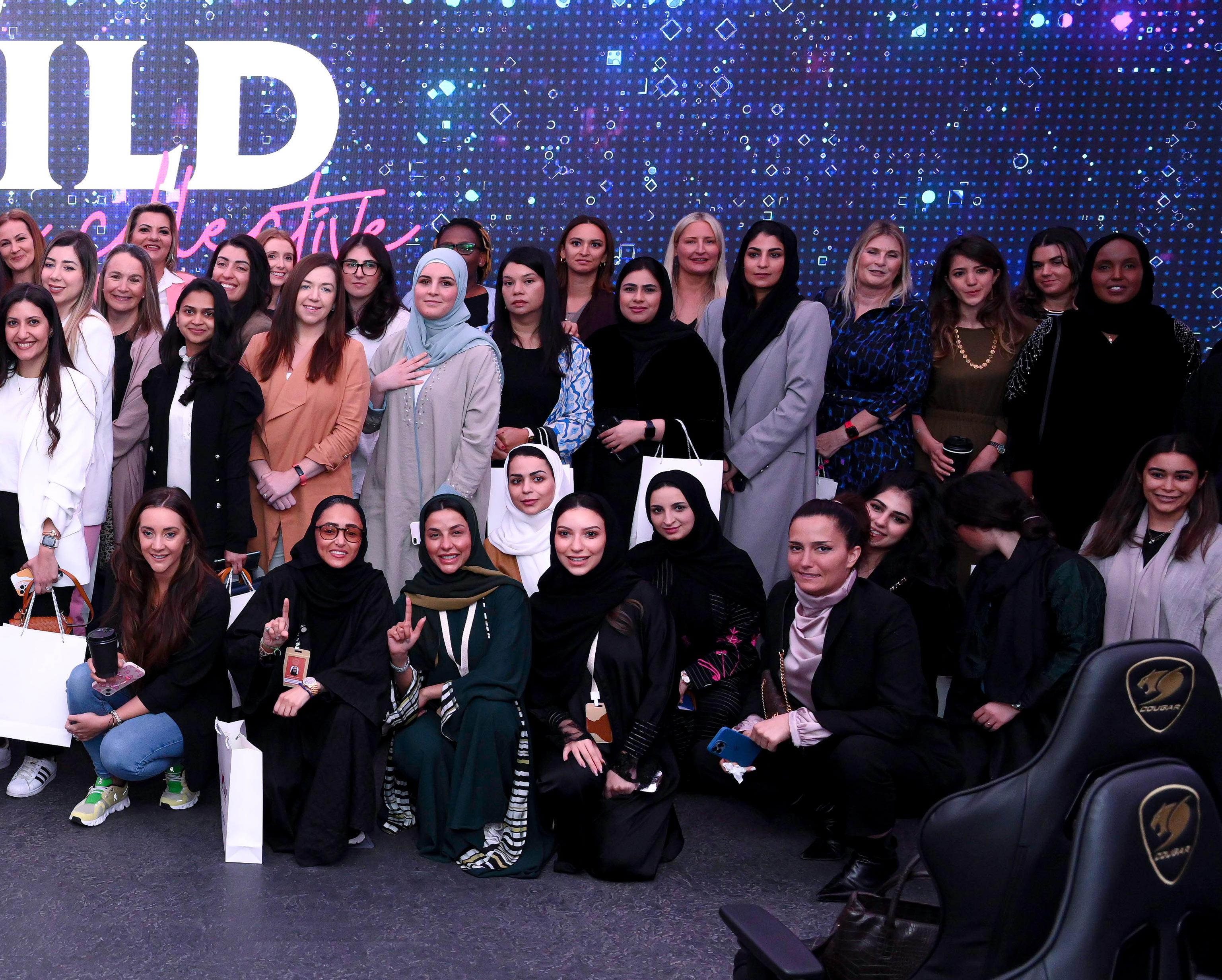
For Emma, who has seen the impact of burnout first-hand, it was important that WILD be as much about wellbeing as it is about striving for success.
“Burnout is real and serious,” declares Emma, and “something I see often with women… as they work tirelessly to prove they are as strong, dedicated and just as committed and ambitious as men.”
Society continues to reward the ’hustle’, the pushing and striving, something Emma argues is an “outdated and backward concept” and one that needs to change. “What we should be encouraging is creating space for ourselves and putting our health and wellbeing at the top of the agenda.”
And research backs this up, with one-third of employees in GCC countries reporting burnout symptoms, and more than 60% reporting symptoms of poor mental health and wellbeing, McKinsey Health Institute finds.
The level of employees experiencing distress, often a precursor to burnout, was also higher in the GCC than globally, with 55% reporting it compared to 32% globally.
And such burnout is often driven by toxic behaviour at work. GCC employees reporting high levels of toxic behaviour at work are seven times more likely to experience burnout – something Emma has herself experienced and is focused on
If 2022 was the year of Risk and Resilience, then many observers feel 2023 is the year of Sustainability and Security.
As the corporate world embraces digital transformation in the face of an economic downturn, the emphasis for all organisations is to survive and thrive – and that can only be achieved with greater cloud adoption and enhanced security.
These sentiments are highlighted in The Future of Cloud Security in the Middle East – a research report produced by sister publication Cyber magazine in conjunction with Business Chief.
We surveyed cloud professionals and IT decision-makers across the region in an extensive survey, and discussed those findings in two roundtable events held in Dubai and Abu Dhabi, and sponsored by Huawei.
Cloud adoption in Middle Eastern countries has been growing rapidly in recent years, driven by increasing digitalisation, the need for improved IT infrastructure, and the desire to reduce costs and improve efficiency. According to Blueweave Consulting, the
regional cloud market is growing at a CAGR of 21%, and will reach US$9.8 billion by 2027, up from US$2.7 billion in 2020.
The COVID-19 pandemic of 2020 accelerated digital transformation as entire nations were forced to adapt to a new way of working and way of life. However, this rapid acceleration brought with it greater risk – due to the sheer scale and rate of transformation – which sometimes saw security lag behind.
That was painfully clear around the globe, not just in the Middle East. According to a report by cybersecurity firm Kaspersky, the number of ransomware attacks in the Middle East increased by 57% in the first quarter of 2021 compared to the same period in 2020. Another survey by Cybereason said cyberattacks rose 71% in the UAE in 2021, with 84% of UAE companies paying a ransom – a figure that is 20% higher than the global average.
It is not just the number of cyber attacks that is the problem, rather the sensitive data and critical infrastructure that is now hosted in the cloud – making it a potential target for cyber criminals. Finance and healthcare, for example, have been hit particularly hard in the region.

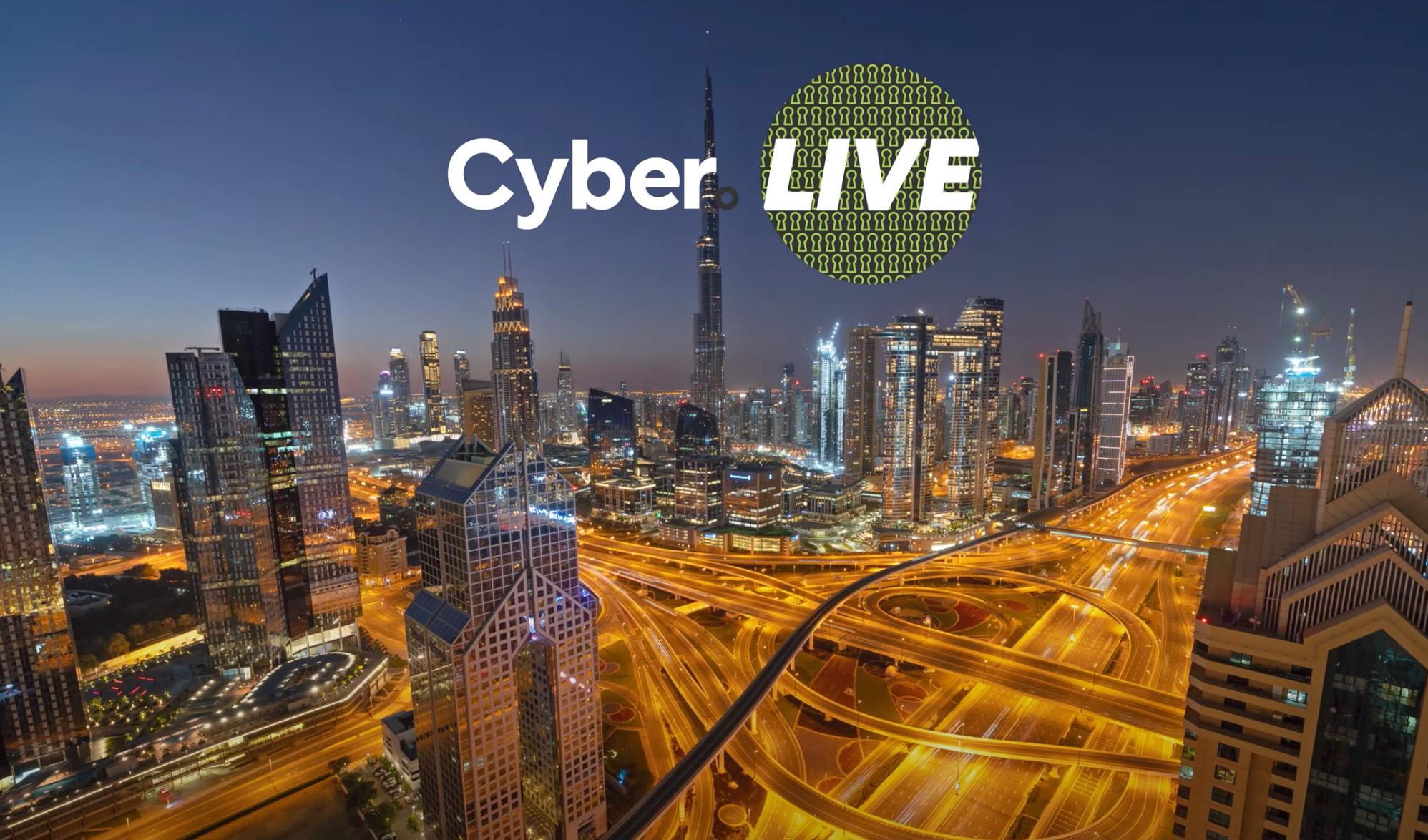
According to a report by cybersecurity firm Group-IB, the Middle East saw a 25% increase in financial cyberattacks in 2020, at a cost of US$18.5 billion. Group-IB adds that the credentials of more than 690,000 users in MEA were stolen by malware in 2022. The new research report captures a snapshot of cyber and cloud security professionals’ insights, gauges their opinions on the state of their own organisations, and their future intentions when it comes to making their business more sustainable and secure.
Traditionally, the Chief Information Security Officer (CISO) has always been seen as a back-office role or one filled only when there was an audit issue or a need to find IT support. They were seen and not heard, and rarely featured within the executive management team, let alone as a permanent agenda item in the boardroom.
As the cloud and cyber threat landscape becomes even more disruptive, cloud security professionals are clearly being listened to, and heard.
Two third of those surveyed for our report say they have an increased voice in the boardroom, almost three quarters say cloud security is taken seriously enough, and a similar number say they are included in strategic decision making at their organisation.
This is welcome news for security professionals and suggests a change in perception for a role that was seen as functional rather than strategic – and integral to the sustainability and success of the organisation.
“We need to usher in the new Golden Age of the CISO,” says Dr Aloysius Cheang, Chief Security Officer Huawei Middle East and Central Asia.
READ THE FULL STORY
Sultan Al-Owais, Digital Lead, Prime Minister’s Office, UAE Sultan is an experienced Information Security and Information Technology professional with a track record across different industries and transformation programs. Prior to joining the Prime Minister’s Office, he was Information and Cyber Security Director at Emirates Nuclear Energy Corporation.
Dr Aloysius Cheang, Chief Security Officer

Huawei Middle East and Central Asia, Huawei Aloysius is responsible for driving Huawei’s cybersecurity vision of building a safe and secure intelligent connected digital world in the UAE and Islamic nations globally. He is also a Board Director for US-based (ISC)², as well as UK-based cyber leadership think tank, the Centre for Strategic Cyberspace + International Studies (CSCIS).
Shivani Jariwala, Director – Cloud Services, CPX and President Cloud Security Alliance UAE Chapter Shivani is a trusted advisor for cyber security, and has helped develop and deliver trust, leadership and overall cybersecurity maturity for organisations around the world. She is a leader with a successful track record of working with C-level executives and with state, national and multilateral bodies across industry verticals.
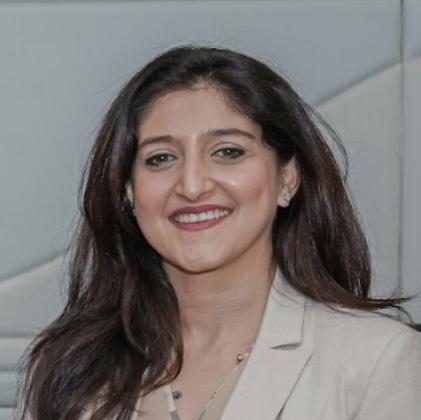
Dragan Pendić, Director - Cloud Security, G42
Dragan has more than 28 years of experience in digital security, consulting and business enablement through technology innovation. He joined G42 in 2020 and prior to that led security for Accenture's Technology arm for UK & Ireland, and held senior leadership roles at Diageo, Verizon, KPMG and Capgemini.

Rajesh Yadla, Director Head of Information Security, Al Hilal Bank
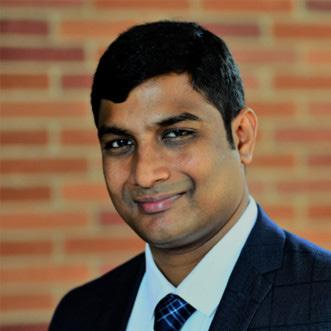
Rajesh has 15 years of experience in information security and technology risk management, 10 of those in the UAE. Currently working as Head of InfoSec in Al Hilal, he worked in Group42, FAB, and Etisalat in information security-related roles.
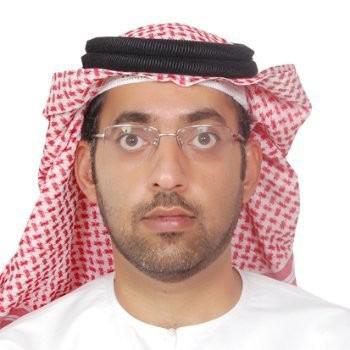
Sustainability may be top of the agenda for many companies globally, but arguably nowhere does it have as much significance as in the Middle East.
With the UAE preparing to host COP28 later this year in Dubai, and some of the world’s biggest companies (such as Saudi Arabia’s Aramco) from the region looking to transition away from oil and gas, the stakes could not be higher.
A new report from PwC Middle East suggests companies in the region are rising to the challenge – changing mindsets and taking action in a transparent fashion.
Here, report author Dr Yahya Anouti, PwC Middle East ESG Leader, talks exclusively to Business Chief on the key findings and future trends.
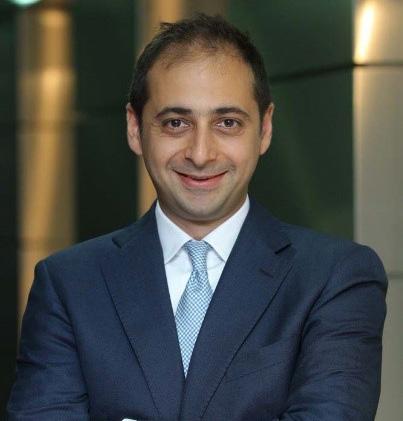
Over the past few years, the region has been undergoing a significant transformation – in part, driven by ESG factors. COP27 and the upcoming COP28 in the UAE, has not only placed the region in the global spotlight but
has also raised awareness on the unique threats climate change poses to the region. For example, the region is particularly vulnerable to the effects of climate change as a result of its scarce water resources and high levels of aridity.
Furthermore, a heightened awareness of climate risk to business, coupled with new regulations and the obligation to comply with these regulations are also some of the key drivers for this shift.
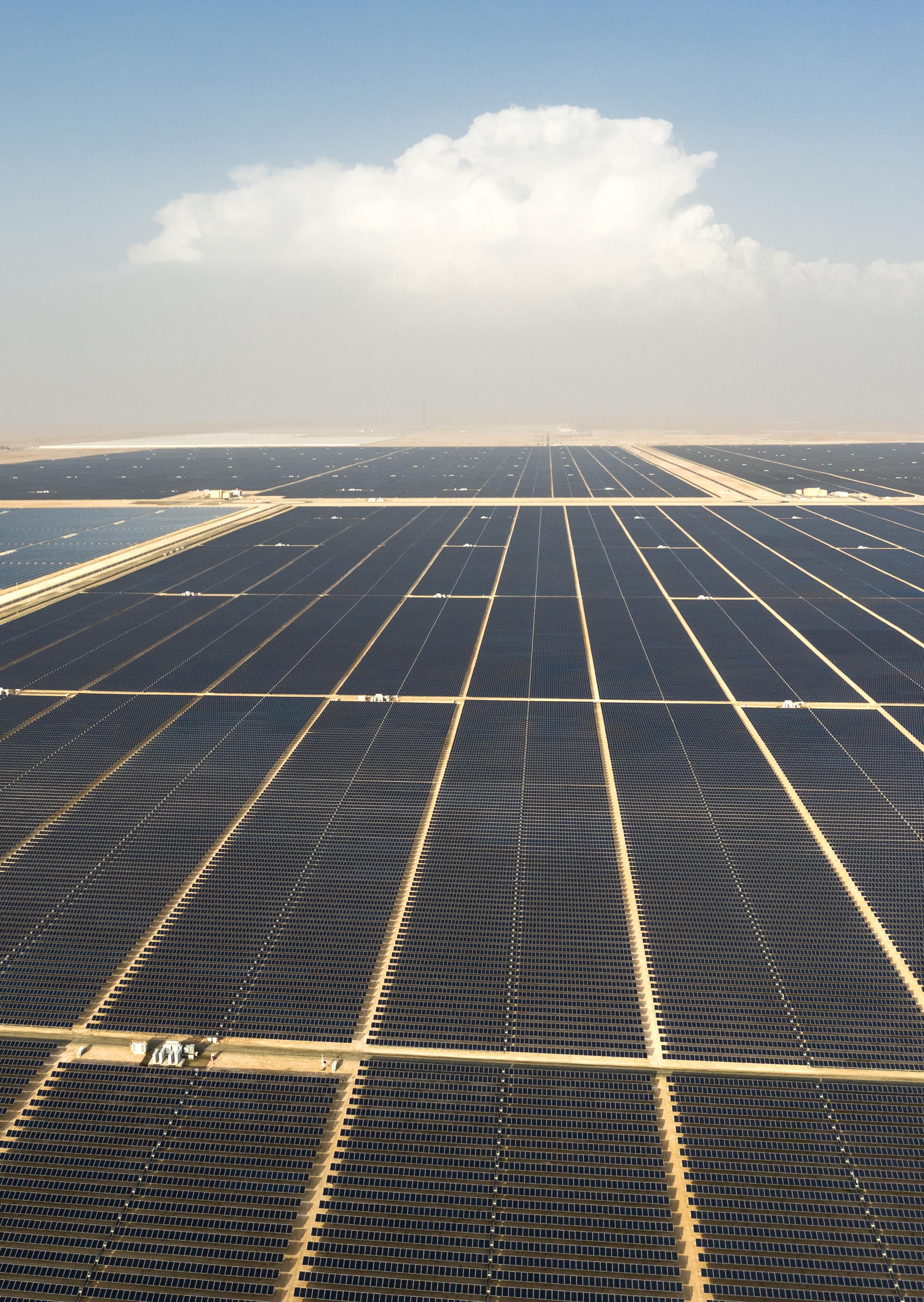
“The UAE and Saudi Arabia have taken the lead in sustainable development”


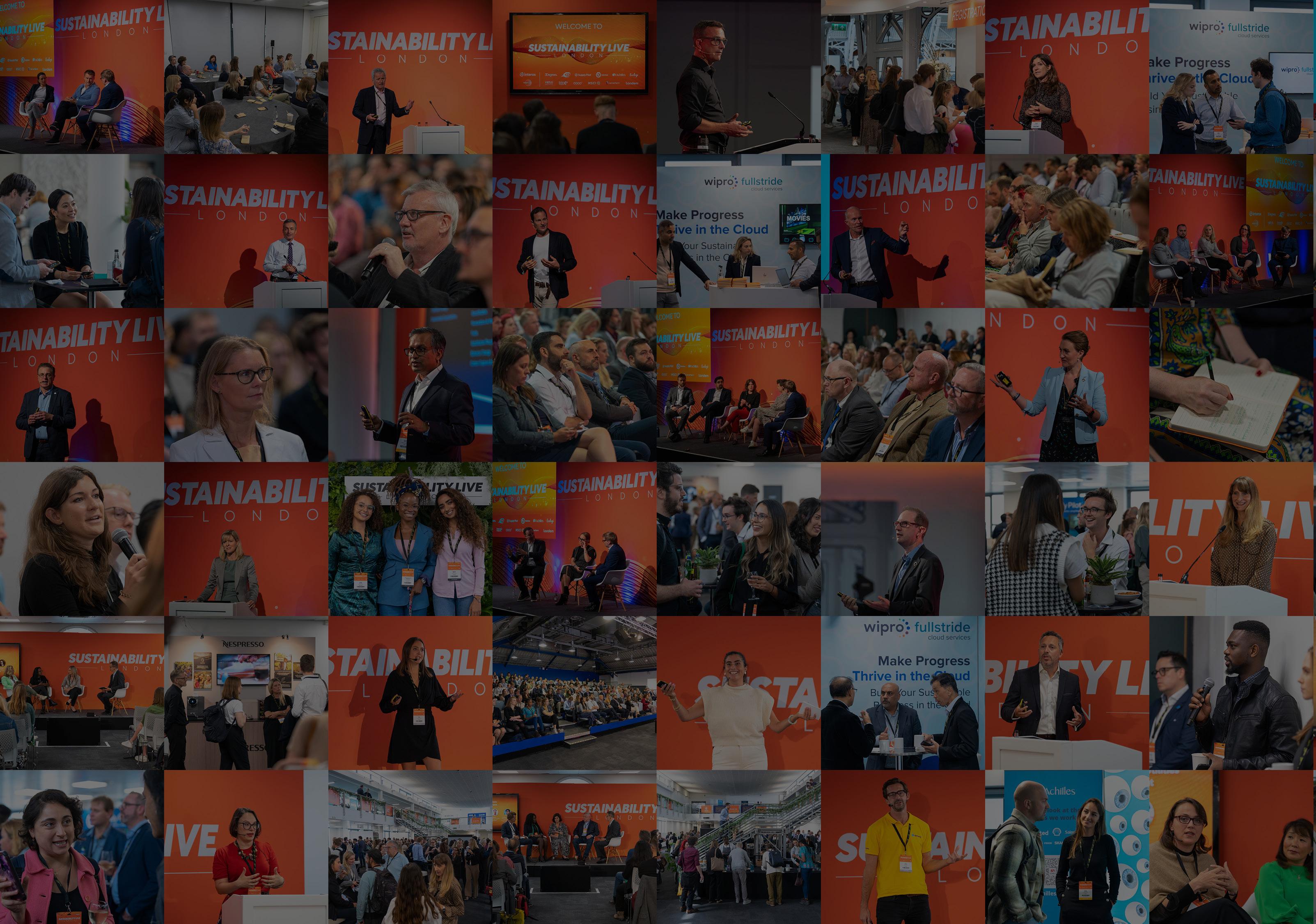
6 - 7 September 2023
Business Design Centre, London
SPONSORSHIPS GET YOUR PASS
We are also seeing an increased awareness among companies around the competitive advantages and opportunities present in the region. For instance, the region has some of the lowest cost for renewable energy in the world, which is driving opportunities in green hydrogen, synthetic fuels, green manufacturing as well as climate technologies. Investors globally are pouring capital into projects with a strong ESG angle, precisely the area in which the GCC countries have an advantage due to their abundant and low-cost renewable energy sources.
Moreover, we have seen strong regional progress in the S and G of ESG, with the establishment of data protection laws, targets being set and achieved around nationalisation and worker welfare and an increase in organisations reporting on their ESG progress, to name a few.
In some ways, yes. A lack of regulations that mandate the reporting on ESG means that governance is only now really coming to the fore as an area of focus and priority for both
the public and private sector. Our survey revealed a shift in what regional companies consider as a priority across ESG areas.
When we asked respondents to rank the reasons why they were adopting or progressing an ESG strategy within their organisations, 63% chose 'compliance with regulation and policies', compared to 40% last year.
In addition, more companies are appointing a dedicated resource to handle ESG and corporate sustainability agendas at the executive level, with almost onethird of regional companies having a Chief Sustainability Officer – while more than onethird of companies hope COP28 will lead to tighter ESG legislation and incentives for green growth in the region. This is a positive sign, indicating the demand for higher accountability on ESG matters and an increased focus on corporate governance.
The region is undoubtedly going through a massive transformation in terms of ESG efforts and is quickly catching up to global peers. The UAE and Saudi Arabia have taken the lead in sustainable development, establishing national commitments to transition to a net-zero economy, adopting sustainable governance standards, supporting the private sector and accelerating sustainability skills.
Based on our recent report, Qatar’s progressive ESG Journey, Qatar has also committed to environmental, social and corporate governance and this is evident in its recent accomplishments and future plans – and businesses in Qatar now have an opportunity to contribute by leveraging
“The cost of producing solar energy and green hydrogen in the Gulf is about one-third of the global average”
From foodtech to fintech, video streaming to logistics, the companies on our top 10 MENA startups list are continuing to innovate, grow and attract funding
WRITTEN BY: KATE BIRCHCurrently home to just six unicorns (startups with a valuation of more than US$1 billion), including Careem, Swvl, and Kitipo, the Middle East and North Africa (MENA) region is expected to rise sharply.
By 2030, MENA will give birth to more than 300 unicorns and soonicorns (startups forecast to reach that valuation), a recent report by strategy consulting firm Redseer has found.
Likely to be focused on sectors such as fintech, ecommerce, Internet and consumer services, these successful startups and scaleups are also likely to turn to IPOs for mass funding.
Here is our list of the ones to watch.


Location: Egypt
Founded: 2015
Founders: Islam Shawky (CEO), Alain El Hajj (COO), Mostafa Menessy (CTO)
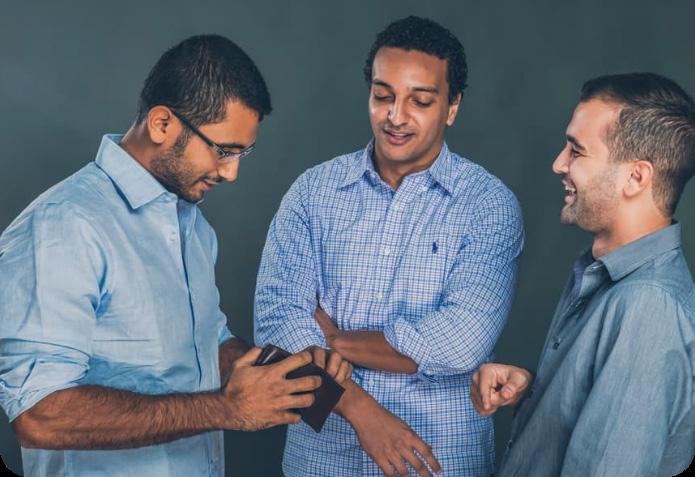
Total funding: US$68.5m
The leading financial services enabler in MENAP, Cairo-based omnichannel payments platform Paymob delivers innovative fintech solutions to customers in Egypt, Jordan, Kenya, Pakistan and the UAE. The platform, which offers 40 payment methods, powers millions of transactions worth billions of dollars for more than 170,000 SME businesses, plus big names like IKEA Egypt, Vodafone, Tabby and Uber. Paymob, which has 16.5 million registered users, plans to reach a million SMEs in the next few years. In 2022, Paymob raised US$50m, reaching a total of US$68.5 million, with main investors including Kora Capital and Global Ventures. The company has 1,400 employees.
Location: Egypt
Founded: 2006
Founders: Ahmed Hamdan (CEO), Hasson Hamdan (CTO)
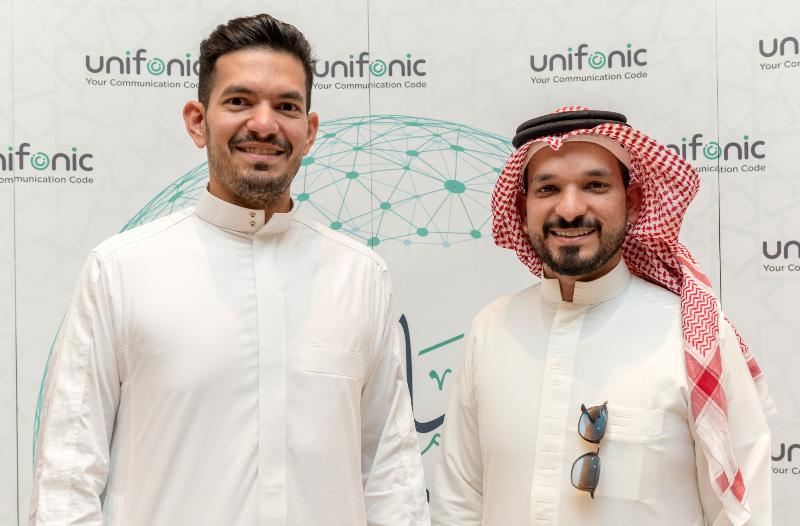
Total funding: US$146m
The leading Communications Platform as a Service (CPaaS) provider in the Middle East, SoftBank-backed Unifonic offers a cloud communications platform enabling businesses to communicate with consumers across various channels. The Saudi startup recently acquired Turkish AI-driven conversational automation firm Sestek, as it looks to expand its suite of customer engagement products and geographic reach. Since its last raise of US$125m in 2021, Unifonic has been scaling the platform across regional emerging markets, opening an office in Pakistan. As part of the Saudi Unicorns Program, Unifonic is committed to pioneering innovative solutions that drive the Kingdom’s competitive technology ecosystem further.
Location: UAE
Founded: 2014
Founders: Maaz Sheikh (CEO), Danny Bates (COO), Karin Baggstrom, Khaled Benchouche
Total funding: US$150m
Netflix’s regional rival, Starzplay Arabia, is the fastest growing on-demand video streaming service in MENA and Pakistan, available in 19 countries, and consistently ranked among the region’s top three streaming services. Starzplay, which has 2.1 million subscribers, has secured tie-ups with leading global studios including MGM, Warner Bros, Universal and Discovery, and also delivers original content. Following two previous funding rounds totalling US$150m, E-vision (from e&) and ADQ acquired a 57% stake in Starzplay, valuing the platform at US$420m.
Starzplay is using the funding to produce more original regional content and acquire new content including the Asia Cup cricket matches live.
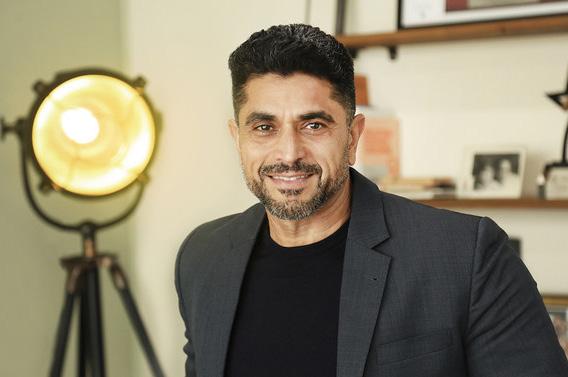
Location: Algeria
Founded: 2017
Founders: Noureddine Tayebi (CEO)
Total funding: US$193.25m
Founded in 2016 by an Algerian Stanford PhD graduate, super app Yassir has grown to become one of the most valuable startups in North Africa, and one of the highest valued in MENA. Yassir, which means ‘easy’ in Arabic, offers on-demand services such as ride-hailing, food/grocery delivery, and payments, in six countries and 45 cities, and is especially popular in Algeria, Morocco and Tunisia. Three out of five on-demand activities in Algeria, its first market, are made via the platform. The super app, which has 8 million users and 100,000 partners, raised US$150m last year, and is moving into banking and payments.

Location: Saudi Arabia
Founded: 2015
Founders: Ahmad AlZaini (CEO), Mosab Alothmani
Total funding: US$198m
Since its founding in 2014, Foodics has processed over five billion orders to become the leading cloud-based technology and payments platform for restaurants in MENA. Formally licensed as a fintech firm by Saudi National Bank, Foodics is aiming for 150,000 terminals by the end of 2024. Following its Series C raise of US$170m in April 2022 in a round led by Prosus, one of the world’s largest tech investors, Foodics has continued its expansion and M&A strategy, acquiring POSRocket, the second largest restaurant Cloud technology provider in MENA, as it looks to grow regionally and venture into non-food micro-retail outlets.

Location: Saudi Arabia
Founded: 2016
Founders: Sami Alhelwah (CEO), Abdulmajeed Alsukhan, Bakr Elsherif, Ahmed Alsamani
Total funding: US$212.2m
Saudi’s first grocery delivery platform Nana is looking to expand its services regionally and diversify following a Series C US$133m funding raise led by Kingdom Holding, investment company of Prince Alwaleed bin Talal. Nana, which stands out regionally for its dark store model, where orders are delivered to customers within 15 minutes, has broken records in orders fulfilled and downloads registered – 10 million to date. The startup, which operates in more than 18 cities in KSA, and features more than 22,000 products, is aiming to be a leader in its sector regionally in an estimated market size of more than US$165bn.
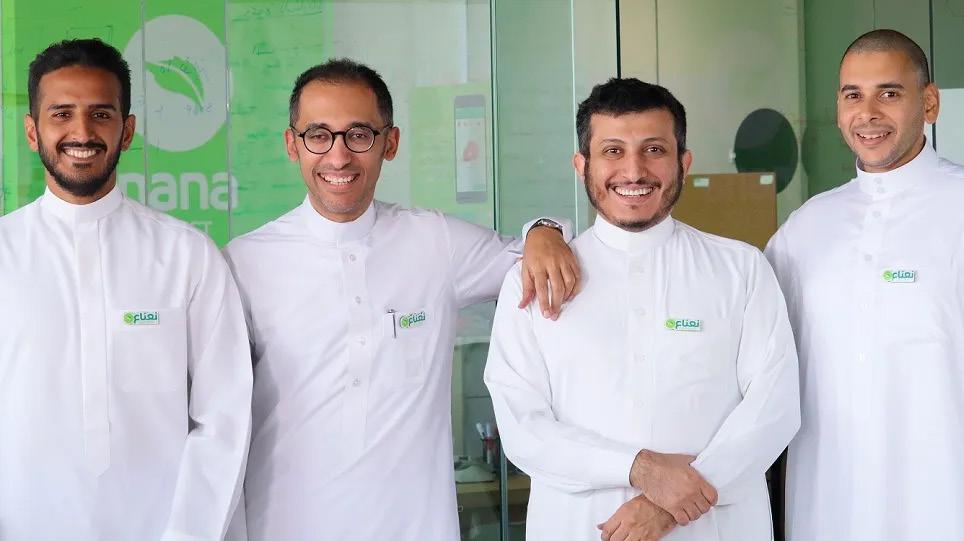
Location: Saudi Arabia
Founded: 2016
Founders: Gaurav Biswas (CEO), Pradeep Mallavarapu
Total funding: US$203m
Dubbed Uber for trucks, Middle East logistics startup TruKKer has grown to become one of MENA’s fastest growing tech firms and the region’s largest online trucking aggregator. The Riyadhbased startup, which operates 50,000 trucks and drivers across six GCC countries and has presence in North Africa, West Asia, and CIS, serves 750 businesses for cargo movements, lastmile delivery, and port movements. TruKKer is also making a positive contribution by having 10,000 drivers generating more than 70% of their monthly income on the platform. In 2022, TruKKer closed a US$100m pre-IPO Series C funding round, led by Investcorp, and is using the funds to expand its footprint.
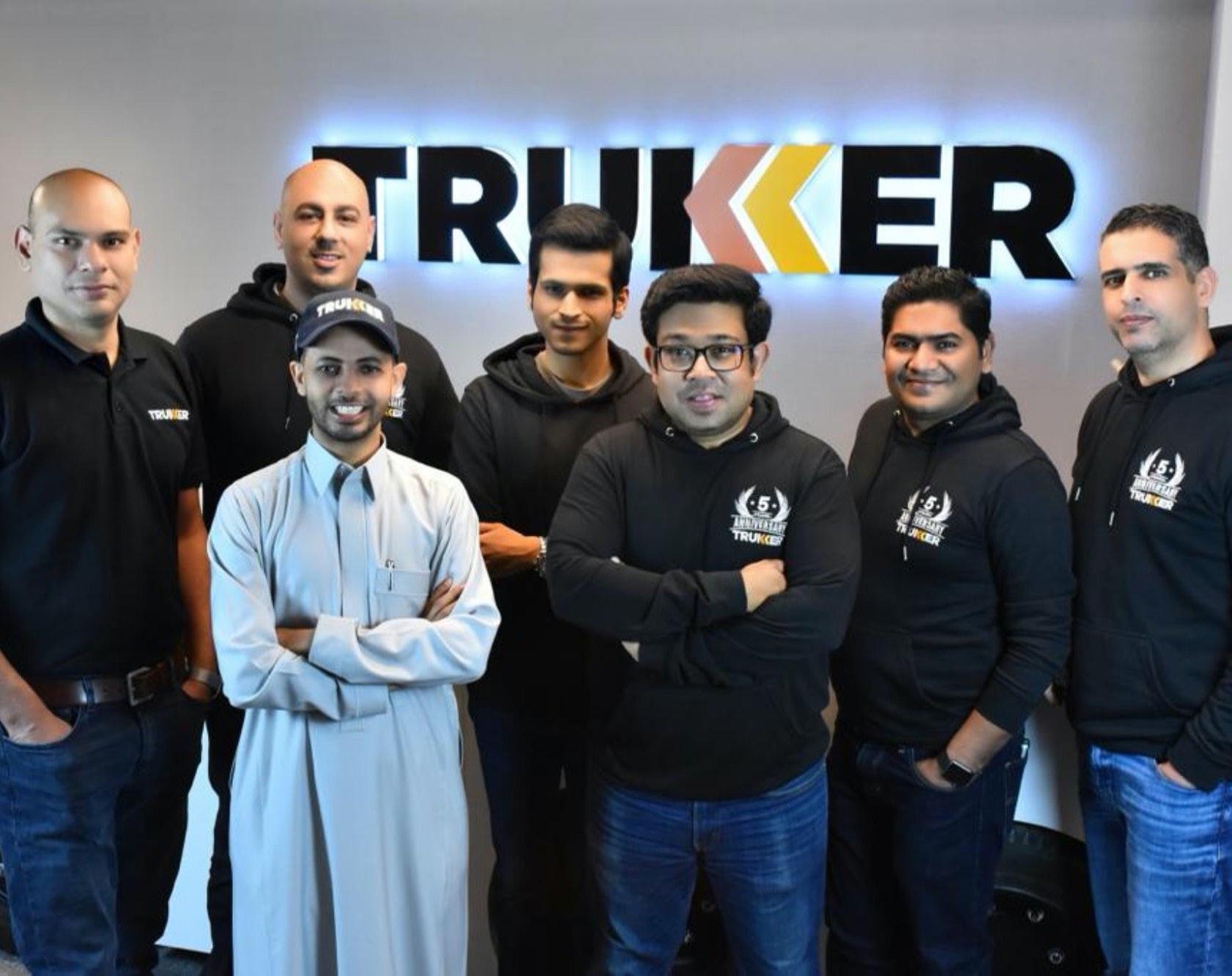
Location: Saudi Arabia
Founded: 2020
Founders: Abdulmajeed Alsukhan (CEO), Turki Bin Zarah (COO), Abdulmohsen Albabtain (CPO)
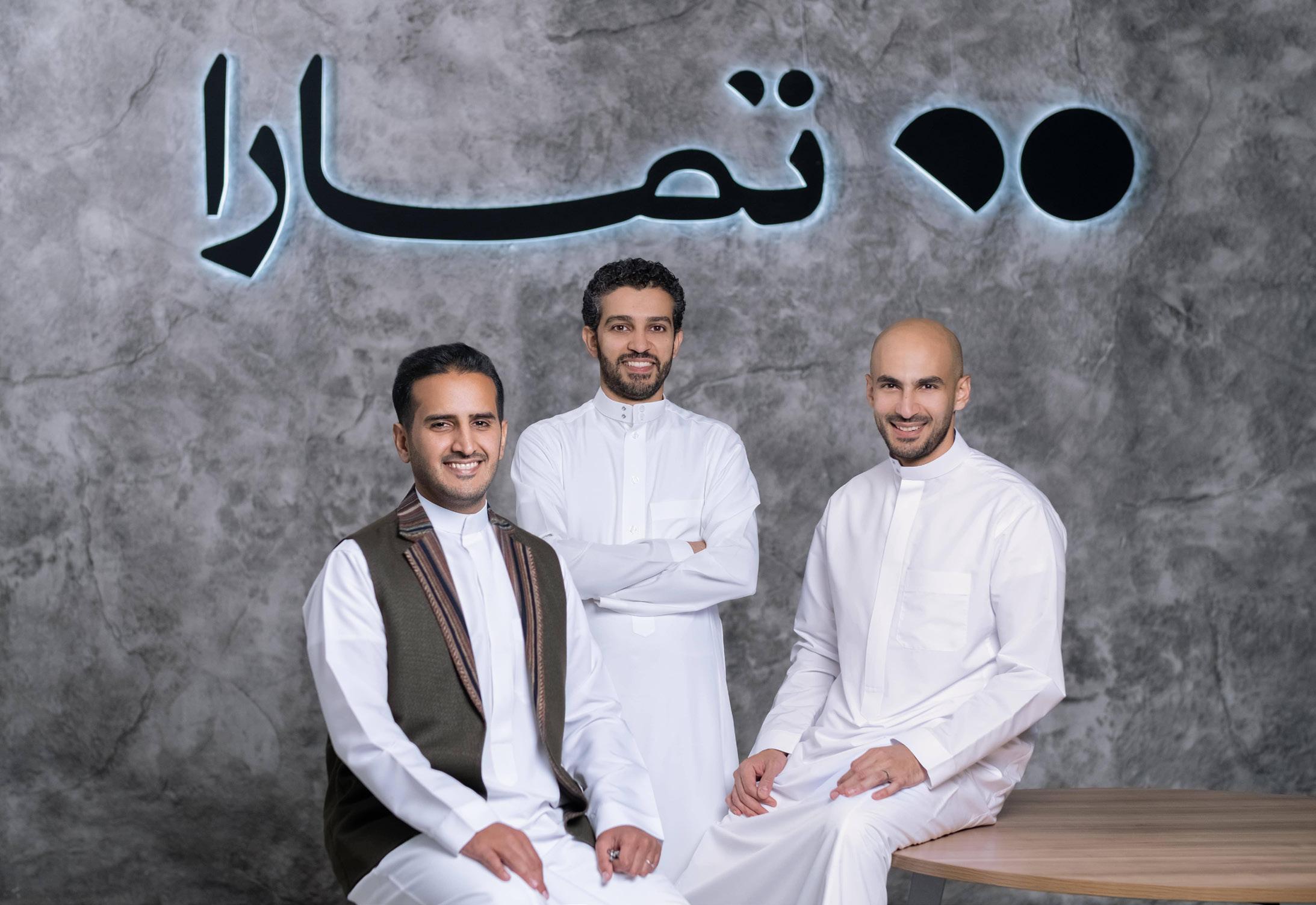
Total funding: US$366m
Since its launch across Saudi, UAE, Kuwait, and Bahrain in 2020, Tabby rival Tamara has onboarded six million customers, making it one of the largest BNPL providers regionally. Tamara acts as an ecommerce enabler for 15,000 merchants, including brands Shein, IKEA, Jarir, Noon, H&M. The highest funded startup in Saudi, Tamara is renowned for securing financing from top-tier global institutions, and recently secured a debt facility of up to US$150m from Goldman Sachs, marking a regional first of its kind. This brings its total funding in equity and debt to US$366m, which Tamara is using to accelerate demand for its BNPL product.

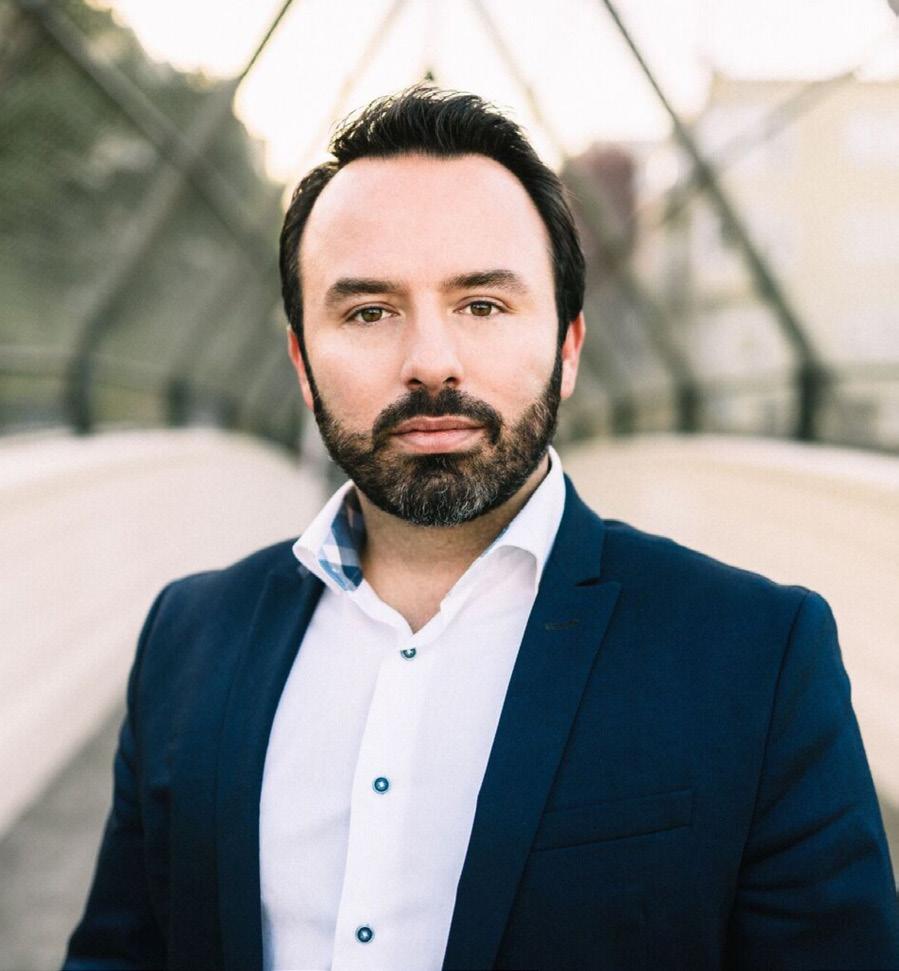
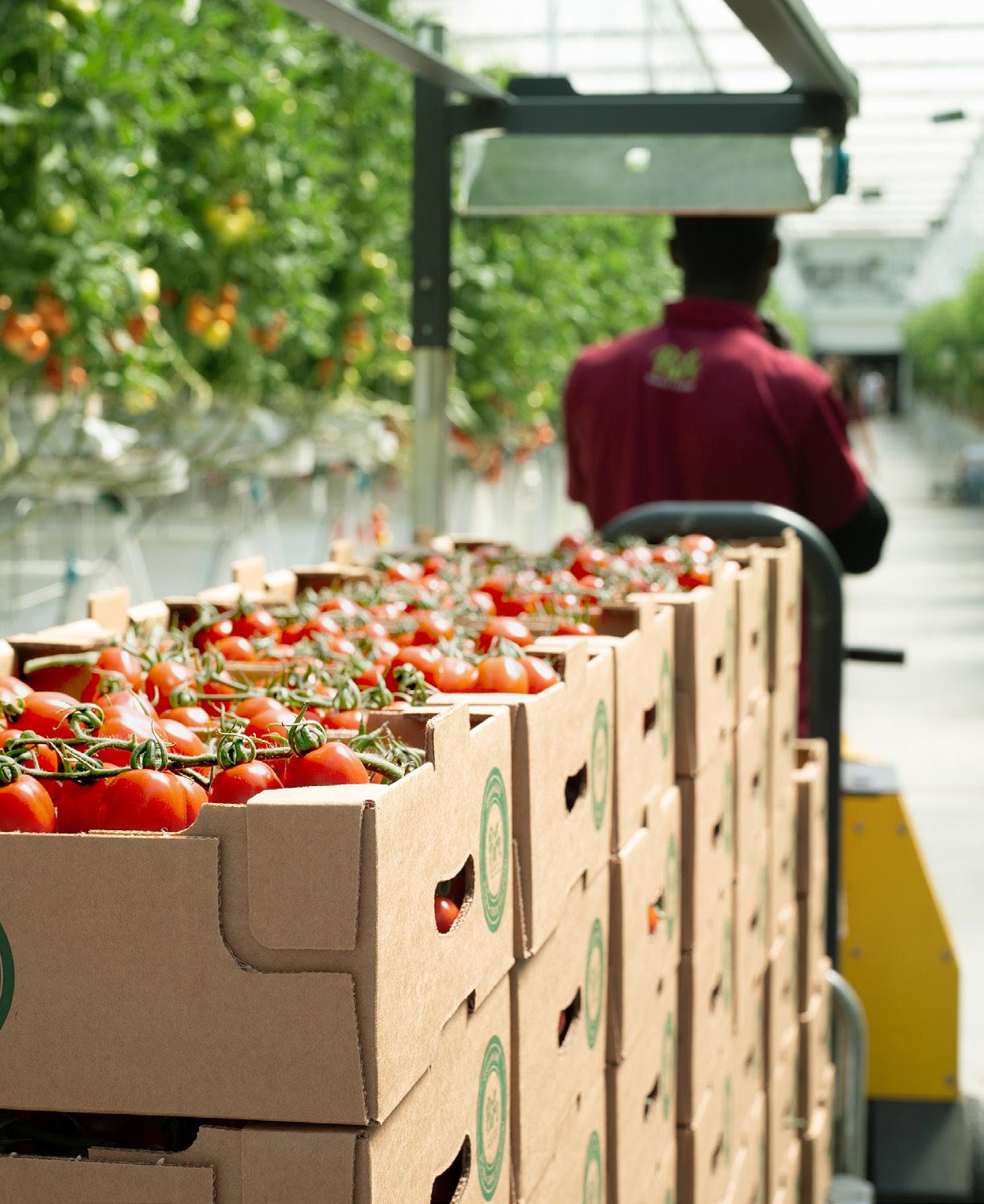

Location: Abu Dhabi
Founded: 2017
Founders: Sky Kurtz (CEO), Robert Kupstas, Mahmoud Adi
Total funding: US$387.1m
Founded by three Stanford graduates who met in the UAE, Pure Harvest designs, builds and operates indoor farming systems. The agritech, which leverages innovative tech to enable production of affordable, sustainably grown produce, operates four farms in the UAE and has projects in Saudi and Kuwait, including a partnership with Saudi’s National Agricultural Development Company
With a proven track record of building and operating at scale in a region facing difficult climatic conditions, Pure Harvest is well placed to tap the ‘smart’ agriculture market – expected to grow from US$12.9bn in 2021 to US$20.8bn by 2026.
In 2022, Pure Harvest raised US$180m in a ‘vastly oversubscribed’ round led by Saudi group Olayan, underscoring “the strong institutional investor appetite for Pure Harvest”, a statement said. The raise brought the agritech’s total funding to US$387.1 million, making it among the most-funded startups regionally, as it plans expansion across the GCC and opening of new high-tech hybrid smart farms in Asia.

After a year of enormous challenges in which leading companies ushered in a new era of progressive transformation, more and more decision-makers realize that companies must have a strong technology focus to succeed.


But which technologies are currently being discussed? Which ones are really relevant?
According to a survey of 1,000 of our IT consultants, who discuss with their clients on a daily basis which technologies support new business cases, the following five tech trends will be particularly in focus this year:


1. Responsible AI
2. Cloud at the edge
3. Cybersecurity mesh


4. Embedded data and analytics
5. Connected sensors and machines
We are in the midst of a revolution regarding technology and business models, and you cannot separate the two. The top 5 technology trends for 2022 from our survey are game-changers. The competitive advantages of these technologies increase the effectiveness of operations and solutions and can be the foundation of new business models. Our clients and all companies can benefit from these technologies.
AI use cases have matured, which is why they are facing increased scrutiny. It is no longer sufficient that AI systems perform well – their predictions need to be fair and easily explainable to clients and regulators. Frameworks and best practices are emerging to meet these requirements for more robust and improved AI solutions.
Sovereignty and edge computing needs are the new challenges for CTOs. Cloud adoption has transformed IT organizations, governance and operating models (FinOps, CloudOps functions). There is a need to bring computing capacities closer to users and resources for real-time processing and sovereignty requirements. Edge computing and sovereign clouds are now counterbalancing extreme cloud centralization.

There should be a distributed approach to network security with individual perimeters around each access point rather than a traditional top-down all-encompassing approach. The cybersecurity mesh is a distributed architectural approach for scalable, flexible and reliable cyber control. The mesh changes the focus from protecting a traditional IT perimeter (analogous to a “walled city”) to a more modular approach that centralizes policy orchestration but distributes cyber security enforcement.
Companies that succeed have a holistic approach and continuously embed data and analytics into the business. They keep an eye on new trends and adjust accordingly but always move along a roadmap with initiatives and use cases that drive them toward their goals. Companies must define and prioritize use cases, ensure that insights are actionable and work with a holistic plan. Without this harvesting value from data is costly and difficult.
Connected sensors and machines are at the peak of an ongoing revolution that is leading us toward a world in which everything is measured. The combination of sensor data and powerful analytics on the edge and cloud will act as a springboard for innovation and predicting the future.


Furthermore, according to the new BearingPoint benchmark analysis on Resilience, the effective use of technology is a key characteristic of resilient companies and organizations.

Many analysts believe that IT trends are responsible for pushing and reshaping changes in the economy. In the process, it has become clear that pioneers must necessarily also be technology leaders. Due to the rapid digitalization push, technology has become an essential element of global market leadership.
Companies have also learned that pioneers do not wait for the “new normal” but shape it themselves. Big changes require courageous leadership – and the prioritization of technology. It’s not just about continuing to run the business but also about breaking down conventions and creating a new vision for the future.
A new future lies ahead - one that is different from anything that has gone before. People are ready for something new. And it is time for businesses to join them.
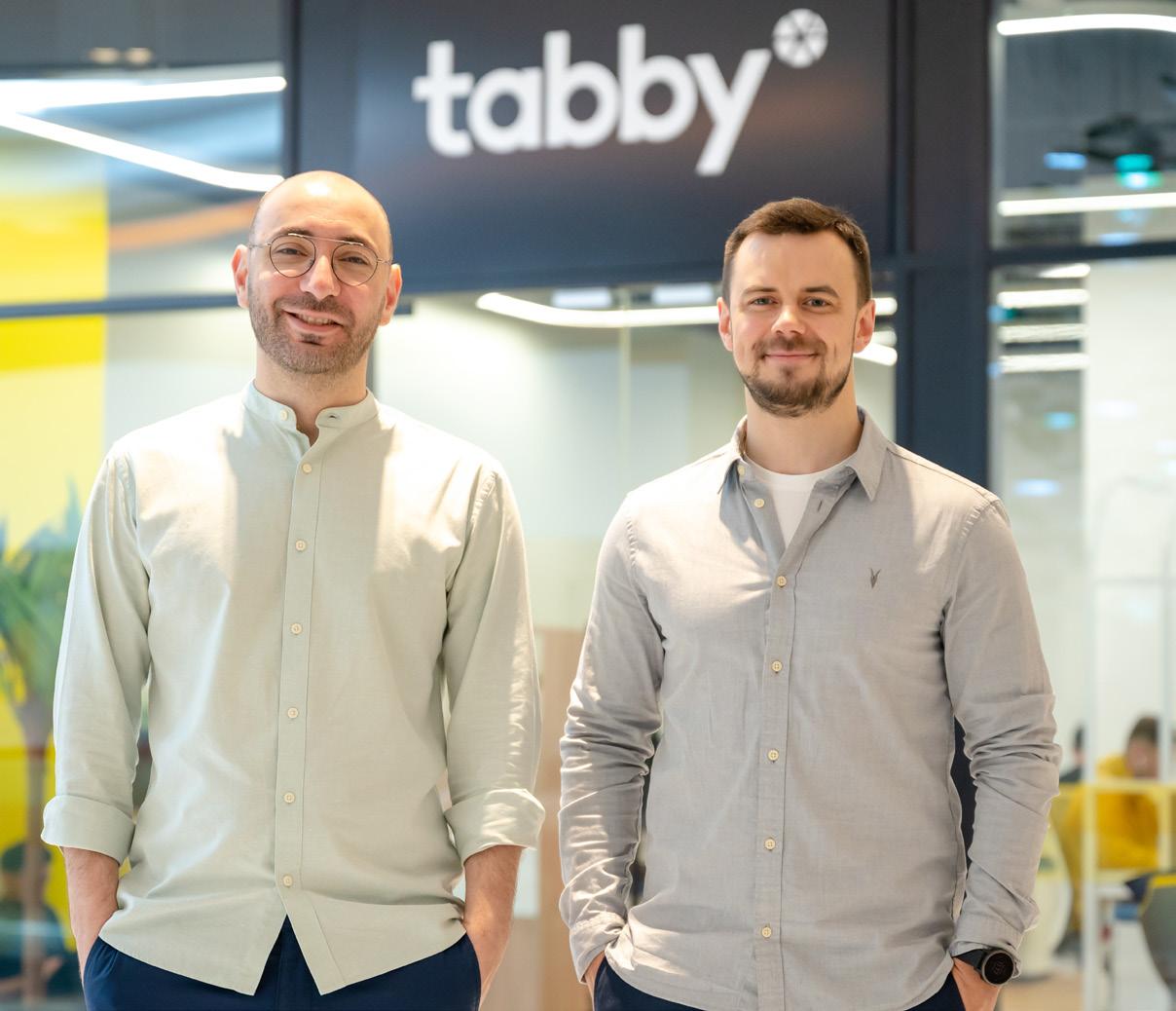



Location: UAE
Founded: 2019
Founders: Hosam Arab (CEO), Danil Barkalov (COO)
Total funding: US$394m
A leading consumer-focused shopping and financial services app, MENA-based buy-now-pay-later (BNPL) Tabby has continued to scale sustainably since its launch in 2019.
The cutting-edge platform, which allows users in Saudi, the UAE, Kuwait, and Egypt to shop with flexible payments online and instore, has amassed an impressive list of more than 10,000 brands, including nine of the 10 largest retail groups in MENA, and recently partnered with Noon.com, the region’s largest ecommerce marketplace.
Growth for the Dubai-based startup has been rapid. Last year, Tabby reached 3 million active shoppers on its platform, grew revenue five-fold on the previous year, and issued more than 150,000 Tabby Cards just six months after launching its virtual cards program, with plans to roll out the program beyond the UAE. Tabby has more than 130 employees.
Following a Series C raise of US$58m, led by Sequoia Capital India and STV, earlier this year, Tabby doubled its valuation from 18 months prior, to US$600m, making it one of the most valued startups in the region. The only startup in the GCC to receive funding from PayPal Ventures, Tabby is using the funds to expand its product line into next-gen consumer financial services.



Move over, Asia, the Middle East region is posturing to become the world’s next big wellness destination.
While some countries in the region have already dipped a toe into wellness, opening high-end health resorts or five-star spas (here’s looking at you Dubai), the latest destinations are reaching greater wellbeing heights.
With the aim of promoting self-healing and self-discovery, these new-generation regional resorts are not only fully immersive and entirely holistic – blending wellness, culture, history, luxury and sustainability –but they are uniquely Arabic.

Tapping into the serenity and spirituality of the desert landscape and harnessing the unique characteristics of therapies, rituals and ingredients deeply rooted in Arabic culture, the region is rolling out a growing list of wellness destinations to lure travellers actively seeking ways to enhance personal wellbeing and mindfulness.
Take Qatar. Last year, the Gulf nation became home to the world’s first wellness destination to embrace Traditional Arabic and Islamic Medicine (TAIM) as its philosophy.
Quite literally a hidden oasis in the heart of Qatar’s desert landscape, Zulal Wellness
Resort by Chiva-Som – the Middle East branch of the world-renowned Thaiborn wellness retreat Chiva-Som and the region’s first full-immersion wellness resort – has integrated TAIM throughout its approach to wellness.
Region’s first full-immersion wellness resort embraces TAIM
The resort has brought on board dedicated TAIM practitioners to deliver TAIM-inspired treatments like Hijama, a blood-
The region is redefining the wellness travel experience with immersive and integrated resorts that pay homage to ancient Arabic traditions and ritualsBanyan Tree AlUla
letting therapy similar to cupping that is designed to rid the blood of impurities; an abdominal massage using a warm herbal compress created with herbs indigenous to the Arabian-peninsula; and a camel milk slimming body mask.
TAIM also inspires the cuisine. Nourishing dishes rooted in Arabic health-food traditions feature indigenous herbs and spices, and traditional Arabic superfoods like figs, dates, olives, and camel milk, bolstered by healthy cooking techniques to ensure maximum
nutrition. While a menu of medicinal teas, courtesy of the in-house apothecary, offers inner restoration and relaxation, especially when taken in the House of Wisdom, a library housing thousands of books, thanks to a partnership with the Qatar National Library.
According to Sadie Johannessen, Zulal’s director of health and wellness, “TAIM’s key principle is restoration and life balance through good diet, physical therapies and fitness, mental health and rest, optimal digestion and elimination, and nurturing of the spirit.”

 Banyan Tree
AlUla - BTAU
Rockpool
Banyan Tree
AlUla - BTAU
Rockpool
This applies to both individuals and families, and uniquely, Zulal offers a Family Wellness concept delivering multigenerational practices and activities designed to encourage connection and positive habits.
This embrace of ancient Middle East wellness philosophy and of the desert landscape as a destination is part of Qatar’s National Vision 2030, to honour the preservation of tradition and indigenous

knowledge and culture and boost family togetherness.
It is a strategy also employed by close neighbour Saudi Arabia. The Kingdom is carving out its own immersive Arabic-focused wellness strategy, as this less-than-traditional tourist destination looks to lure 100 million visitors annually by the end of the decade.
The tourism drive is part of the Kingdom’s efforts (Saudi Vision 2030) to diversify its economy away from oil revenues and evolve into one of the world’s leading sustainable tourism destinations.
Saudi Arabia rolling out resorts that redefine wellness Mega projects from Red Sea Global (Red Sea Project and Amaala) and the Saudi government (The AIUla Project / NEOM) are rolling out high-end holistic wellness destinations that are redefining the wellness travel experience.
Centered around regeneration and sustainability, these immersive and integrated resorts focus on nourishing
200,000+
The years of largely unexplored history held in Saudi city AlUla – a living museum now home to several immersive wellness resorts
the mind, body, and soul by maximising the benefits provided by the tranquillity of the desert, traditions of the region, and ingredients indigenous to it.
Take Saudi’s flagship wellness retreat, and the World’s Best New Wellness Retreat in 2022, Habitas AlUla – a desert-based ecoluxury villa resort that pays homage to the traditions of the region.

Habitas is the first property to inhabit AlUla, the ancient desert region of Saudi famed for its breath-taking landscapes and millennium-old archaeological sites, which is being transformed into a holistic wellness destination.
An oasis of calm and wellbeing, focused on sustainability, community, and shared experience, Habitas is home to eco-friendly practices (think electric cars and farm-to-table practices) and immersive experiences that are rooted in local traditions and designed to restore and relax, sustain, and nourish.
“Habitas AlUla is an experience-led resort, aimed at the modern traveller, with a mindset to rewire intrinsic behaviours for ultimate happiness and satisfaction,” says Oliver Ripley, Habitas Co-Founder & CEO. “Everything we do is based on connection and sustainability.”
Fire meditation, sound healing, Tibetan tapping, breathwork, restorative yoga, art
and culture walks and canyon trekking are among the wellness practices offered against a striking backdrop of ancient rock formations and dunes, with the resort playing host to the 16-day AlUla Wellness Festival, themed around the healing power of silence, later this year.
The resort’s Thuraya Wellness Centre, named after a star-constellation used by Bedouins to navigate, features a wellness agora and yoga deck, and delivers treatments combining Middle Eastern wellness techniques with local ancestral practices, like the date seed body scrub. While, within the on-site alchemy bar, wellness practitioners conjure up oils and masks using local plants and ingredients like salts and clay.
Full moon Arabic-inspired massage under the stars, anyone?
Wellness-focused property, Banyan Tree AIUla, has also opened in the ancient city. With its all-villa tented resort flanked by sandstone mountains, and a bespoke wellbeing offer that uses natural and native ingredients and fuses ancient Arabian practices with Banyan Tree’s Thai roots, the resort promises guests a truly holistic and immersive approach to wellness.
3,000
The number of hotel rooms that will occupy Amaala, the world’s first integrated family wellness destination being created on Saudi’s northwestern coast
Guests can connect deeply with the surroundings through various outdoor wellbeing experiences, from star-lit openair sound baths to a massage inside a hidden cave surrounded by precious minerals, incense and scented candles made with locally grown ingredients. Banyan Tree’s wellness programming will also see a regular roll call of world-renowned masters pop in to deliver transformational workshops.
Transformative wellness journeys at heart of Saudi tourism
Set to raise the bar of wellness even higher is Saudi’s newest wellness destination, Amaala, a year-round destination located on the country’s undeveloped northwest coast that will be powered by 100% renewable energy.
Part of Red Sea Global’s vision of regenerative ultra-luxury tourism, Amaala is designed as a place for “transformative,
personal journeys” curated around wellbeing, arts, culture, and luxury lifestyle, and will be home to the most comprehensive wellness offerings ever created in one destination, according to Red Sea Global, with first phase completion by mid-2024 and full completion by 2027.
Among Amaala’s initial holistic and regenerative wellness resorts are Clinique La Prairie Health Resort, Rosewood Amaala, and Jayasom Wellness Resort.
Located between the world’s fourthlargest reef and the Hijaz mountains, Rosewood Amaala will focus on “regenerative” experiences that combine wellness and sustainability and will deliver rock pools, a spa using treatments and ingredients with local origins, not to mention a curated list of meaningful experiences.
Not dissimilar to Qatar’s Zulal, Amaala’s newly announced Jayasom Wellness Resort


“At Amaala, we are creating the most important health and longevityfocused resort ever developed”
Simone Gibertonia CEO, Clinique La Prairie
Amaala

will not only draw on local wisdom along with Western evidence- based practice for its treatments and practices, but also deliver a multi-generational wellness offering – an adult-only space, dedicated to “contemplation, healing, and self-discovery” and a family section where togetherness and communal activities are encouraged.
Designed as a holistic sanctuary, with a focus on transformation, the resort will deliver personalised retreat experiences promoting self-healing and self-discovery –with wellness trails, yoga pavilions, next-gen treatments and ‘conscious cuisine’ all part of the offer.
Transformation of health and wellbeing will also take centre stage at Amaala’s Clinique La Prairie
Anchored around the pursuit of longevity for which Clinique La Prairie is renowned, this new development is part of “the most important health and longevity-focused resort ever developed”, according to Simone Gibertonia, CEO of Clinique La Prairie.
Not only will it offer a “serene place in which to unwind, meditate and rejuvenate”, it will deliver wellness experiences designed to take guests on “transformative personal journeys inspired by arts, wellness, and the purity of the Red Sea”, says John Pagano, Red Sea Global’s CEO.
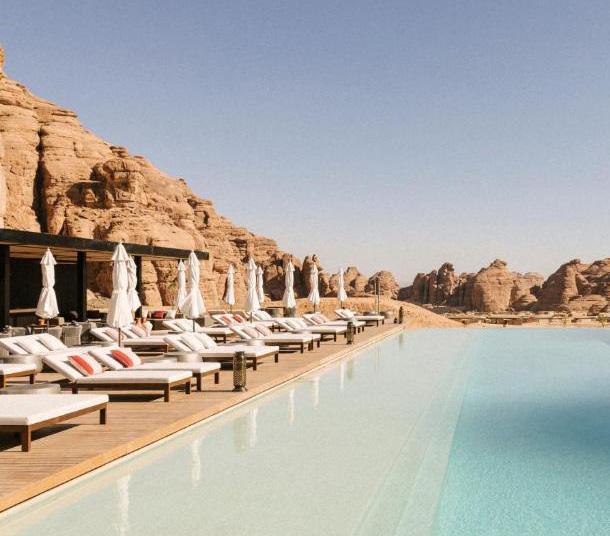

Guests will be able to book in for transformative itineraries to treat everything from fatigue, anxiety and insomnia to diabetes and digestive disorders with therapies ranging from IV infusions to cryochamber; while on-site offerings like a cooking school, museum, and rolling programme of workshops aim to foster relaxation and self-discovery.
Not a country to be left out, the UAE – which has long been lauded for its fivestar spas and aesthetic expertise – is also


“Habitas AlUla is an experienceled resort, aimed at the modern traveller, with a mindset to rewire intrinsic behaviours for ultimate happiness and satisfaction”
Oliver Ripley
Co-founder & CEO, Habitas
upping its wellness factor, rolling out holistic wellness resorts.
Among these is Zoya Health & Wellbeing Resort, the UAE’s first five-star wellness resort that made its debut last year in the UAE’s smallest emirate Ajman.
Set among the UAE’s oldest natural mangroves, rather than in the desert, the 61-room adult-only resort delivers transformative personalised development journeys for travellers seeking to nourish and invigorate mind, body, and soul.

Based on holistic and integrative methods, the transformational programmes have been created to “address the ailments of
the modern world, to be preventative rather than curative”, says Saudi owner Ameer Said. “Detoxing and therapeutic fasting is central to what we offer, combined with physiotherapy, aesthetic medicine, and the right nutrition to boost vitality.”
All guests undergo a full health assessment before being given a personalised agenda designed to address individual needs, with everything from metabolic treatments and holistic therapies to physical exercises and spiritual sessions on offer, complemented by activities like sunrise meditation, sunset yoga, mangrove kayaking and a round of golf.
Six Senses Zighy Bay, Oman
This barefoot luxury destination delivers wellness programmes (1 to 7 days) dedicated to everything from losing weight to boosting brain power. On the 7-day sleep programme, guests receive screenings and sleep tracking throughout along with personalised therapies including Yoga Nidra, Holistic Massage, meditation, and nutrition advice designed to help restore energy levels, de-stress, and establish a sustainable sleep routine.
Zoya Health & Wellbeing Resort, Ajman, UAE
Billed as a way to boost the immune system’s function and improve long-term cellular resistance, this 6-night personalised programme uses detox methods, from daily oxygen therapy sessions and IV infusions to sodium inhalation, deep tissue massage and Turkish Hammam rituals. This is paired with
a clean eating menu, daily yoga, meditation, and spiritual sessions and activities like golf, kayaking and dune trekking. The 5-star resort is set in the seaside community of Al Zorah, Ajman, nestled between some of the oldest natural mangroves in the country.

Zulal Wellness Resort by Chiva-Som
Run over 3, 5, 7, 10 or 14 nights, the Mind Body, Wellness programme is designed to de-stress, replenish, and boost the immune system via various healing traditions and holistic activities. After a consultation, plans are customised and include everything from Arabic medicine-inspired body, foot and scalp massages and heat treatments that work on mental wellbeing, to physio sessions, fitness activities and cooking classes. Add to this, daily yoga, Pilates, meditation and spiritual sessions, access to the Himalayan salt room, Hammam and arctic cave, and an in-room wellness bar.
 WRITTEN BY: LUCY BUCHHOLZ
PRODUCED BY: LEWIS VAUGHAN
WRITTEN BY: LUCY BUCHHOLZ
PRODUCED BY: LEWIS VAUGHAN
SITE: BILLINGS WAY, IKEJA, LAGOS 50MW DATA CENTRE UNDER CONSTRUCTION
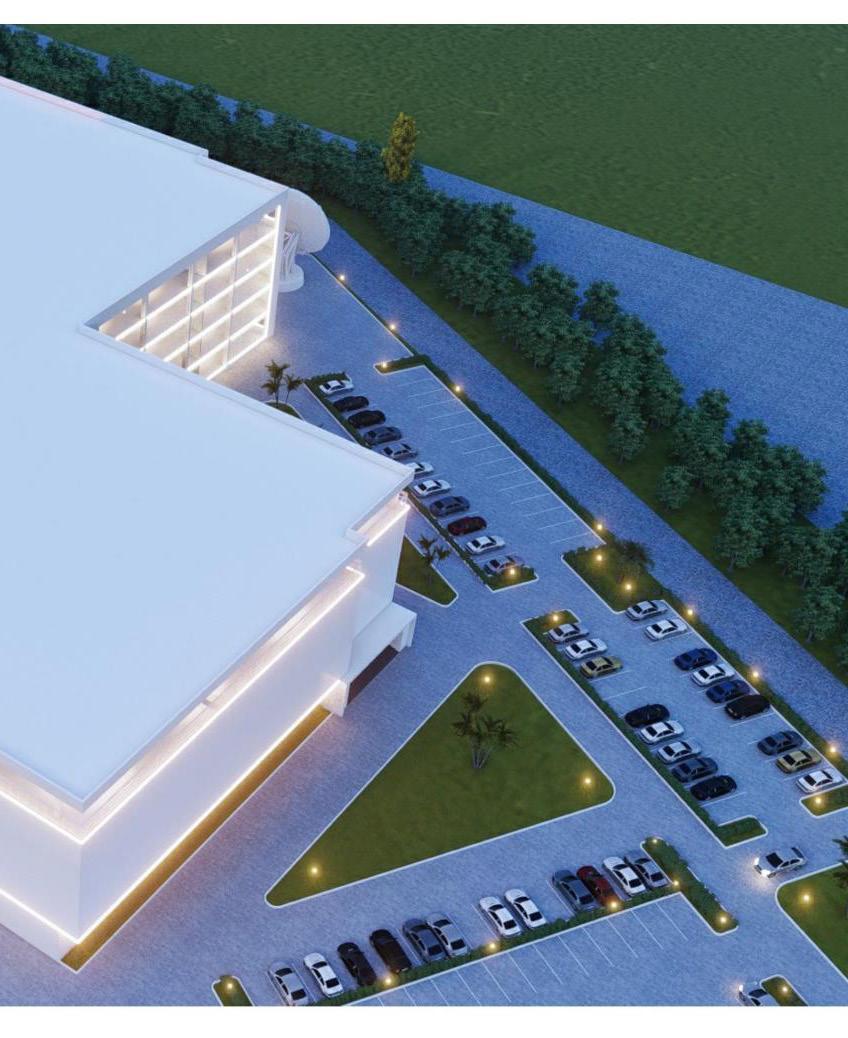
st Century Technologies Limited is a 25-yearold, mission-critical digital infrastructure and technology platform company with the singular aim of delivering robust infrastructure and skills to support a new Africa – one where technology, science and engineering are the drivers of transformation.
The business was built from the clear vision of creating state-of-the-art infrastructure in Nigeria while offering worldclass services to customers in support of critical industry problems through motivated talents and skilled workforces.
Now, as a leader in data centres, towers, power, technology platforms, and payment solutions, the business delivers reliable and secure services, with sustainability at the heart of everything it does. To do so, 21st Century Technologies strives to achieve five critical elements: infrastructure, customers, people, partnership and sustainability.
Moreover, the business is positioned to become the biggest provider of data centre capacity in West Africa with a total capacity of 75.5 megawatts across Nigeria’s capital, Lagos. This includes 1.5MW from five edge centres producing 300kW each. These data centre operations span three key sites: Apapa with 12MW, Lekki with 12MW, and Ikeja with 50MW — a site that is still under construction.

SITE: BILLINGS WAY, IKEJA, LAGOS 50MW DATA CENTER UNDER CONSTRUCTION



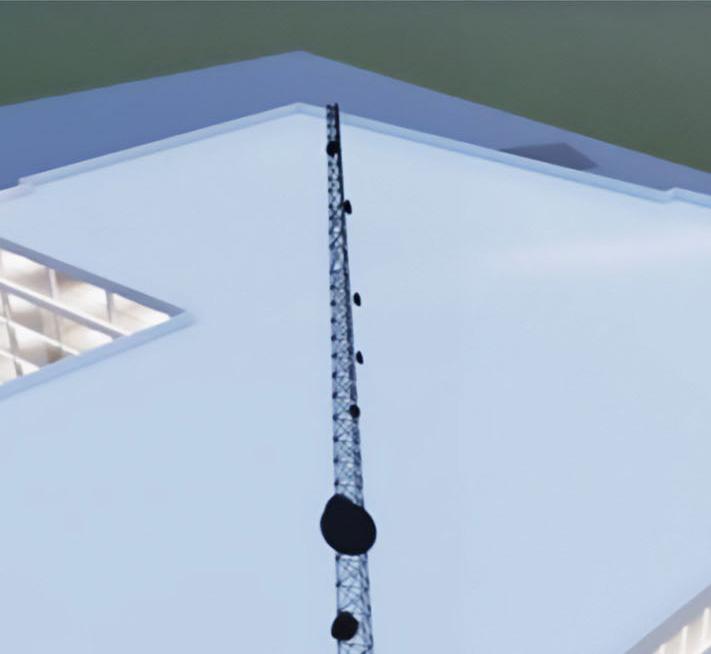
With Wale Ajisebutu, Fellow of the Institute of Chartered Accountants of Nigeria and CEO of 21st Century Technologies, we discover the amazing work being done to build Africa’s largest digital infrastructure.
Empowering Africa from Nigeria
Nigeria – where 21st Century Technologies is based – has opportunities totalling a trillion dollars just waiting to be tapped into. “With young people and an abundance of resources, Nigeria is home to huge opportunities,” Ajisebutu explains. “We sleep on gold in this part of the world. That’s the way I see it.
“In fact, one in every five people in Africa is from Nigeria, so the only enablement

“We will do anything humanly possible to make sure that we provide the necessary infrastructure, the right skilled people and global partnerships holding sustainability at the height of it all, to ensure we achieve these goals”
WALE AJISEBUTU CHAIRMAN/CEO, 21ST CENTURY TECHNOLOGIES
to tap these resources is building the right infrastructure. We decided to build a data infrastructure that digitally transforms the way we live, interact and do business. In Nigeria today, mobile technology is growing at a very high rate, with citizens now enjoying 5G.”
Technology has positively disrupted sectors such as education, financial services and healthcare, which has in turn enabled the convergence of various industry verticals. For example, telecommunication companies are offering banking services in Nigeria – providing evidence that the environment is evolving. Nigeria has proven to be very dynamic when it comes to technology. This is due, in part, to the
TITLE: CHAIRMAN/CEO
COMPANY: 21ST CENTURY
INDUSTRY: IT SERVICES
LOCATION: NIGERIA
Wale Ajisebutu is the Chief Executive Officer of 21st Century Technologies Limited, an Information Communication Technology Service Provider that was set up in 1997.
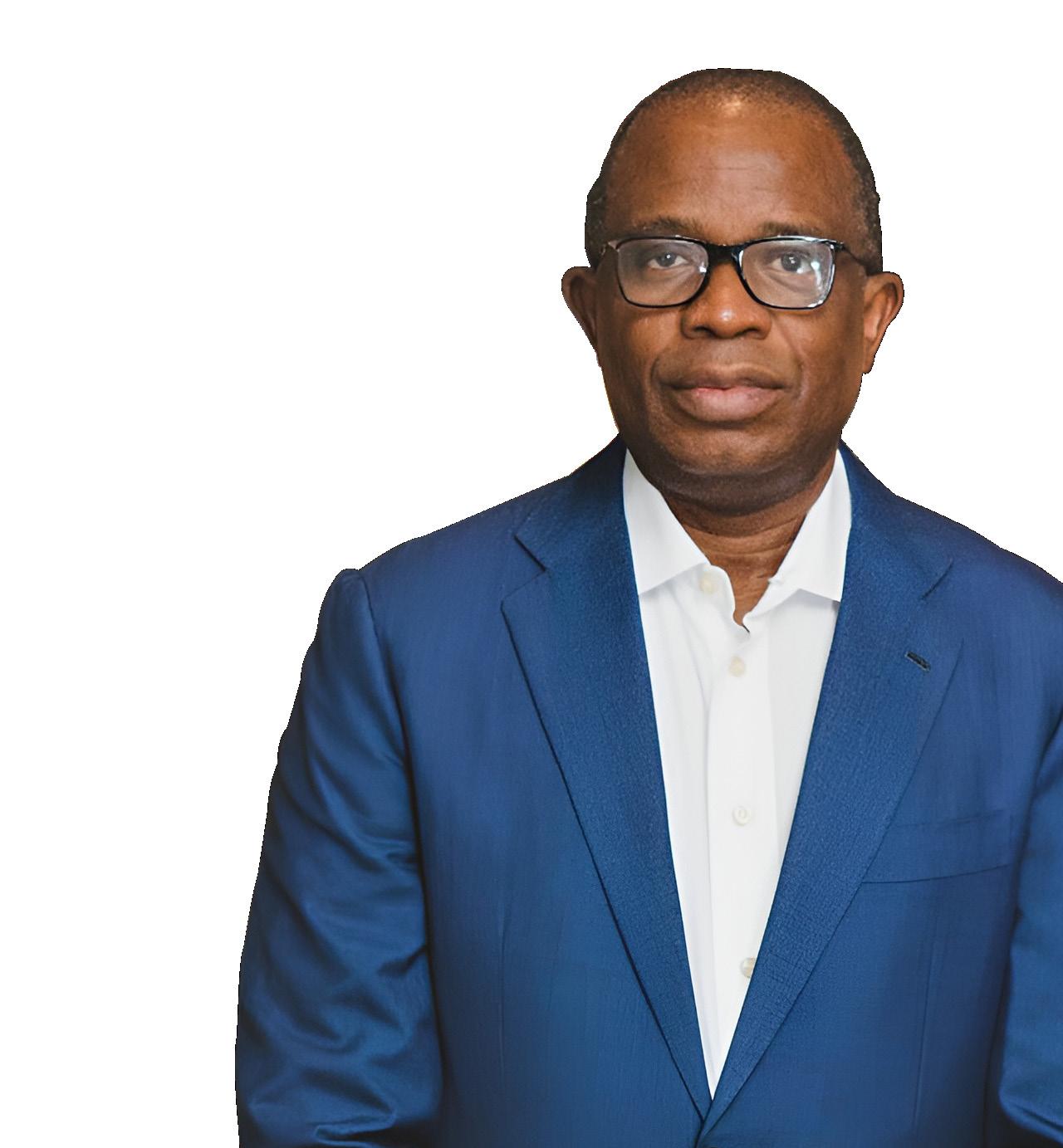
Previous to the arrival of the company he is presently leading, Ajisebutu was solely a business man who engaged in the business of importation and exportation of households, fashion and corporate items.

He launched into the ICT space in 1997 to fulfill his curiosity to explore greater challenges and become more relevant in the country.
Shortly after his venture into the sector, Ajisebutu became a big name that got many talking of his exploits
Government of Nigeria, which actively supports the sector.

“We have the best regulatory body in this part of the world, to be honest,” Ajisebutu says. “And technology business contributes 19% of our GDP. To me personally, that shows there are no barriers. There are no obstacles. You have to determine within yourself to take advantage of the opportunity. And the opportunity is there to be grabbed.”
To ensure the business is performing to the highest standards, 21st Century Technologies focuses primarily on five crucial elements: infrastructure, customers,
Honestly, we can’t do it alone
Transforming the entire energy system requires all of us to change how we do business, invest, govern, consume, and even live.
people, partnerships and sustainability – the business's core values.
To abide by the first element, infrastructure, 21st Century Technologies is currently building high-capacity, openaccess connectivity in Nigeria, which is resilient, reliable and protected. “What we’re building is very compelling,” Ajisebutu explains. “And that's what our customers want.”
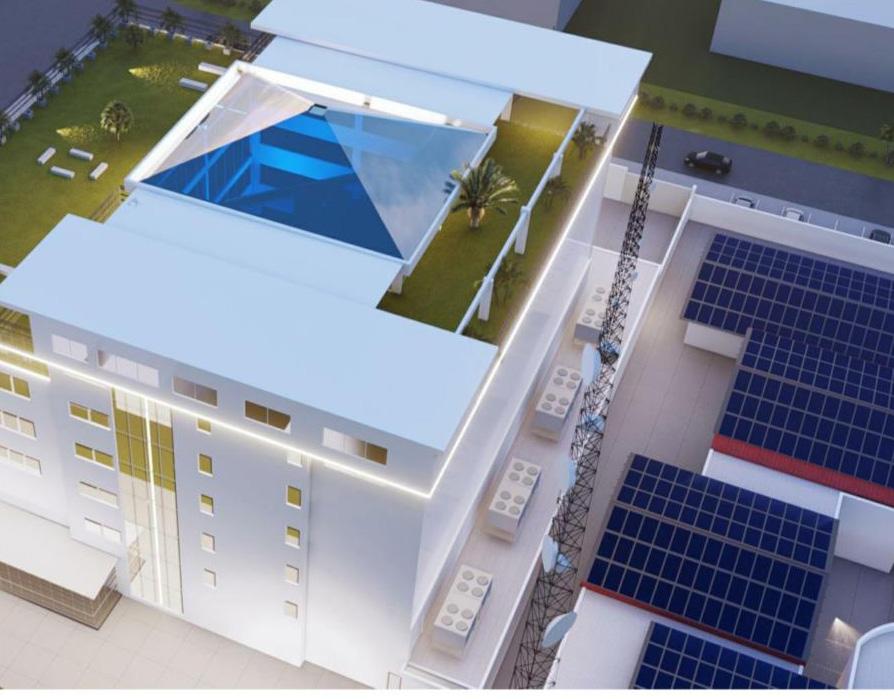
The second element, customers, highlights that technology is not the customer's core business, but it is the core of their business. 21st Century Technologies is therefore well-positioned and fully mobilised to offer technology solutions as a service to their customers. “This ensures that our customers can focus on their core business,” Ajisebutu adds, “So, we become core to their business.
“That's our philosophy, and why we have been able to reach over 1,000 companies in Nigeria. We are doing incredibly well, providing services to all of them. Without creating value for the customers, we don't have businesses offering services today. We have to be able to create value. We have to be able to make it very agile and
“Poverty is now defined by lack of access to technology, rather than geography”SITE: 5, JEREMIAH UGWU STREET, OFF BABATUNDE ANJOUS STREET, ADMIRALTY WAY, LEKKI, LAGOS. 12MW DATA CENTRE

very compelling for them to be able to use the infrastructure."
To accomplish the third element, people, 21st Century Technologies prioritises youth's development. For example, the business assembled and trained youths to rewrite the history of technology, while building the most compelling tech academy in West Africa, opened by the Consul General of the American Embassy in Nigeria. The aim is to train 10 million people in 10 years – to offer technology to the people of Africa.
Sustainability, the fourth element, lies at the heart of 21st Century Technologies. “Throughout our infrastructures, we have installed solar panels,” Ajisebutu says.
“Our 1MW solar panel powers some of the critical load we have today, and we plan to extend it to 10MW in the near future.

“We don't see challenges. We see opportunities. The greatest obstacle opens to man – as far as I'm concerned – is ourselves”
WALE AJISEBUTU CHAIRMAN/CEO, 21ST CENTURY TECHNOLOGIES
Our mission is: ‘meeting the needs of the present without compromising the ability of future generations to meet their own needs’ (United Nations 1987).
“We have just acquired 20MW of power plants, and discussion is ongoing to acquire additional 80MW, hydrogen and gas power plants to power our facilities and participate in providing power to the grid, so we take sustainability very seriously. Our goal is to become the first company in Nigeria to reach net zero – we hope to achieve this as quickly as possible.”
The final element, partnership, is the key to everything the business does. “We cannot do everything ourselves, so we work with trusted partners to ensure we cover as much ground as possible,” Ajisebutu shares. “We select the best partners in the world – those
that are pioneering in their industries — to ensure we have experts in every area.”
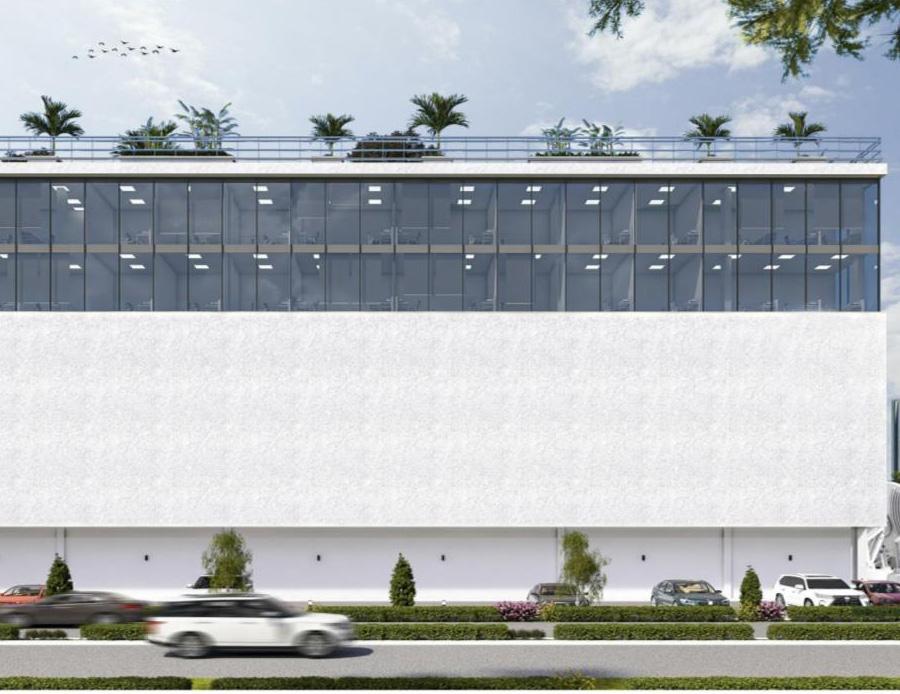
“Oracle is one of our partners, and I don’t believe that there's another company in this part of the world that understands database software to the depth that they do. We’re also partnered with Schneider Electric – a one-stop-shop for data centre infrastructures and software – they provide excellent products by excellent people coupled with excellent service delivery, we cannot ask for more. In addition, Siemens is the most advanced power company in the world with local knowledge and a positive approach to the market, to supply the power plant with power that is run by hydrogen and gas at the same time.”
21st Century Technologies is also partnered with Amazon, Microsoft Azure, VMware,
SITE: BURMA ROAD, APAPA 12MW DATA CENTRE
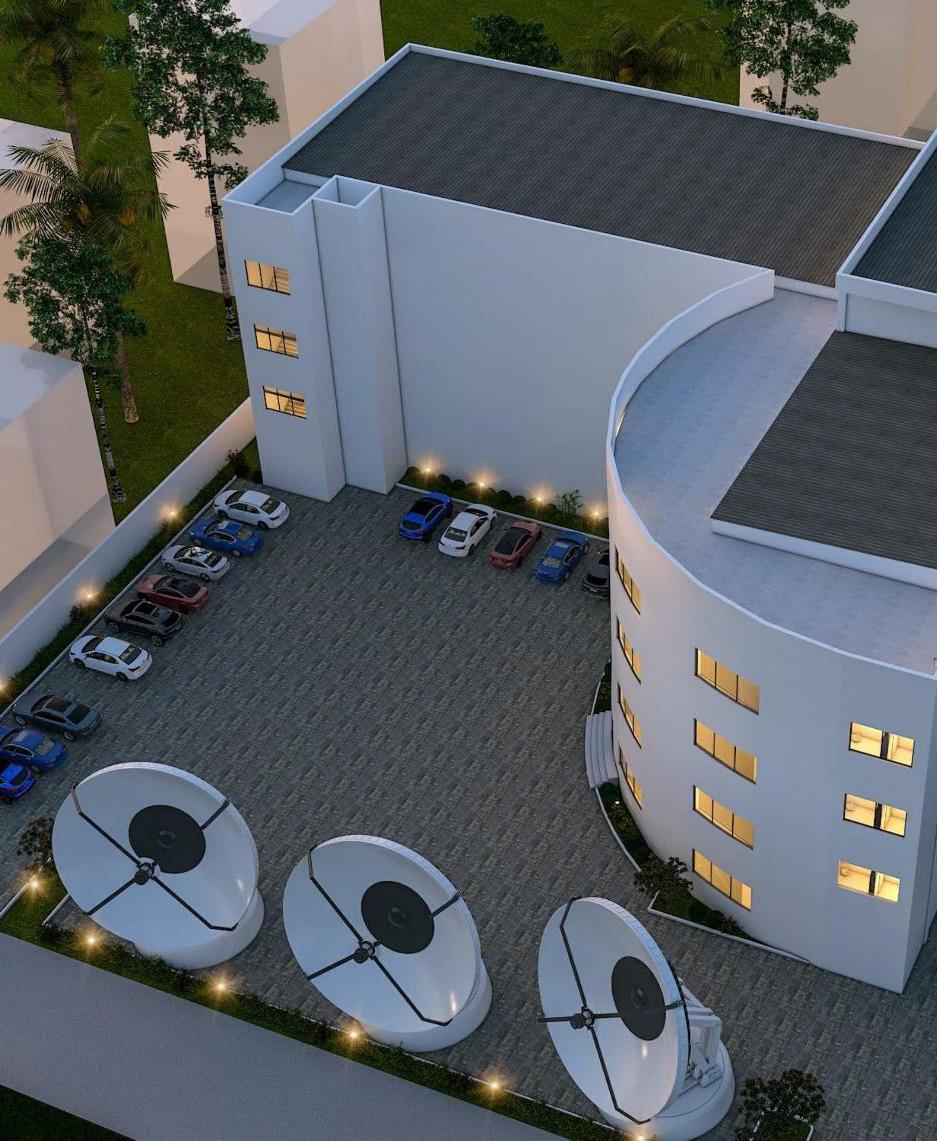
Multichoice Group, Super Micro, MIT, Glo, Airtel, MTN, NIBSS, 9Mobile and Orange.
Transparency, innovation and integrity are driving forces behind 21st Century Technologies. For example, the business is building a digital hospital to support operations in Nigeria. “We take our customers very seriously,” Ajisebutu says.
“We're entering into a good partnership and committing to our goal is key. We don't see challenges. We see opportunities. The greatest obstacle opens to man – as far as I'm concerned – is ourselves. We all face a couple of bumps in the road, but they are just to wake you up.
“We live in an era of exponential growth with technology and the internet at the heart of it all,” Ajisebutu shares. “The global data generated continues to grow rapidly without any sign of slowing down.
“More importantly, poverty is now defined by lack of access to technology, rather than geography. So we must do everything humanly possible to make sure that we build compelling infrastructure in this part of the world. And 21st Century Technologies is at the forefront of that.”
The business, therefore, feels compelled to participate in the fourth industrial revolution, having missed out on the first, second and third. 21st Century Technologies is committed to building infrastructure in Nigeria to build a reference point for technology in West Africa. To do so, the business invests in seven key areas: Connectivity, Data Centres, technology platforms, payments, people, security and power.
“We are building 75.5-megawatt Data Centres. When people question the need for it, I do not listen to their reservations,

because I know Nigeria will occupy it at the appropriate time,” says Ajisebutu.
The business is also powering data centres with hydrogen and gas-powered turbine engines. This facility is used to support the government when helping the population, ensuring life is made comfortable for the citizens of Nigeria.
“We're committed to this country,” Ajisebutu says. “We will do anything humanly possible to make sure that we provide the necessary infrastructure, the right skilled people and global partnership holding sustainability at the height of it all, to ensure we achieve these goals.”
21st Century Technologies is not slowing down. In fact, the company is racing to be a significant part of history, through the continuous implementation of board and infrastructure projects – they plan to stay ‘ahead of the curve’.
The business accelerates innovations that will provide support for intensive network

“We live in an era of exponential growth with technology and the internet at the heart of it all”
WALE AJISEBUTU CHAIRMAN/CEO, 21ST CENTURY TECHNOLOGIES
evolution and fast-track last-mile assets to digital connectivity, paving the way for a fully digitised future and supporting the digital economy. 21st Century Technologies is therefore investing aggressively to ensure this is achievable in the future.
By implementing bold infrastructure, the business continues to accelerate innovations in the area of technology solutions as well as provide support for intensive network evolution such as 3G, 4G, and 5G fast-track last-mile access to digital connectivity. Further, they will continue to deliver unique infrastructure services to our customers, vendors and partners, enabling a fully digital future.
Moreover, 21st Century Technologies will continue to build a compelling platform that will help to tackle some of the world’s biggest challenges, spanning AI and quantum computing to healthcare, aviation, logistics and construction.

The business will continue to grow at a rapid rate to become the largest provider of information security solutions, helping customers and partners define the risk in their environment and select the right technologies and solutions.
21st Century provides value that enables and drives socio-economic growth. “Technology has become part of us,” Ajisebutu explains. “We cannot remove technology – it’s become part of everything we do today, and it will continue to expand. Technology is fast becoming a resource-liberating mechanism. More importantly, with our help, technology will support Nigerians to do great things in terms of technology transformation and development.”


AD FEATURE
WRITTEN BY: SCOTT BIRCH PRODUCED BY: MICHAEL BANYARD
PRODUCED BY: MICHAEL BANYARD
intech is a challenging arena that innovates at an extraordinary pace, posing difficulties even for those with years of industry experience. The convergence of the financial world with emerging, transformative technology is rightly shrouded in language that is often difficult to decipher. That’s one of the great things about speaking with Stephen Roche and Gabino Roche, Jr. – the twin brothers
behind fintech juggernaut, Saphyre. They use metaphors and refreshingly plain language, that even a journalist can understand, to explain how forces such as AI are fundamentally changing the global financial system.
Of course, this is also important when explaining the benefits that Saphyre can offer clients and partners – and they are clearly doing a great job of that as more industry heavyweights join the ‘Saphyre Endeavour’.
The finance industry is catching on to Saphyre’s secret sauce and realising the opportunity to gain competitive advantage with AI-powered trading tools



“Firms have a concern about being left behind in today’s hyper-competitive financial services landscape,” explains Gabino. “That's why it’s important that publications like FinTech share the advances that we are making with tools such as AI, and the firms that are adapting this technology, so that we can fully convey the direction that financial services are moving in.”
“There are a lot of technology vendors who pay lip service to solving the pain points that Saphyre’s proprietary platform finally solves. Stephen and I love to tell our clients, ‘Here are the keys, you can drive the car today – not in 6 months, not in a year to get things into place’. We resolved to make Saphyre’s platform turnkey whether you are a global asset manager, a boutique bank, or a multinational custodian. When you adopt our technology, you can drive today – and you will realise the benefits. That makes the product real for an audience that tends to be skeptical of new technology.”
So, how exactly is Saphyre transforming the landscape
of financial services? It’s a question that the Roche brothers tackle on a regular basis. So much so, that they have a short and a long version ready to pitch.

“What Saphyre does is instantly set up new and existing funds securely between external financial institutions, so that they can be ready to trade quickly, while eliminating post-trade issues,” says Stephen.
“Synchronising reference data in the pre-trade space eliminates much of the existing post-trade work, or redundancies, and provides critical groundwork for the move to T+1 in North America by May 2024.”
Saphyre's functionality for a client starts in the pre-trade space, before a trade even occurs, driven by intelligence rooted in more than 105 patents. For example, if a Fortune 500 company is setting up a new pension fund, the legal entity associated with that fund may need an investment management firm (many of the world’s largest are Saphyre clients). They also need to communicate with a custodian, who needs to

then communicate with broker-dealers. It’s an intricate web of interfacing that is necessary for the whole machine to run.
Saphyre’s platform connects them all together to track that onboarding process: the Know Your Customer (KYC) protocols, the tax, legal, and compliance work –as well as the operational setups including things like order management systems. It’s a proprietary system that is unrivalled in an industry where most of this process was historically held together by a disparate patchwork of emails, spreadsheets, and faxes.
All of that helps firms to get ready to trade quickly and – with certain markets, currencies, trading instruments and asset classes – that speed is a very important, powerful benefit to these financial institutions.
A significant benefit to this up-front work being done in the pre-trade phase is that it takes around 70 to 75% of the work out of the posttrade, too.
“The analogy that I like to give is that you should be treating trades the same way
as air travel,” says Stephen. “You set up your security precautions before any threat occurs, use a black box, add AI intelligence, some automation – and you can ensure your trades land in the destination while eliminating most of the issues in the post-trade.
“Investments are currently being done in post-trade. In other words, they are in the business of putting together crashed planes and trying to get them to fly again. We're in the business of not having planes crash – ever. “
Certain industries are known to be laggards when it comes to embracing and adopting new technologies, and you could be forgiven for thinking that finance was not one of those. However, many processes are still in the relatively dark ages when it comes to digitalisation.
Gabino and Stephen both share anecdotes of some financial organisations being stuck in a time warp. This rocky horror show includes the use of faxes (remember those?), spreadsheets, and emails.
“SAPHYRE QU ICK LY BECAME THE DOM INANT PLAYER IN A MARKET THAT WAS STARVED OF TRUE I NNOVAT ION, W H ICH I S VERY IMPORTANT FOR US”
STEPHEN ROCHE PRESIDENT & CO-FOUNDER, SAPHYRE



COMPANY: SAPHYRE
INDUSTRY: FINTECH
LOCATION: NY, US
Stephen has 20+ years of business development and consulting experience in the IT solution space, working with Fortune 1000 companies and start-ups.
He spent eight years in the B2C retail environment successfully helping brick and motor stores gain market share in NYC. In 2003, he transitioned his career with AT&T, working exclusively on B2B IT solutions.
While co-founding Saphyre and managing strategic relationships with the largest financial institutions in the world, Stephen has leveraged his B2B deal-making experience to build a premiere, professional marketing arm of the upstart FinTech firm.


COMPANY: SAPHYRE

INDUSTRY: FINTECH
LOCATION: NY, US
Gabino is an adept business technology strategist, portfolio consultant, and product manager with over 20 years of experience in global IT and business operation environments at start-ups and Fortune 500 companies.
He has built successful financial products for Goldman Sachs, JP Morgan, State Street, and Credit Suisse prior to co-founding Saphyre.
In May, Gabino was nominated Industry Person of the Year at the 2023 Global Custodian Awards.
#1 Saphyre won ‘Fintech of the Year’ at the Global Custodian Leaders in Custody awards in May 2023
105 Recognised patents
2017 Year founded in US US$18.7m Series A funding
70-75% Amount of post-trade work Saphyre can eliminate
This is not representative of the entire industry of course, but it does highlight how Saphyre’s strategic relationships like FXall are using the platform to harness an entirely new approach.
Announced in February, the strategic alliance between Saphyre and the London Stock Exchange Group’s (LSEG) FXall business aims to digitise account onboarding for FXall clients through Saphyre’s AI technology.
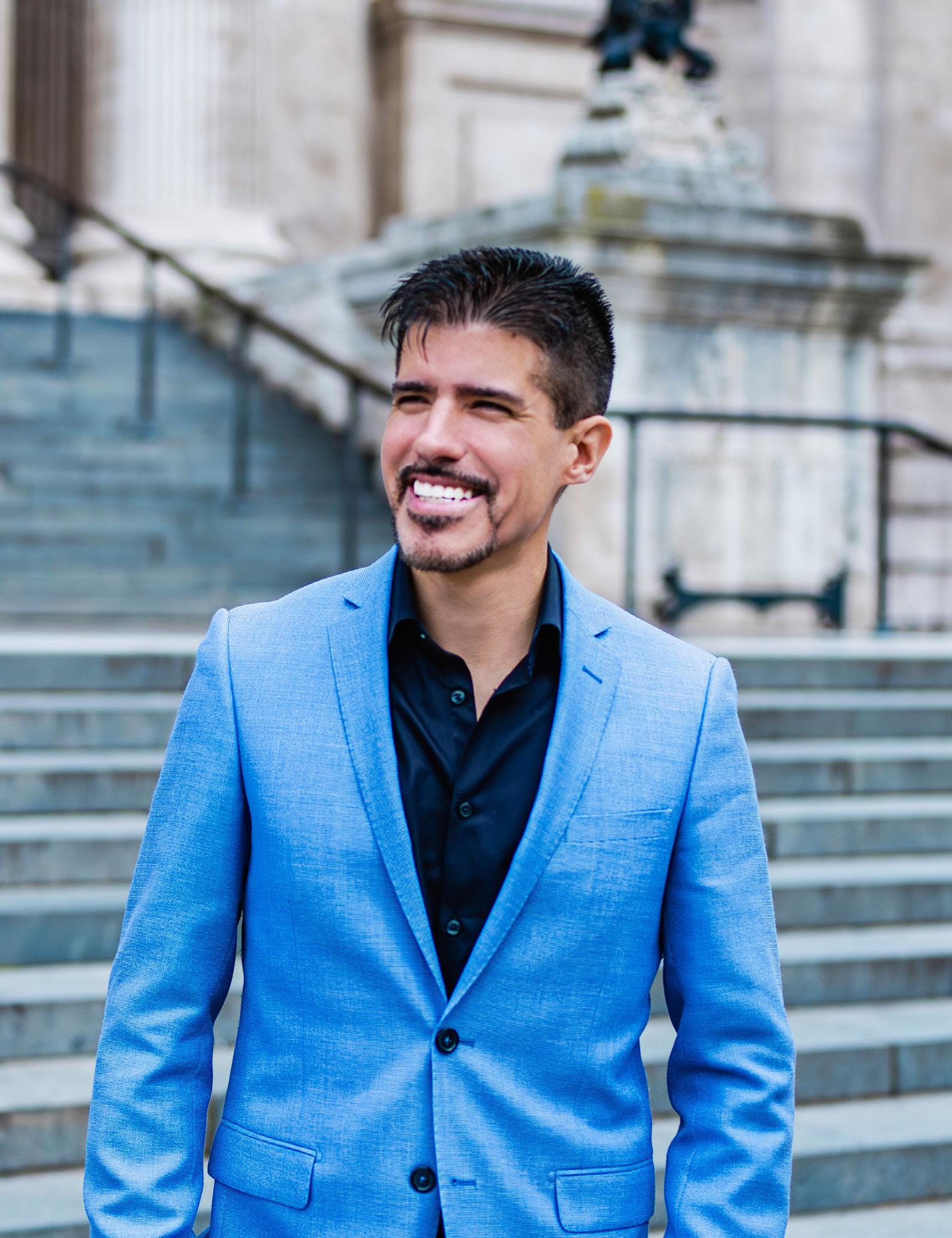
“In the old days, you'd have to call up the banks to get the currency rates for different currencies,” says Gabino. “A platform like FXall actually draws from multiple liquidity providers to give you the best price. This is significant as it proves that Saphyre is now directly linked to trading activities, which is the breadwinning side of the business for a lot of financial institutions.”
Since that announcement, a growing number of other EMS platforms have started
new formal discussions with Saphyre. Saphyre’s ability to serve multiple asset classes brings another valueadd to its clients that was previously unmet.
Traditionally, many platforms are exclusively focused on certain asset classes. If a firm wants to do a certain type of trading and processing, you have to use certain solutions associated with that asset class –creating a messy network of multiple platforms within a firm’s framework.
Agility is one thing that Saphyre prides itself on, and if you want an analogy, you are not going to be disappointed.
“We move much faster than the generally accepted pace of things,” says Stephen. “We're like a speedboat doing several runs around a large cruise ship or oil tanker.”
Market forces are also, in a way, playing into the company’s hands – with turmoil in the US banking sector, ongoing geopolitical tensions, and inflation spiking globally, to name just a few pain points. In periods of uncertainty, technology and innovation have a serious role to play, and a solution like Saphyre could prove instrumental.
Saphyre has been nominated for numerous industry awards, and Gabino has emerged as a consequential fintech influencer.
They were nominated for Fintech of the Year by Global Custodian magazine and won the highly coveted award in May 2023. They have also been featured by Forbes and the Wall Street Journal, while being regular faces on the cover of FinTech



“IN THE OLD DAYS, YOU’D HAVE TO CALL UP THE BANKS TO GET THE CURRENCY RATES FOR DIFFERENT CURRENCIES”
Magazine and keynote speakers at FinTech LIVE.
“Saphyre quickly became the dominant player in a market that was starved of true innovation, which is very important for us,” says Stephen.
It’s not all plain sailing of course, and while Saphyre has grown exponentially in a short space of time, there are still challenges to overcome. The tactical solutions that Saphyre provides are plain to see in today’s financial environment. However, the financial industry’s historic aversion to adopting cutting- edge technology is also well known.
Right now, the firms that understand the strategic benefit are realising the first mover advantage. Although much of the investment being made by institutions today is focused on posttrade, Saphyre’s entire premise is built around the concept of solving these issues from inception, in the pre-trade first.
With significant investments made in posttrade solutions, Saphyre is trying to bridge the gap
– to get leaders thinking about the pre-trade.
Stephen says there is a major opportunity to show and validate post-rate solutions using pre-trade data, and that Saphyre is working on an exciting securities lending solution right now.
“We're in the B2B space now, but this will also be repeatable to B2C. It's going to be very interesting. We are 90% there on setting that up. That will be something to look out for in the coming
months, and it will be very exciting for this space, because that's a huge addressable market that hasn't been solved yet,” adds Gabino.
It all sounds like Saphyre’s stock is rising – despite economic volatility that would keep many financial executives up at night. But every crisis presents an opportunity and Gabino believes that the silver lining of today’s uncertainty could be perhaps the greatest boon for fintech firms yet.


When reflecting on what he thinks about when getting out of bed in the morning, he gets enthused by the opportunity ahead that his team sees.
“Do we have our infrastructure in place with the right players to show how we can help them navigate these conditions in the market?” he says. “Or if we haven't, how do we get those firms to quickly adopt us so that we can help them.

The account transition issues are ongoing in the market. Can a bank remember all the account information, data, and documents and can we digitally help assist clients on both sides of the angle –the banks and depositors do this seamlessly and quickly? The answer is absolutely yes! These are the things that actually motivate us to wake up each morning.”
Stephen added, “People adopting our technology in advance of these kinds of crises will benefit from it. People who don't, will struggle, and would only then realise the change they need to make after the fact.”
“We work harder, smarter, faster to change the face of the finance industry because this is something worth striving for.”
“
HARDER
BECAUSE TH I S I S SOMETH I N G W ORTH STR I V ING FOR”
STEPHEN ROCHE PRESIDENT & CO-FOUNDER, SAPHYRE
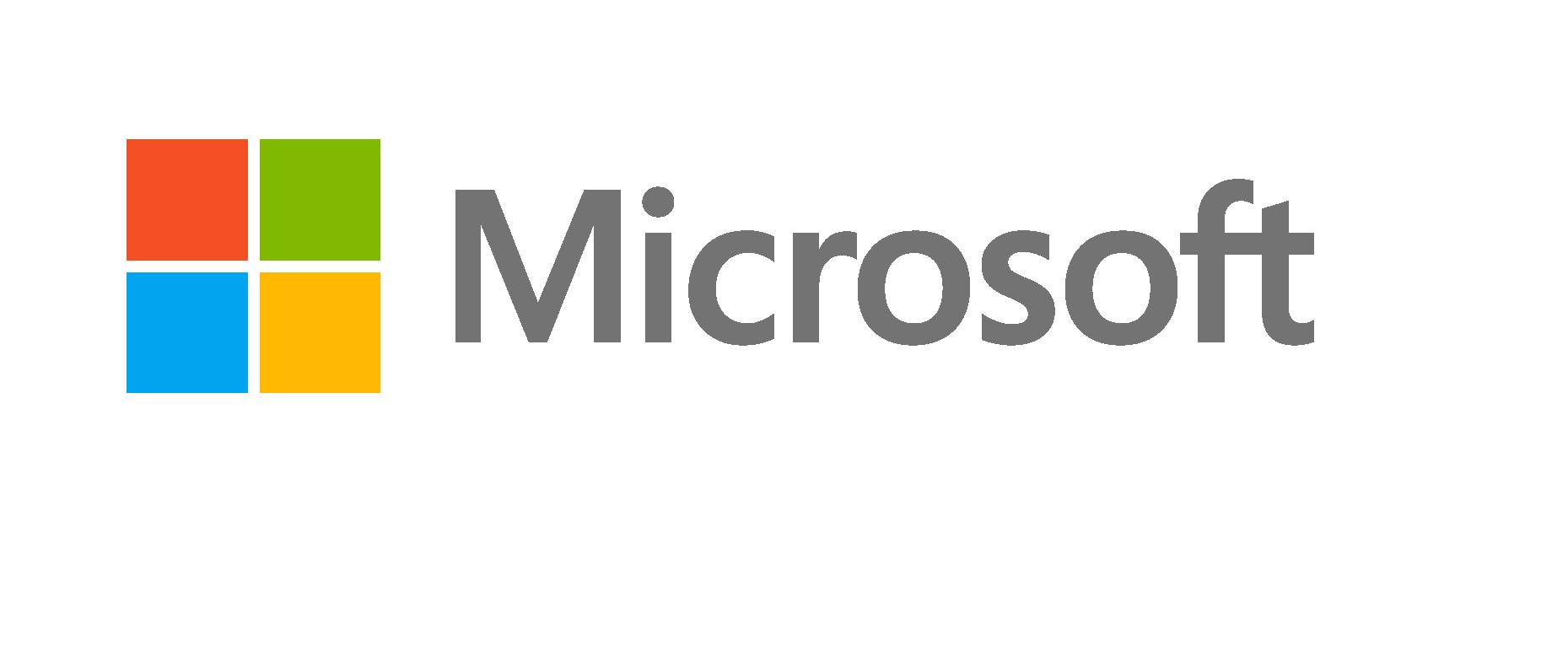 WRITTEN BY: SEAN ASHCROFT
PRODUCED BY: JAMES BERRY
WRITTEN BY: SEAN ASHCROFT
PRODUCED BY: JAMES BERRY

Helping to spearhead digital transformation programs across the process industry is no small feat, but Microsoft’s industry executive Yury Gomez is the perfect fit for the job.
Gomez – Global Chief Commercial Leader for Process Industries – has a supply chain background, which means that not only is she battle-hardened, but she also has a real-world understanding of what works and what doesn’t when it comes to manufacturing operations.

She has also been tempered by the seismic experience of COVID-19: “Supply chains have always existed. It’s always been the job of demand planners, forecasters, financial planners, and supply chain leaders to make sure products are at hand, and to take care of inventory control, product delivery, and customer satisfaction. But then COVID19 came along and, overnight, none of this worked any more. That was challenging, and I was thrilled to be on my mission to help customers overcome that challenge.”
Gomez began her Microsoft career as Global Executive Director for Pharmaceutical & Life Sciences Manufacturing and Supply Chain Digital Transformation, and had the opportunity to accelerate digital transformations during COVID-19 – a time, she says, “when customers looked to technology companies to help them overcome their supply chain challenges”.
Yury Gomez – Microsoft’s Process Industries lead – explains why the company’s tech ecosystem is driving change

Now, she leads digital transformation for all process industries – including the chemicals industry, specialty chemicals, pulp and paper, steel, pharmaceuticals, and the consumer packaged goods space.
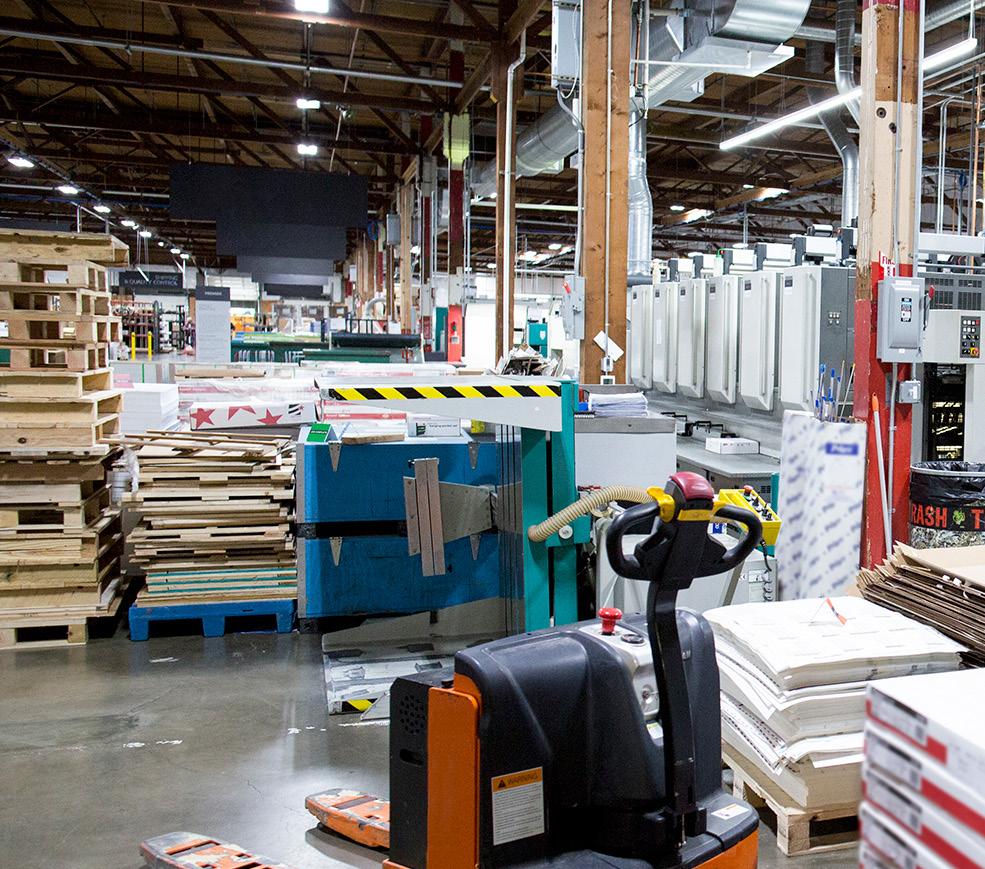
Gomez admits that, although most people know Microsoft as the company that created Windows and Xbox, for the past three years, “it has been doing a phenomenal job impacting industry digital transformation”.
Cloud helping Microsoft pioneer transformation projects
“With the advance of cloud computing and technology, we've had the opportunity to
YURY GOMEZ GLOBAL COMMERCIAL LEADER, PROCESS INDUSTRIES, MICROSOFT
“With advances in cloud computing and technology, we’ve been able to impact how industries think about the digital transformation journey”
impact how industries think about their digital transformation journey,” she adds.
The industry solutions and partner sales organisation of Microsoft is organised by industries. “In manufacturing there are two main kinds of companies: Discrete and Process,” explains Gomez. “For Discrete, you can think of aerospace, for example, but there is also process manufacturing, like chemical companies.”
Her role is to “elevate” customer journeys by “helping them envision how digital transformation can help them accelerate efficiency, increase return on investment, and transform the way they work”.
TITLE: GLOBAL CHIEF COMMERICIAL LEADER, PROCESS INDUSTRIES
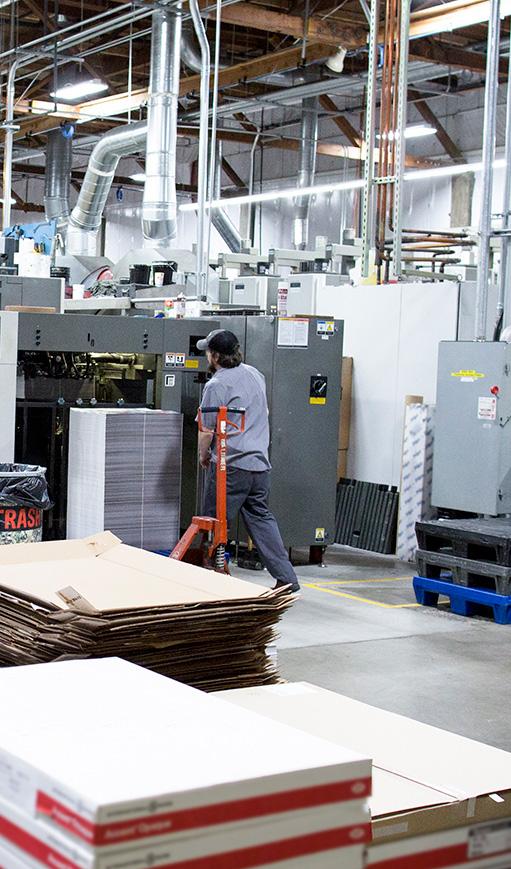
COMPANY: MICROSOFT
LOCATION: UNITED STATES
Yury is the Global Chief Commercial & Strategy Officer
for the Process Manufacturing Industry division at Microsoft. She leads the GTM strategy and sales execution for process industries including chemicals, pharmaceuticals, CPG and others. In her role, she drives end-to-end digital transformation for Fortune 100 companies and many more working with engineering, sales, and partner teams.
Yury has over two decades of industry experience. Prior to joining Microsoft, she worked for Johnson & Johnson, Solvay, and various startups where she had multiple leadership roles leading innovation, manufacturing, E2E supply chain, commercial operations, and
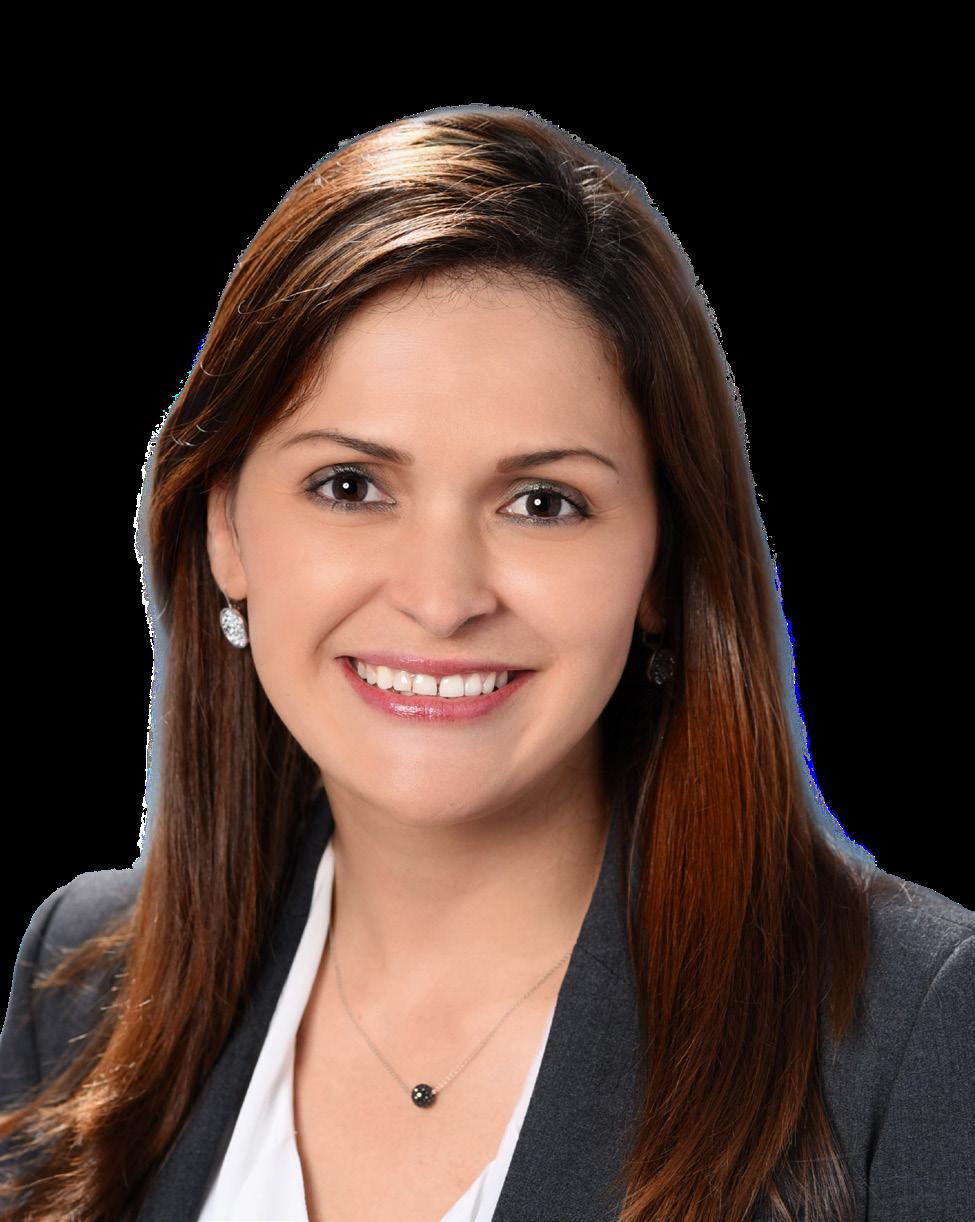
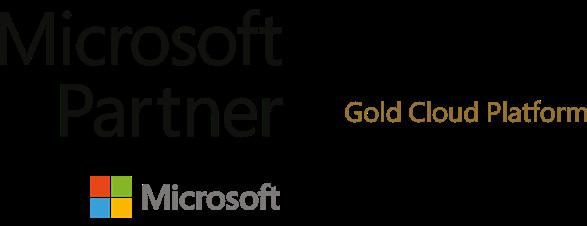


Supply chain digital twins must continue to evolve in order to drive optimal business outcomes. aThingz and Microsoft are delivering rapid transformation within global logistics organisations by fusing the informational (data), physical, and financial supply chains (the triple threat), and converging planning with execution (the double threat).
This new “Triple-Double” approach helps companies make faster, cost-optimised decisions that solve the most stubborn global logistics problem statements.
Learn more
aThingz is a unicorn supply chain and logistics solution provider enabling organisations to rapidly take cost out of their logistics spend while helping them be more agile and resilient. Customers reap accelerated value by week 6 with aThingz.
aThingz’s founders are Vijaya Neela, President & CEO and Kannan Ramachandran, Chief AI and Commercial Officer.
Vijaya establishes the supply chain transformation roadmap for customers and leads solution development and delivery engagements. Kannan is focused on aThingz’s AI strategy, managing customer relationships, and leading revenue growth initiatives.
“We are building solutions with an AI component that is a competitive differentiator for our customers. The speed and accuracy of business decisions rely on quality data. Our AI-powered purposebuilt data management solution for Supply Chain and Logistics can identify data anomalies, apply pattern
recognition techniques to standardize, cleanse, and improve the quality of data.”
Vijaya sets the vision for aThingz’s unique approach to global logistics management within the supply chain.



“We establish a customer digital twin model that overlays the physical, financial, and informational supply chain, and analyse historical planning and ongoing execution data to continuously calibrate the effectiveness of the plan. Planning and execution should not be considered two separate entities but should be a closed-loop process for optimal cost savings, efficiencies, and contextual insights.”
“We’ve been a strategic Microsoft partner for over five years,” says Kannan. “Our solution has been built ground up on their Azure stack using composable microservices. We leverage 100% of what Azure has to offer.”
“We will be co-piloting with Microsoft well into the future” says Kannan. “Our solutions use conversational AI, machine learning, deep learning, intelligent solvers, advanced heuristics, hyper automations, workflows, and alerts. Microsoft’s Azure stack has made it possible for us to drive accelerated innovation and business value for our customers.”
Gomez works with executives at C-Suite level to “better understand their business problems, how they are organised, and their operating models”. She then shares with them what Microsoft is doing in the wider world for other industries and customers.
She says: “I then go deeper into how Microsoft – with our cloud computing technology, our business applications and infrastructure – can help them transform.”
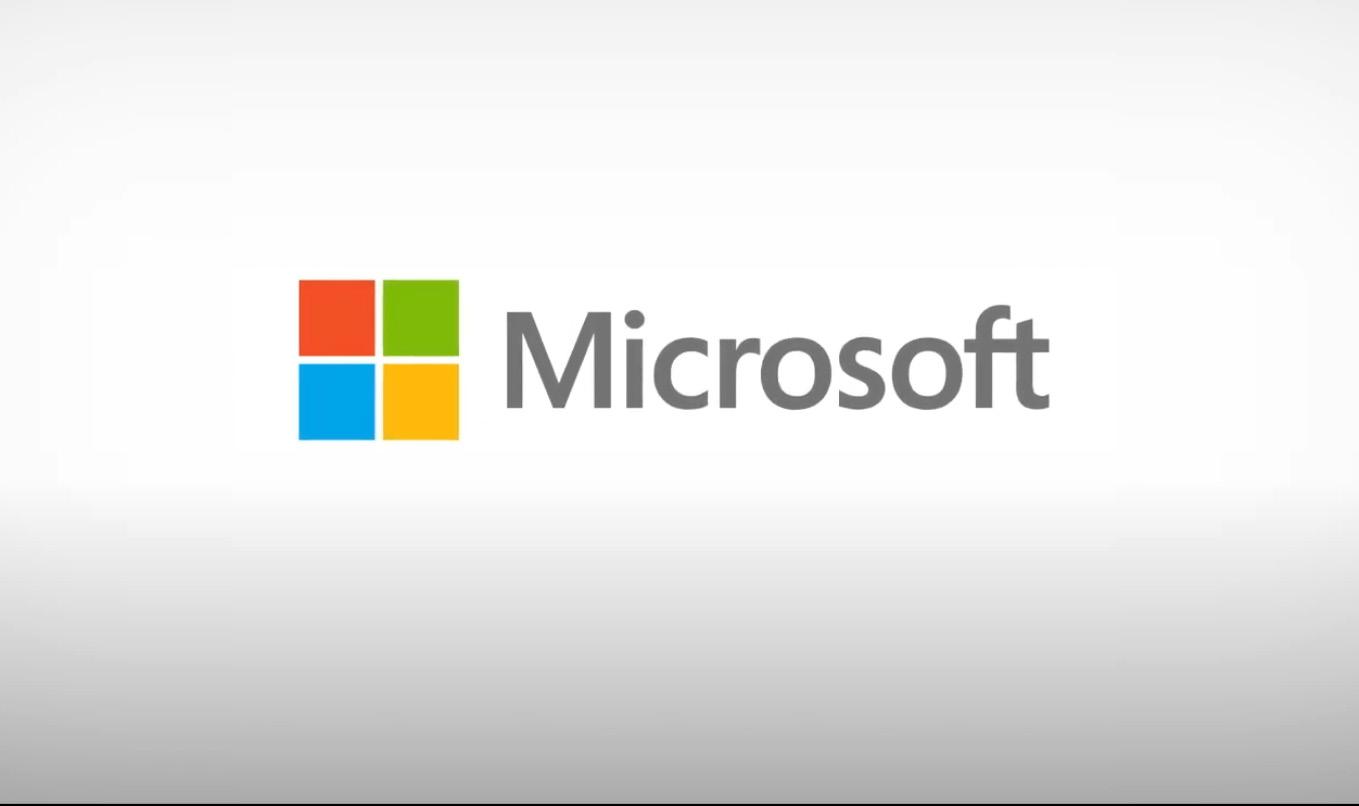
Crucially, she says, it is people who are always at the centre of my conversation with customers because “people are the lifeblood of how companies manufacture, operate and deliver products”. This approach informs Microsoft about the broader culture at the client, and the right journey and roadmap to help customers with a holistic approach to improve their operating processes and impact their workforce to work in new ways.

Microsoft empowering manufacturing firms to accelerate supply chain innovation
“We help transform everything – people, processes, data, and systems,” she explains, “so that these converge into a new journey that will transform how companies can do more with less, and in a more advanced way.”

So, what are the top supply chain challenges that her customers are facing today?
“The list is enormous,” she says, “but one thing we find most often is that customers need visibility.” This goes back to the effects of the pandemic. The main challenge is endto-end visibility in the value chain ecosystem.
“So visibility to multi-tier suppliers – not only tier one, but also tiers two and three. Also, visibility on customer data, how quickly inventory is turning over, and how the production systems are looking.”
This need for visibility has, according to Gomez, been heightened not only by the pandemic but also the knowledge that “market dynamics can impact supply at any time”.
“Take the Suez Canal blockage, or the Ukrainian war – the latter of which is causing a significant energy crisis impacting how companies operate and the manufacturing volumes they can sustain to maximise energy use.”
Despite difficulties, Gomez feels that, although the world is slowly returning to prepandemic just-in-time inventory models, today’s businesses want advanced digital tools to manage supply chain uncertainties.
Digital cloud-native technologies such as AI, analytics, blockchain, and IoT are helping customers build resilience and more visibility. Hence why end-to-end supply chain ecosystem visibility has become supremely important, she says “to improve production, planning, logistics, and cost efficiencies”.
Another challenge is how organisations can secure their supply chain “all the way to customers”, which she says makes logistics visibility and optimisation vitally important if companies are to achieve operational and financial goals.
Supply problems are in a constant state of flux Gomez and her colleagues at Microsoft seek to bring order to a disordered world, but she concedes that the challenges shape-shift from month to month, and that technology
also needs to change fast also to meet the needs of the evolving industry market.
“The pandemic is largely over but we’re continuing to see labour shortages that are impacting manufacturing industries, and manufacturing is a big piece of enabling the supply chain,” she says.
“People are also retiring younger, and there’s a lack of skilled people who know and understand digital technologies. Businesses have to operate faster to have competitive advantage, so all this is a challenge that’s added into the existing complexity.”

Gomez also references the rampant inflation occurring around the globe: “This is putting a lot of pressure on companies to digitise even faster to reduce their operating costs.
“So, a customer that has already started on the digital transformation journey and is getting close to a higher maturity stage – and that has visibility around suppliers, customers, and manufacturing production – is suddenly hit by spiralling inflation. It can sometimes feel like it’s difficult to keep up, especially if you are trying to do this on your own.”
She adds: “Taxes are also rising, and debt is increasing, and companies need to pass this down to consumers or customers. But to what degree? How far can they go before customers seek out a competitor, whose prices are lower?”
These are the kind of fluctuating dynamics that Microsoft is helping businesses tackle, mainly through its cloud solutions.
AI-enabled cloud products mark out Microsoft as unique for industry digitalisation
Its AI-enabled cloud products mark out Microsoft as unique. They demonstrate the company’s commitment to industryspecific standards and communities, such as the Open Manufacturing Platform, the OPC Foundation, and the Digital Twins Consortium.
Coupled with this is its innovative partner ecosystem, featuring composable and extensible solutions that seamlessly connect people, assets, workflows, and business processes.

“Our technology is giving businesses more intelligence and visibility than ever before, while making operations more adaptable,” she says.
Data is, it seems, the key driving force – both in the need for such solutions and the way in which they operate, as Gomez says: “We realise that though companies have a lot of data, it's siloed so they can't make much sense out of it. So we give them the infrastructure and technology they need to unify this data, helping them gain advanced insight into their supply chain to make better decisions.”
Referencing Microsoft’s partner ecosystems, Gomez says the company “leverages partners to help industry”,
adding: “Every customer wants to prioritise certain aspects of their supply chain, and we have partners that play very well to all these various needs – whether it’s end-to-end or for specific functions of the supply chain.
“We partner with ecosystem companies to bring the operational efficiency and agility that companies are looking for. Most importantly, we recognise customers’ need to simplify the way they work with vendors while ensuring a secure platform that’s flexible and extensible. We built Microsoft Supply Chain Center because we recognise this security and flexibility is very important.”
Gomez describes Microsoft as “the most trusted, secure cloud provider that provides the infrastructure and connectivity to partner solutions”, adding that the very nature of the platform is to recognise that “no one partner has everything a customer needs and so it provides a platform to enable an ecosystem of solutions”.
This ecosystem is helping Microsoft modernise supply chains, which by nature are complex, and involve many operational steps and activities, whether it’s manufacturing, procurement or logistics.
“There are many partners we work with to address the various challenges in supply chain,” says Gomez, “and we bring them together to light up the digital transformation of the supply chain.”
She adds: “Partners are the lifeblood of how we execute transformation. They have deep knowledge of the industry and know what, exactly, is the right solution. And then we, Microsoft, bring our secure and intelligent infrastructure technology
to enable our partner to deliver a solution that is secure and that leverages the best cloud-based digital capabilities and latest solutions to enable customers to become more agile and resilient.”
Businesses, she says, have discovered that operational and supply chain resilience is the key to their competitive advantage; to help them build this resilience, “I encourage customers to work with us to advance their digital journey”.
“The start point is always what they are doing today,” says Gomez. “What's your current state? What are your top operational problems? What is your digital maturity? Then we bring them the digital solutions and roadmaps to help them orchestrate, so they can better plan and optimise to improve their supply chain visibility, execution and logistics models.”
“Most importantly,” she adds, “we deliver all of this in a secure manner, meaning customers can really embrace digital transformation.”
This is where Gomez’s supply chain experience stands her in good stead.
She says: “Before Microsoft, I was part of industry myself. I was a leader of supply chain, and so I understood that supply chain people often don't know how to get started on digital transformations.
“To build resilience, supply chain leaders have to understand how digital capabilities can enhance each step of the supply chain operational process. It’s about working with partners and getting a dynamic going. I think that’s how companies can start their journey toward building a more resilient supply chain.”




6 - 7 September 2023
Business Design Centre, London
SPONSORSHIPS GET YOUR PASS